During the 1970s, Hamburg became a hotbed for countercultural movements and political activism. Influenced by the global events of the late 1960s, such as the Vietnam War, the civil rights movement, and the sexual revolution, young people in Hamburg began questioning traditional values and societal norms. They sought to create change through various forms of activism, including protests, sit-ins, and the establishment of alternative living communities.
One significant event that defined Hamburg’s counterculture in the 1970s was the formation of the Hafenstraße squats. In 1973, settlers occupied several vacant buildings along the Hafenstraße, a street near Hamburg’s port. Over the years, the squats evolved into a vibrant, self-governed community that provided affordable housing, artist spaces, and a hub for political activism. The Hafenstraße squats symbolized resistance against gentrification and a breeding ground for leftist political movements.
Read more
Music and Art Scene
The 1970s also witnessed an explosion of creativity in Hamburg’s music and art scenes. In music, the city saw the emergence of a thriving punk and new wave movement, with local bands like Die Goldenen Zitronen and Abwärts gaining notoriety. Hamburg’s music scene was further invigorated by the success of the Star-Club, a legendary live music venue that hosted acts such as The Beatles, Jimi Hendrix, and Little Richard in the 1960s.
In addition to the flourishing music scene, Hamburg experienced a renaissance in the visual arts, with numerous galleries and museums showcasing contemporary works. One notable artist who emerged from Hamburg during this period was Sigmar Polke, a painter, and photographer known for his experimental techniques and satirical commentary on consumer culture.
Women’s Movement
The women’s movement also played a significant role in shaping Hamburg’s sociopolitical landscape in the 1970s. Women in Hamburg mobilized to fight for gender equality, reproductive rights, and an end to sexual violence. One notable event during this time was the founding of the Frauenhaus Hamburg, a women’s shelter established in 1976. The Frauenhaus provided refuge and support for women and children affected by domestic violence, becoming a vital resource for the city’s growing feminist community.
Political Shifts
Hamburg’s political landscape in the 1970s was marked by a shift away from the traditional dominance of the Christian Democratic Union (CDU) and the Social Democratic Party (SPD). The Green Party, founded in 1980, had its roots in the environmental, anti-nuclear, and peace movements that gained momentum in Hamburg during the 1970s. The emergence of the Green Party signaled a broader change in the city’s political climate as citizens increasingly sought progressive alternatives to the established parties.
Here are some fascinating vintage photos that will take you back to the 1970s in Hamburg.


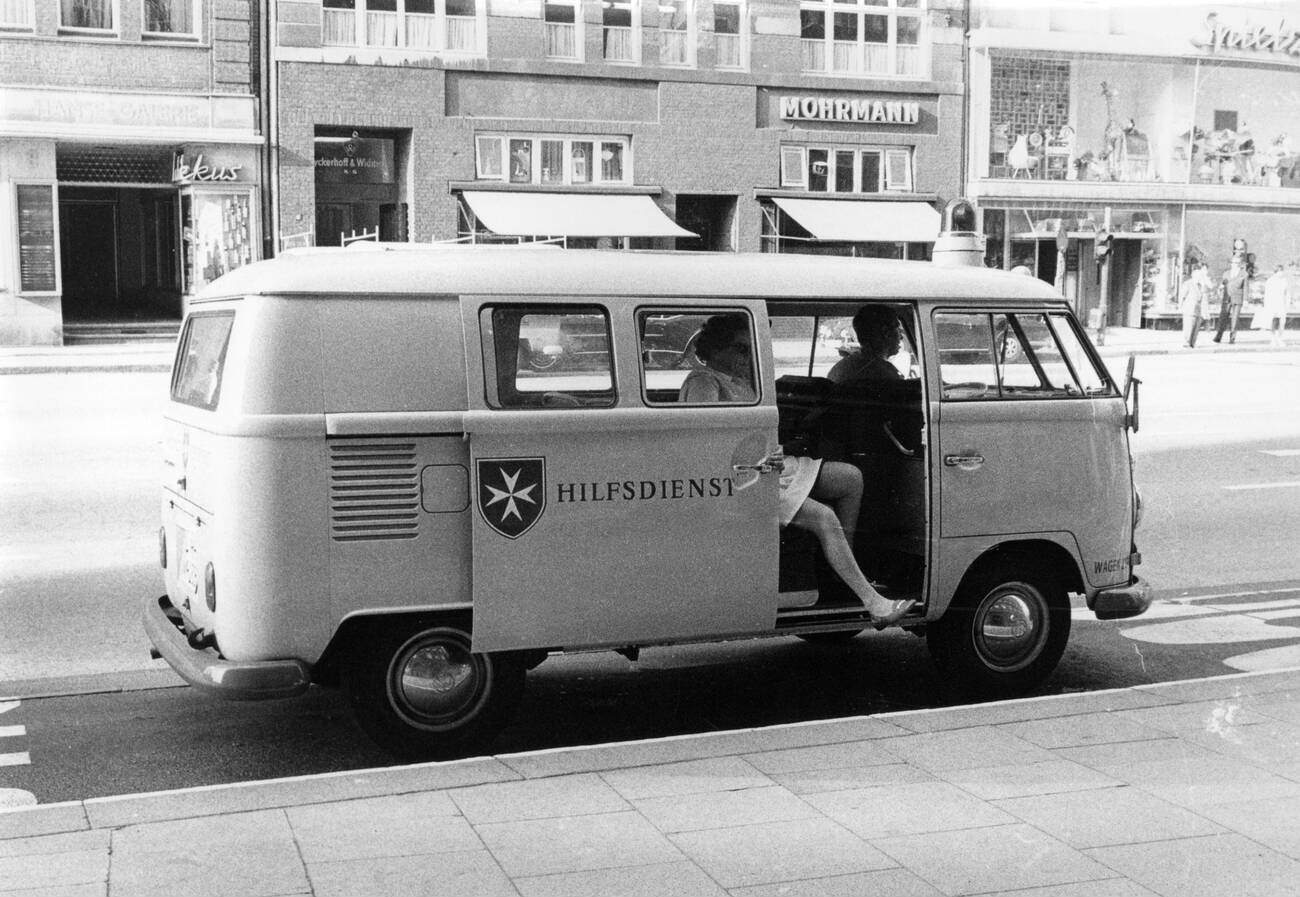
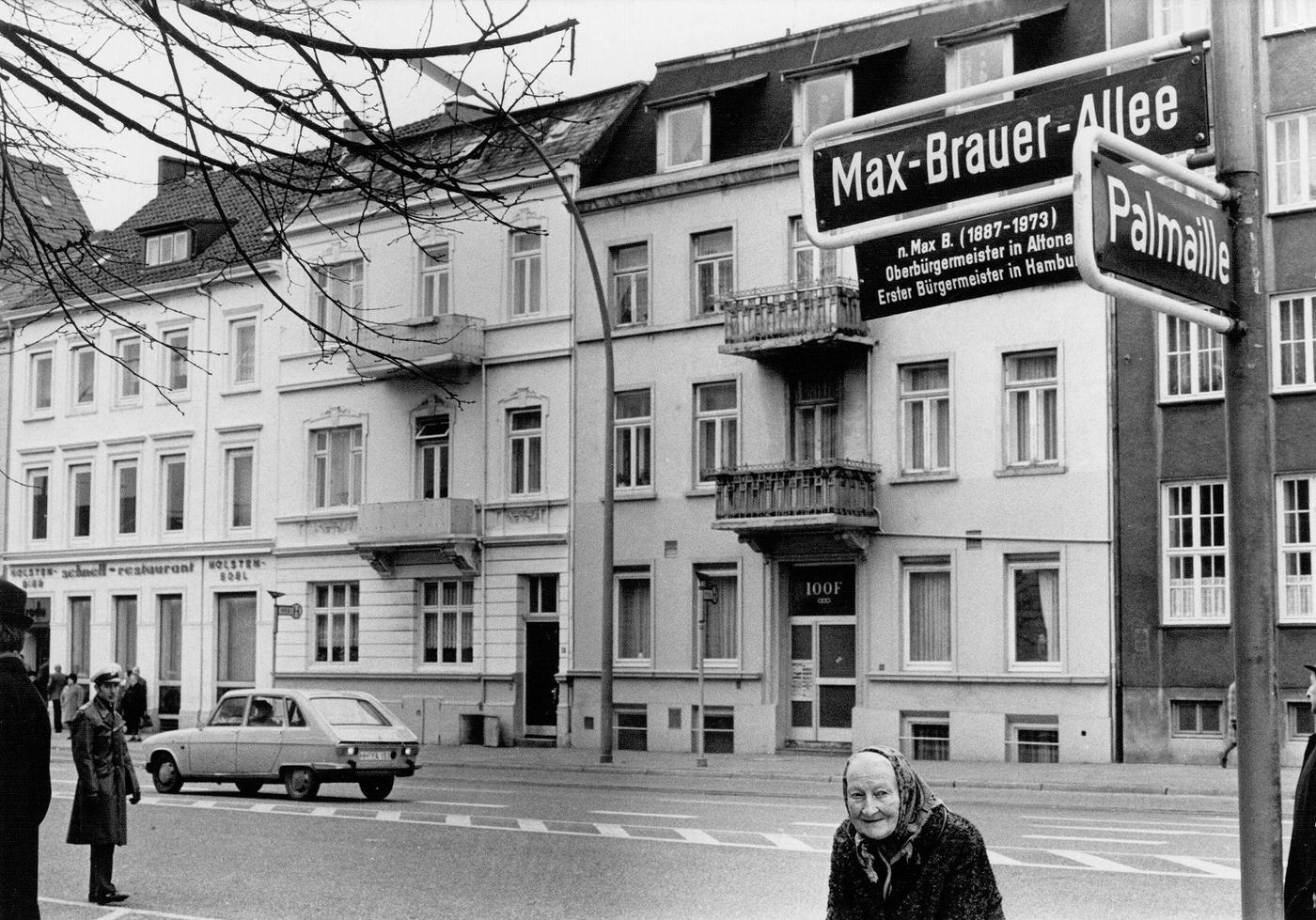
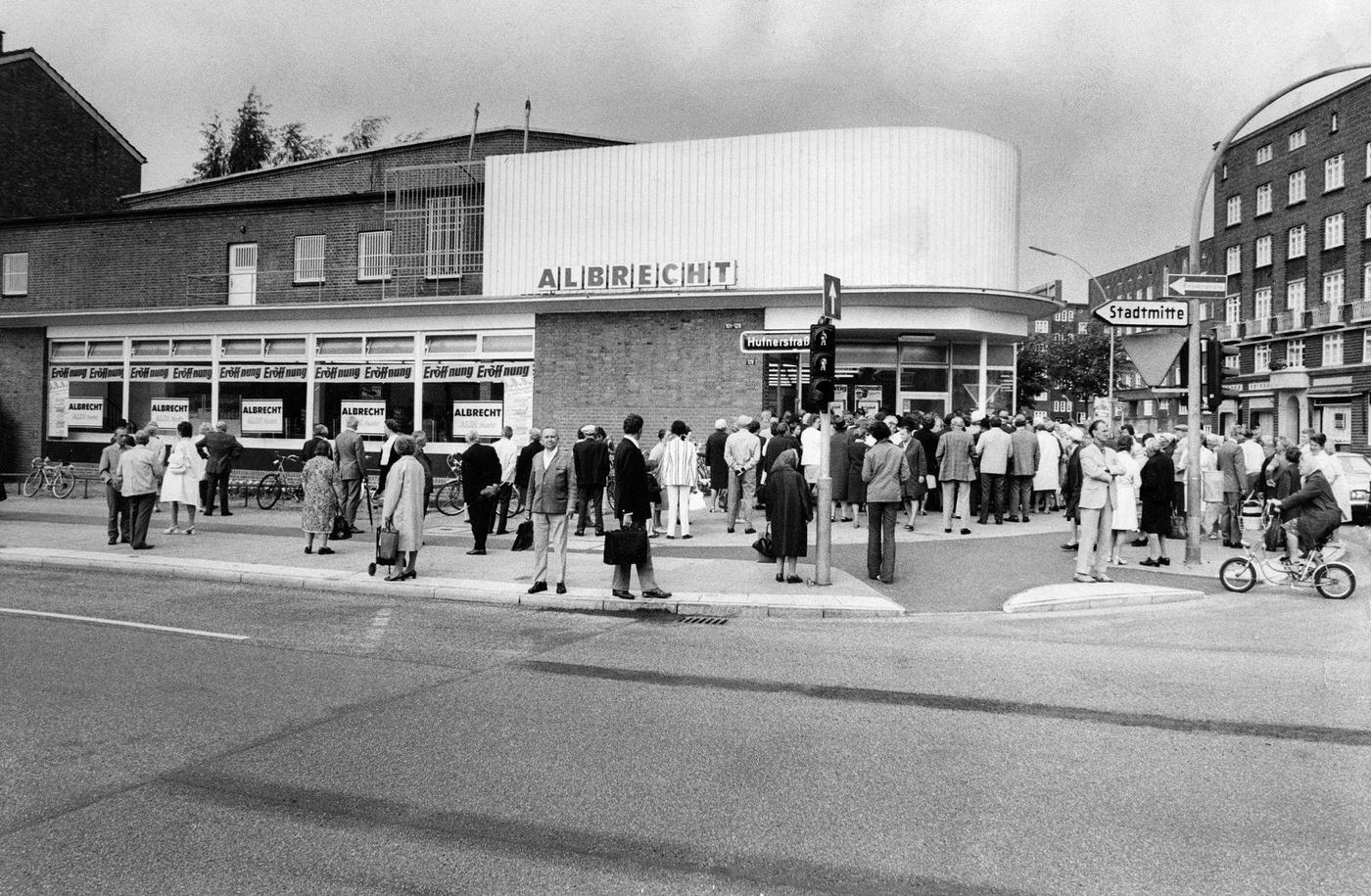
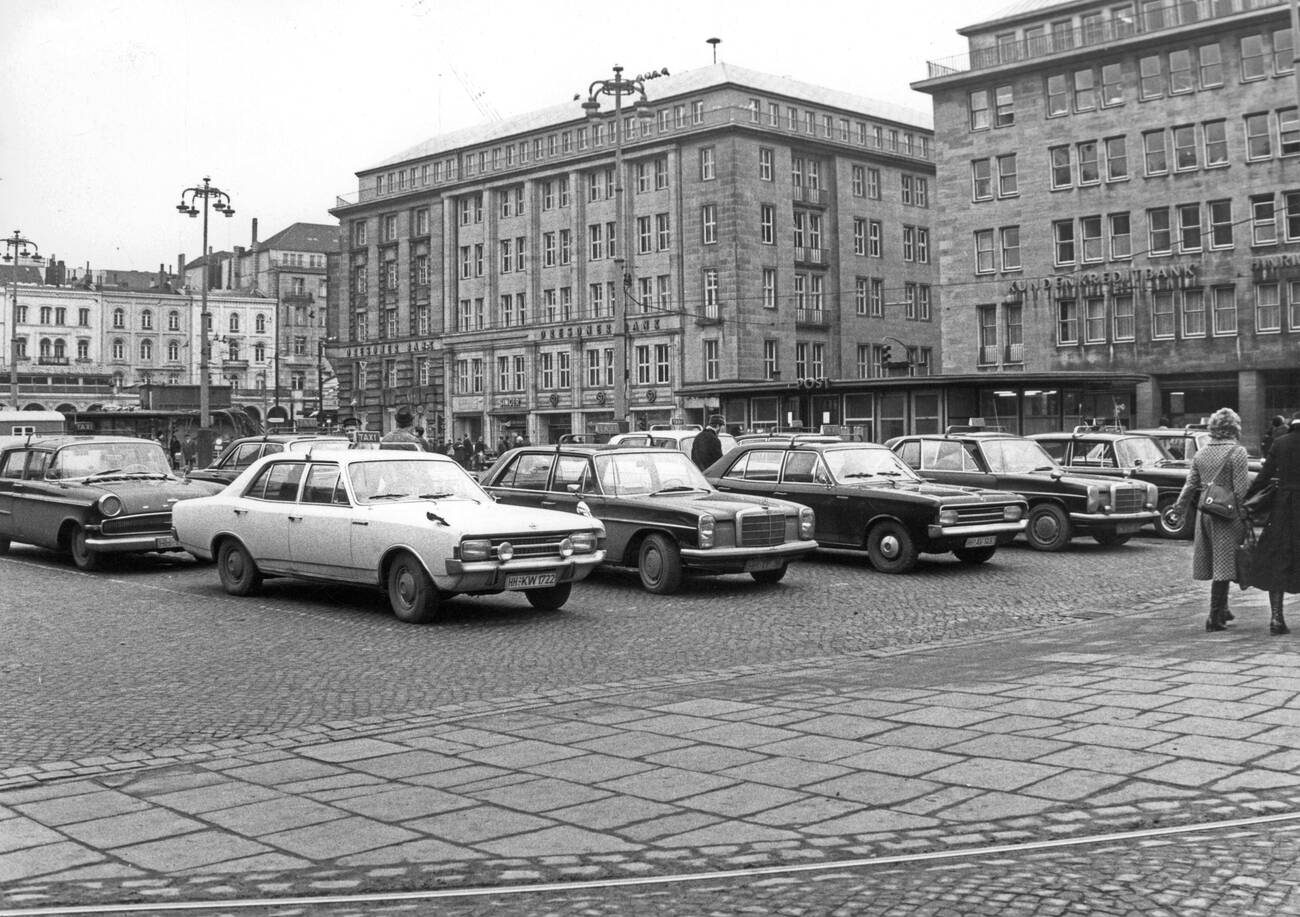
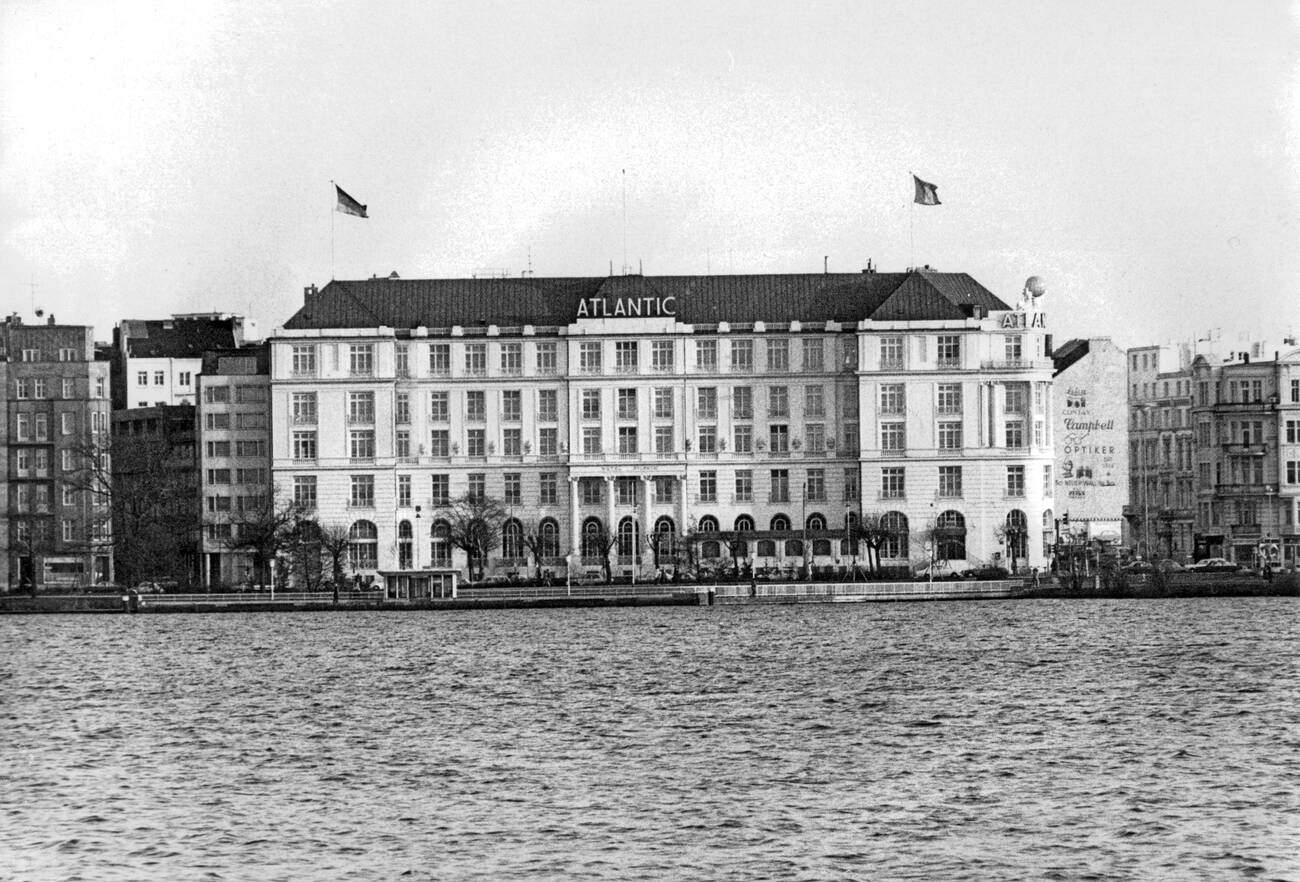
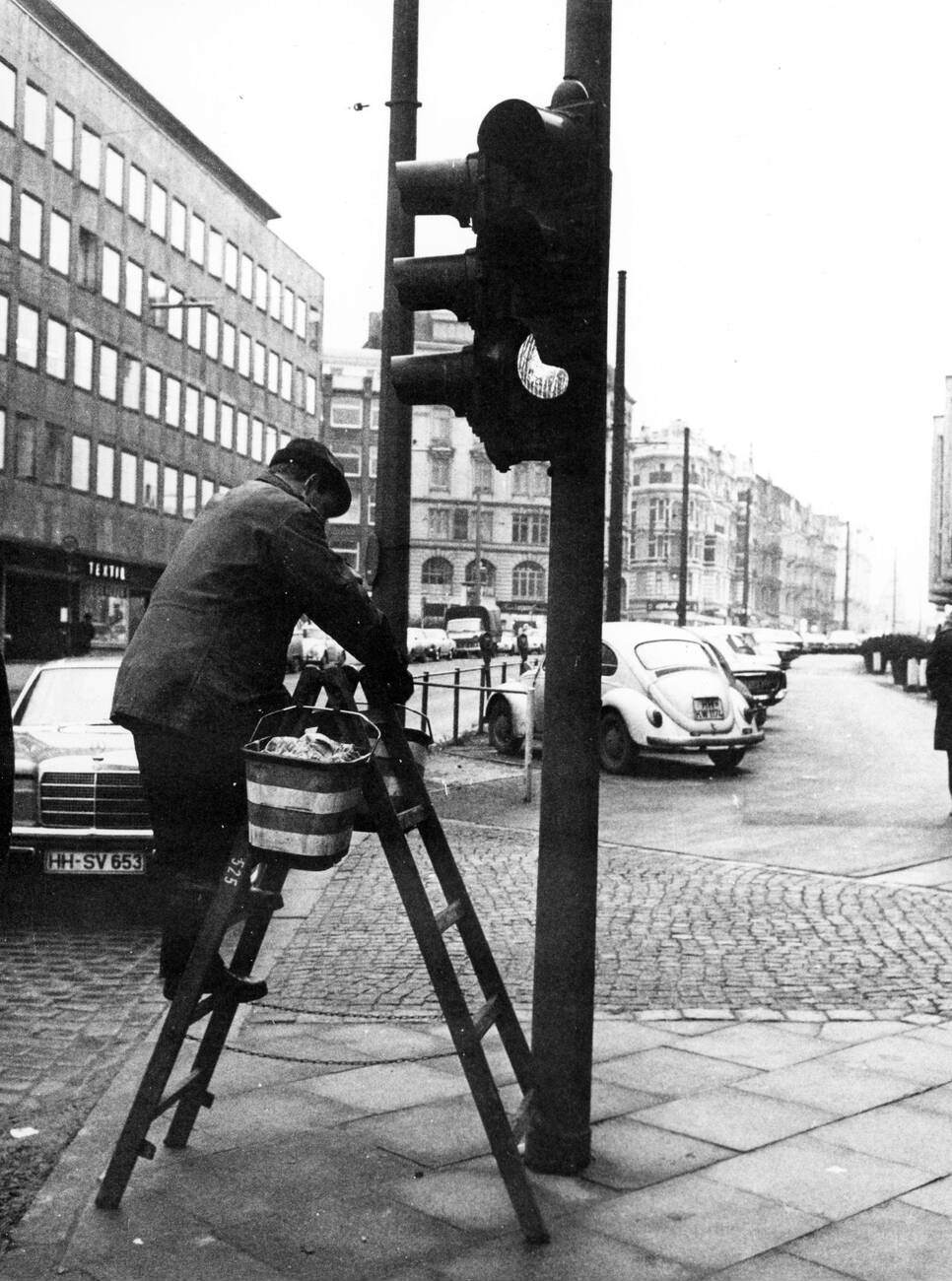
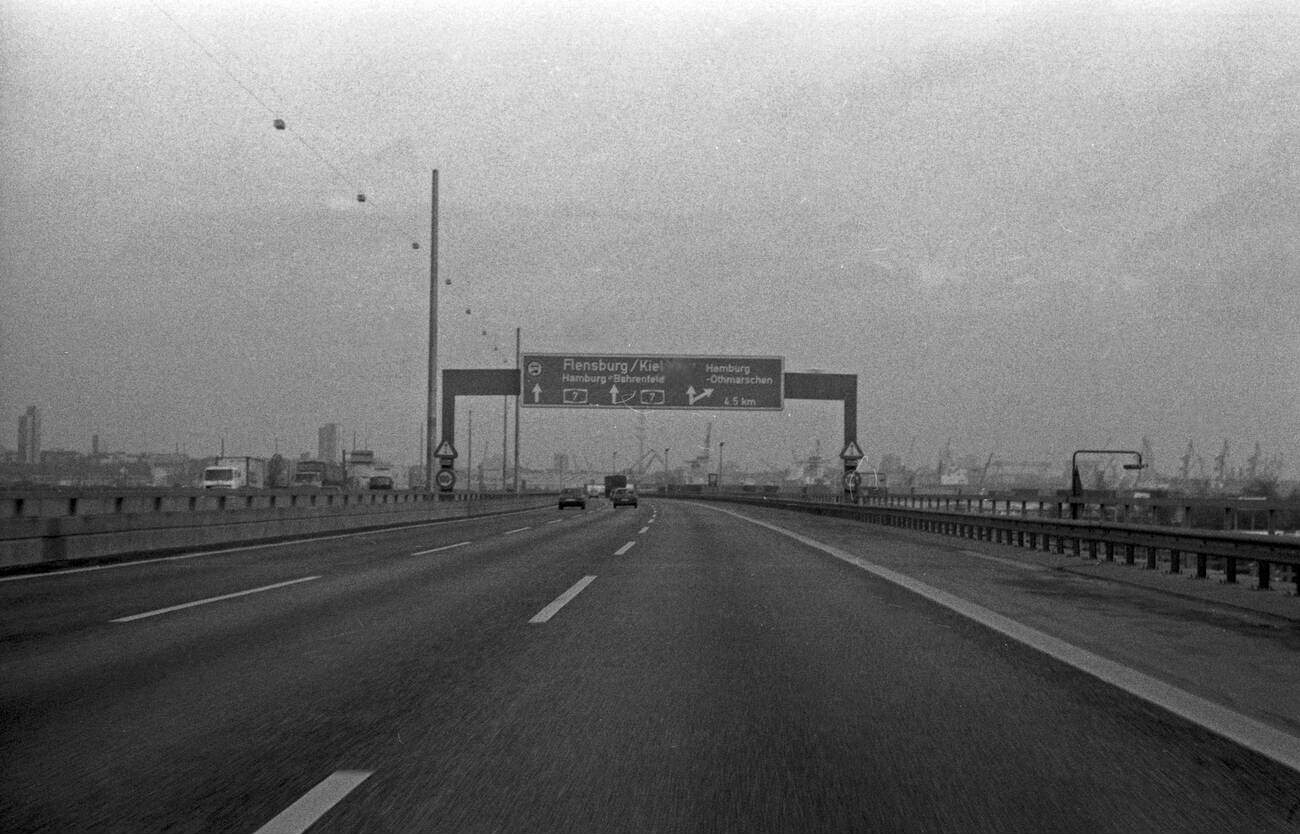
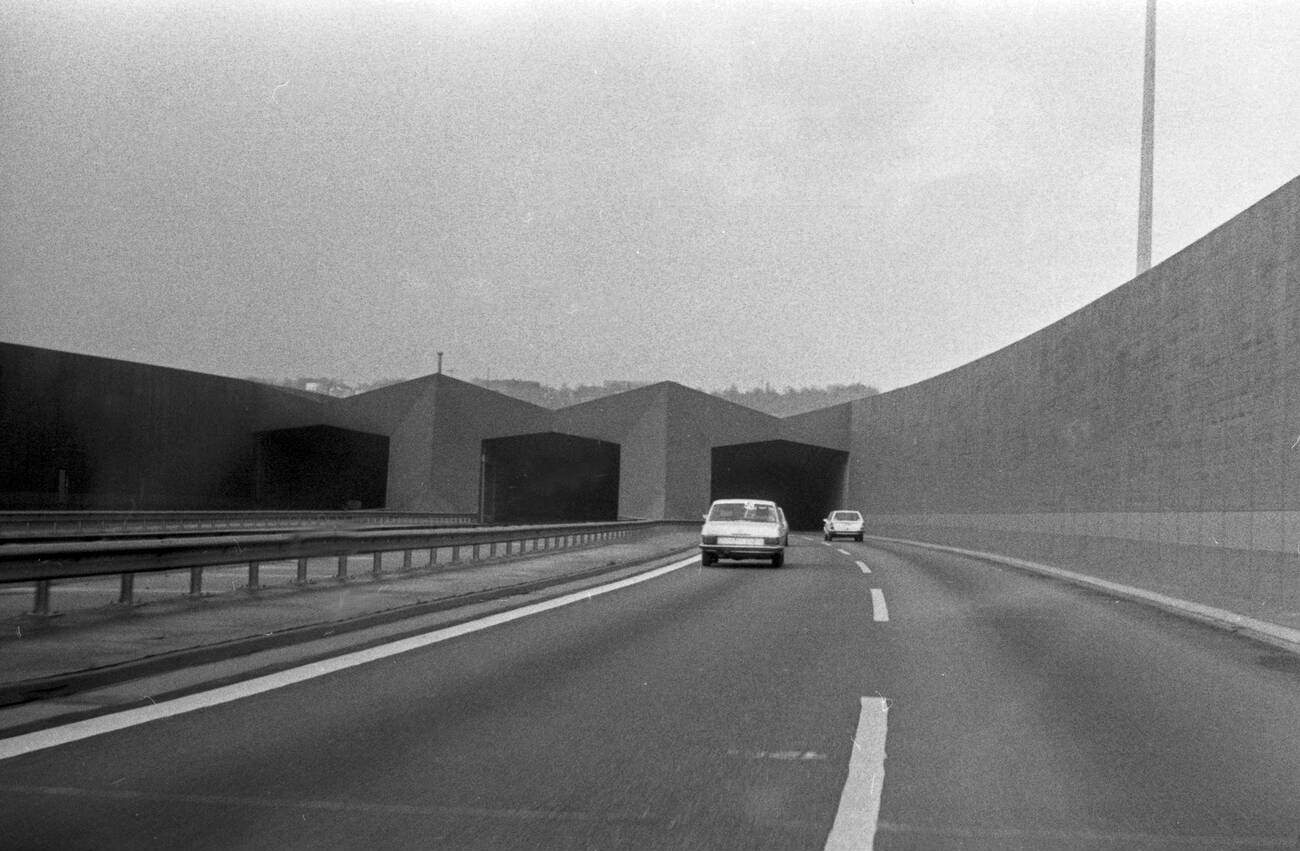
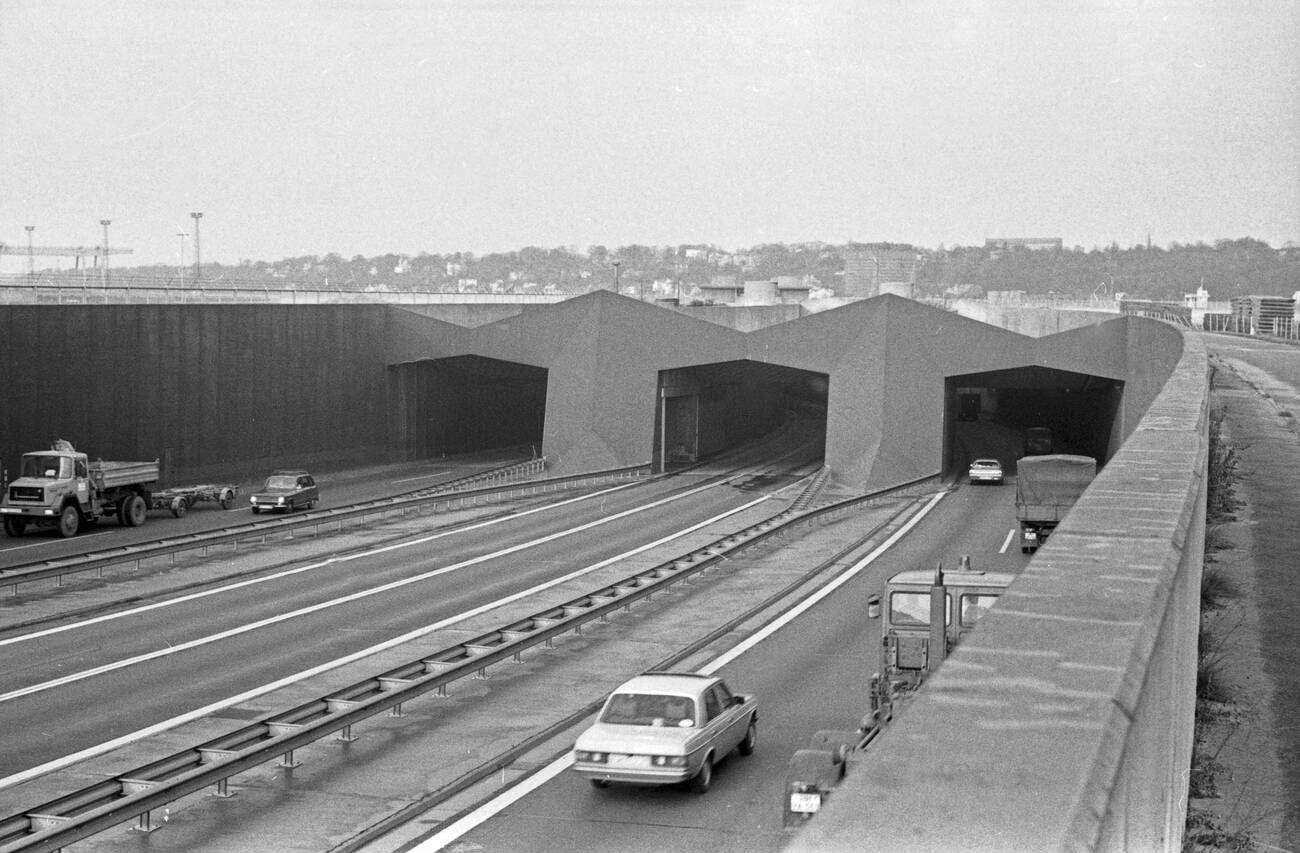
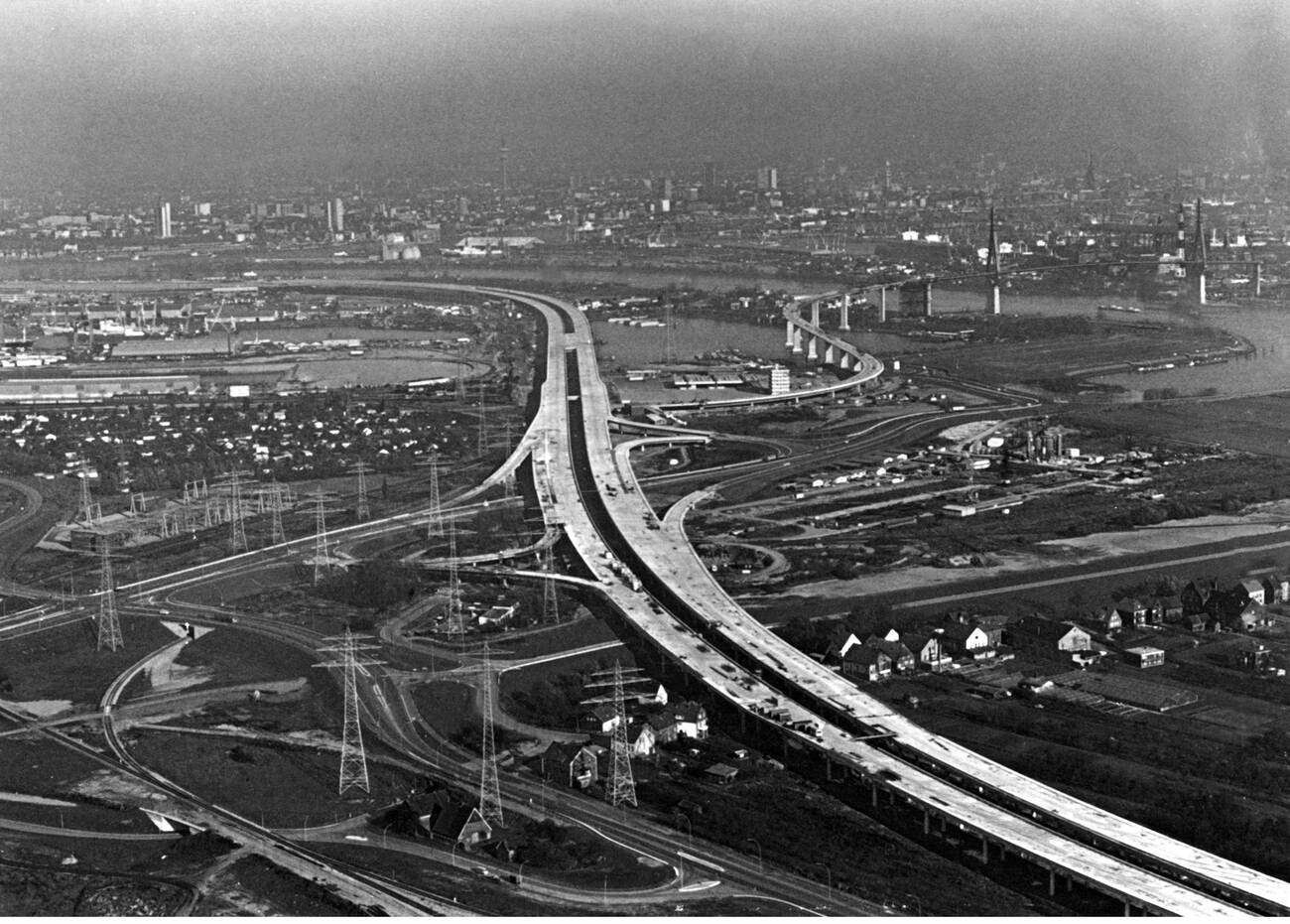
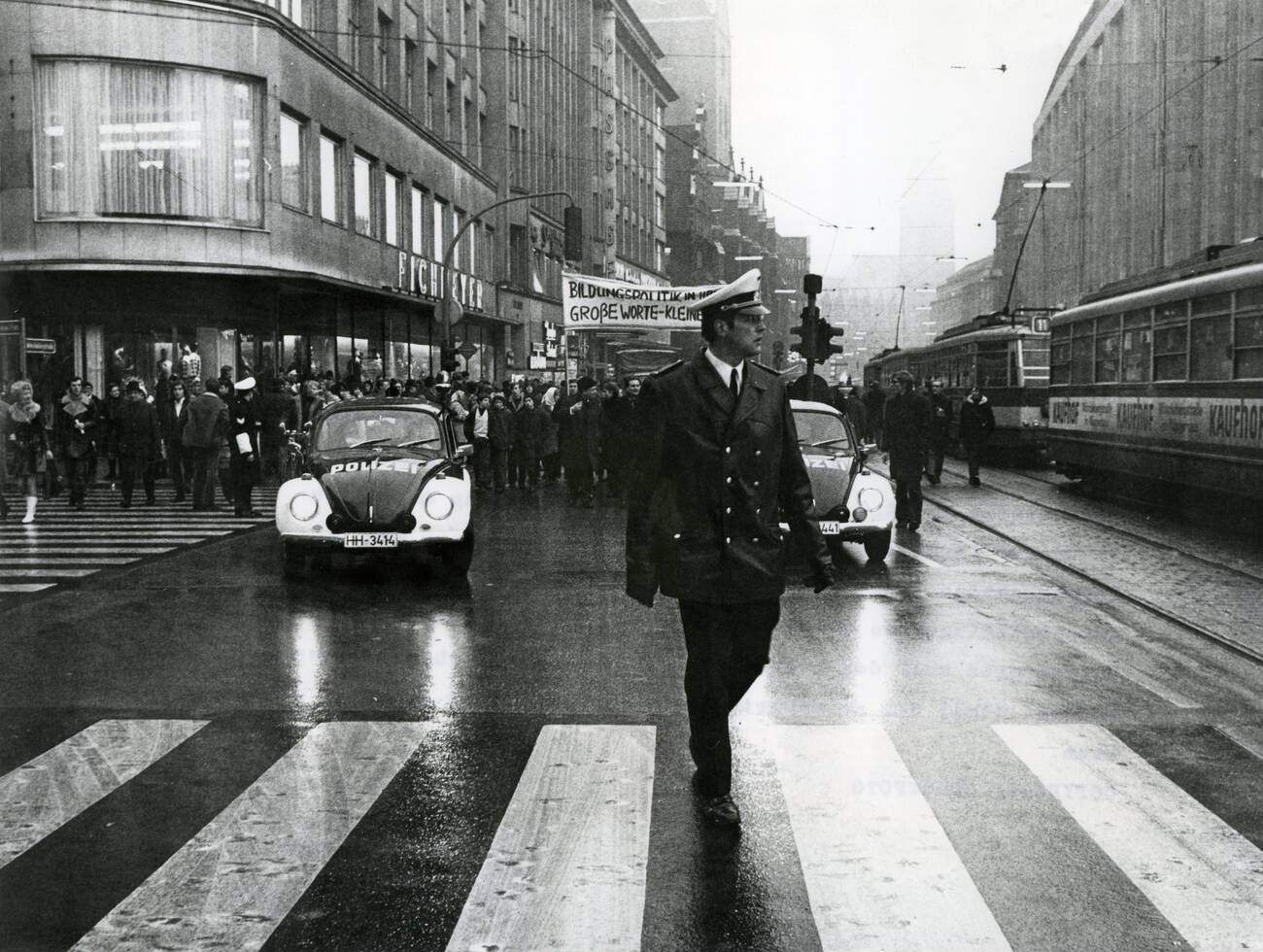
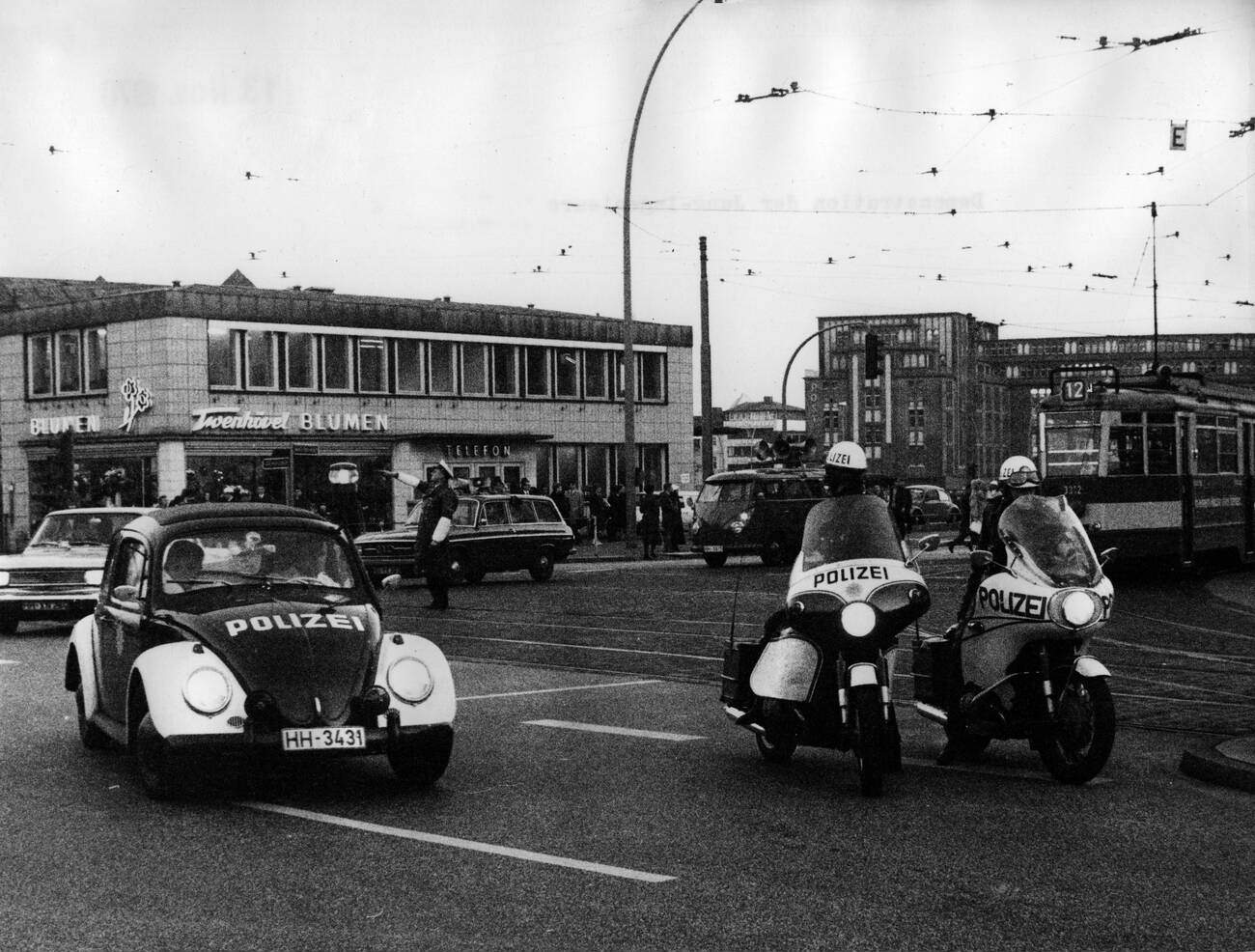
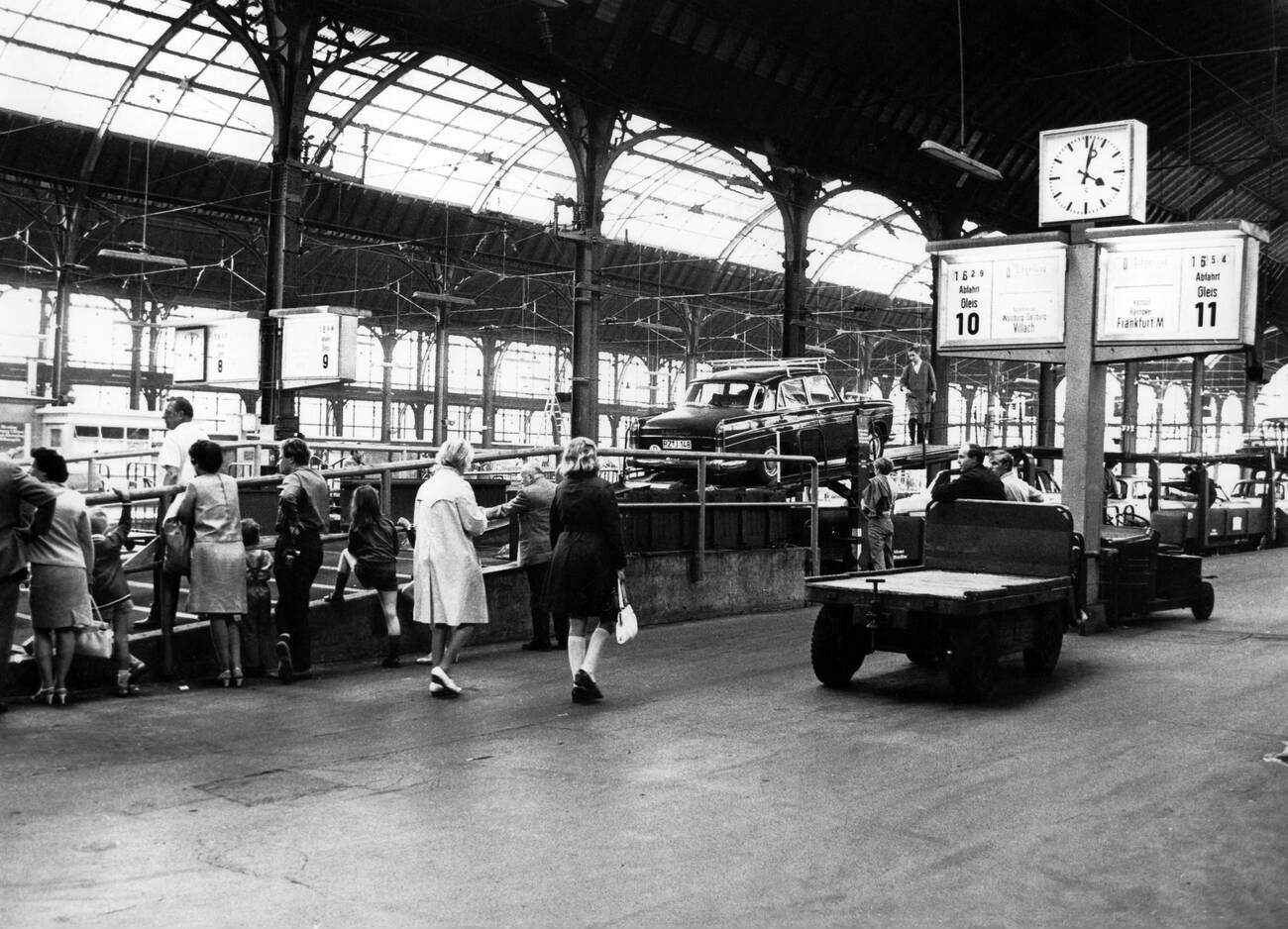
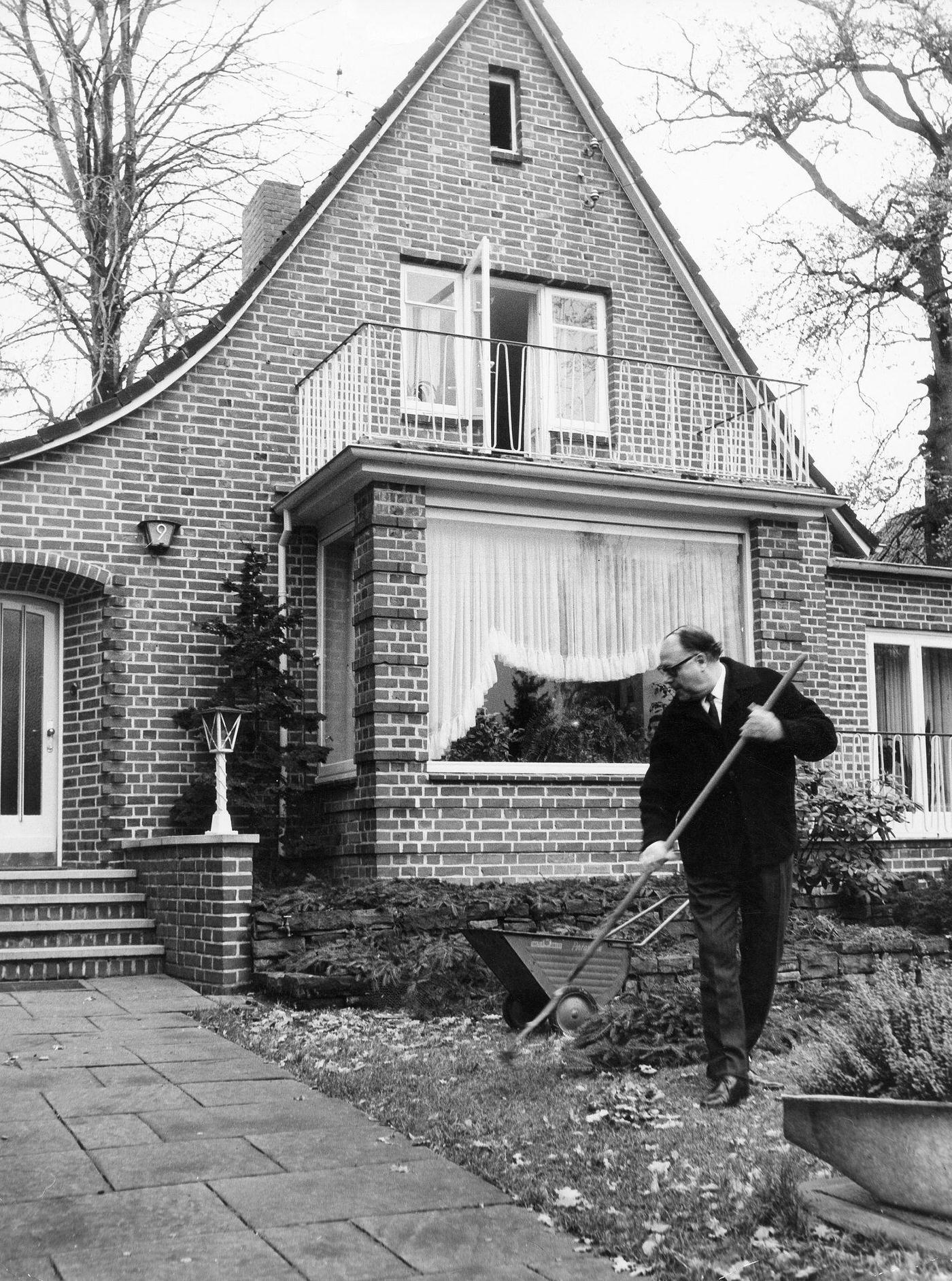
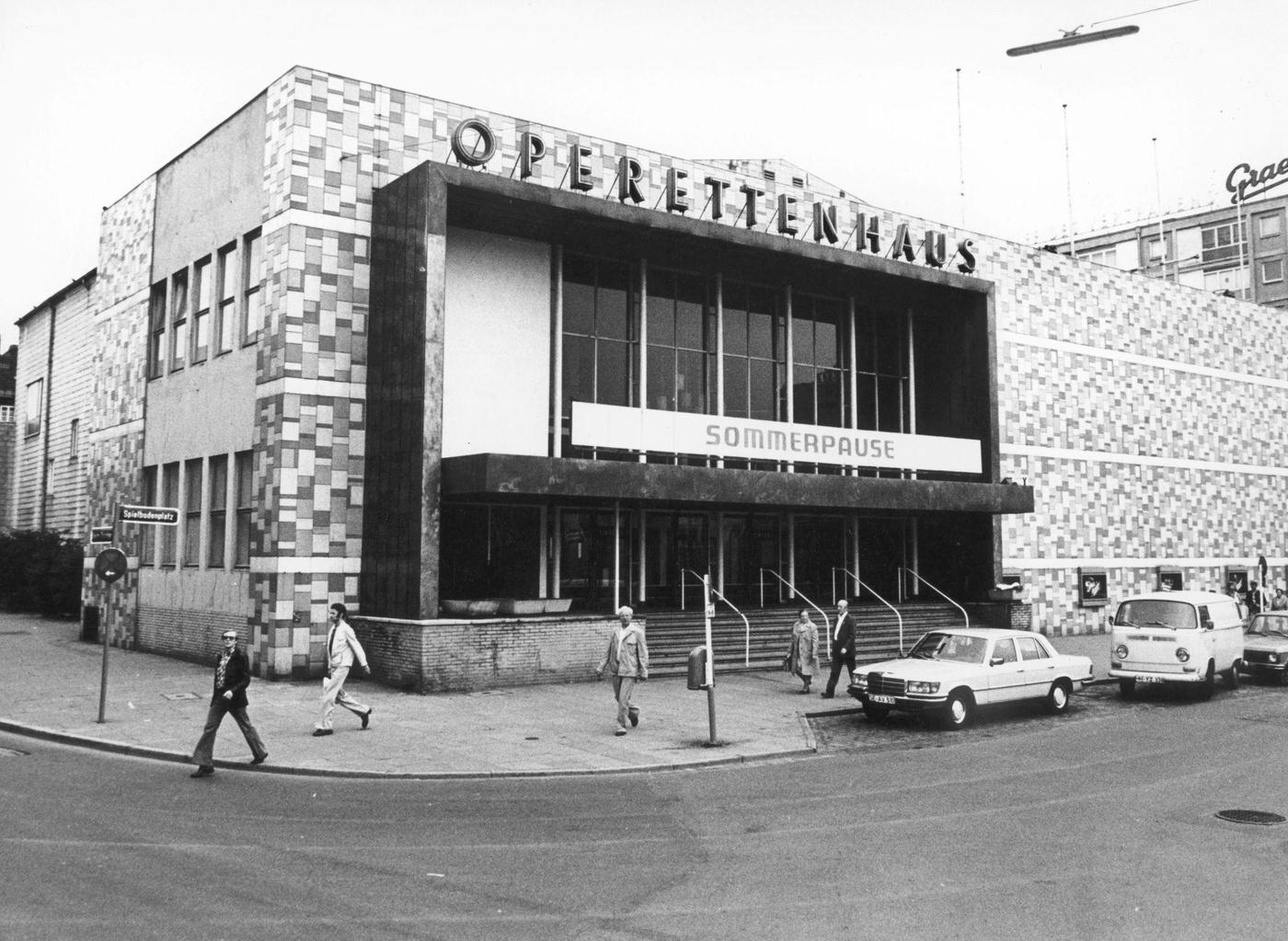
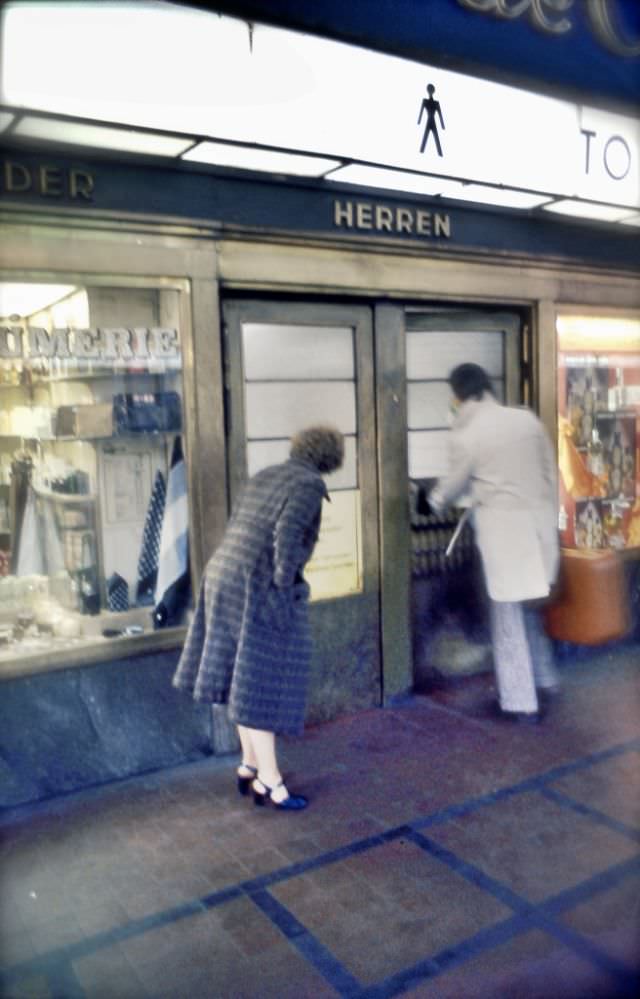
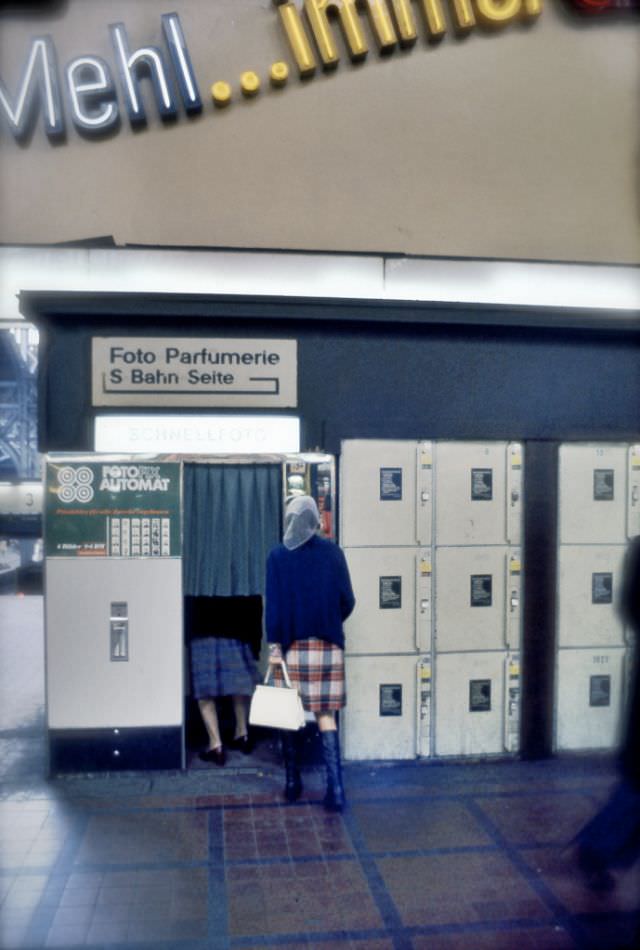
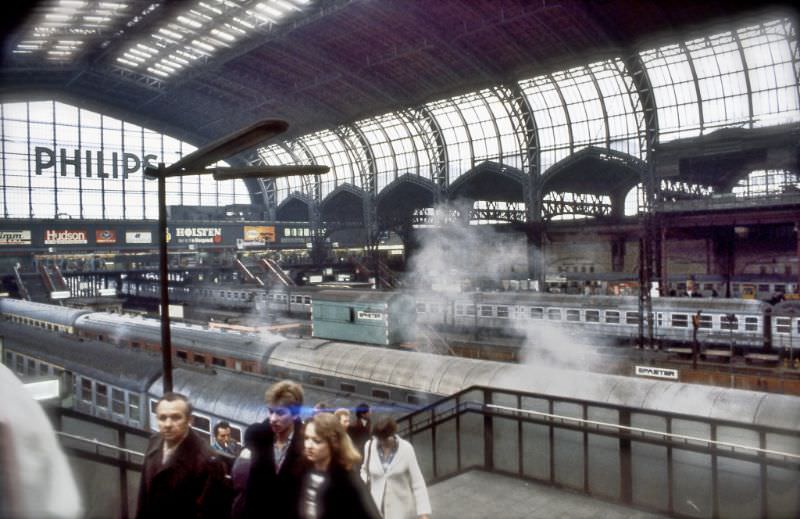
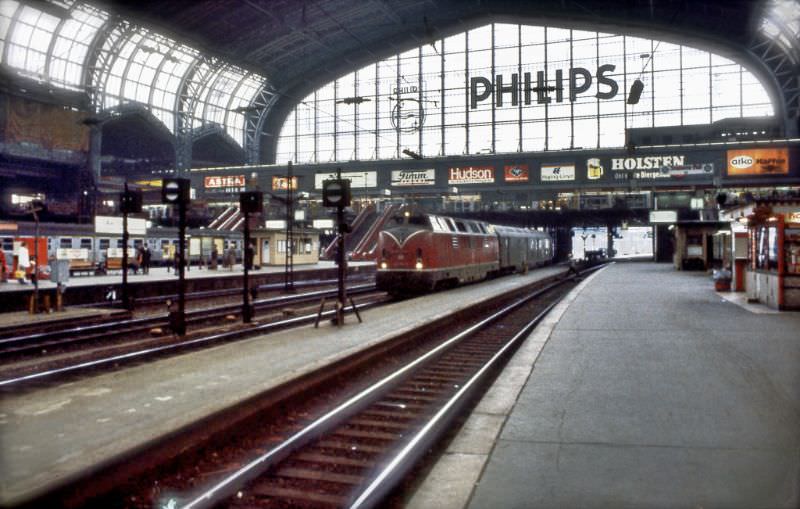
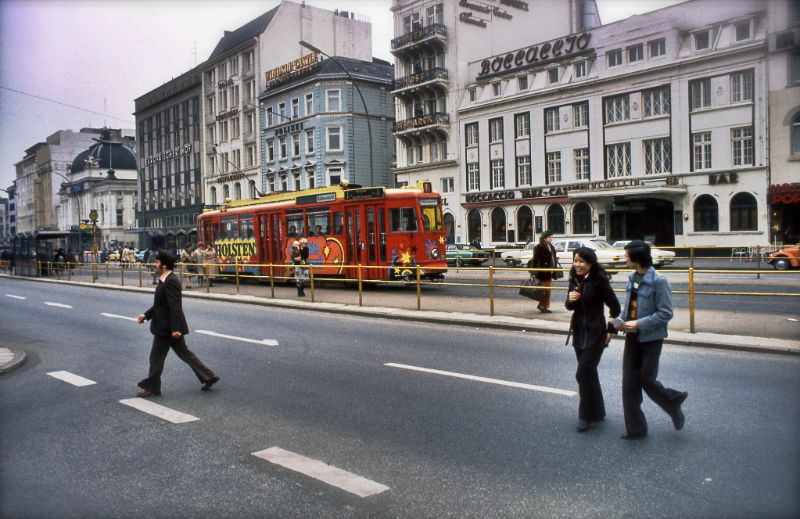
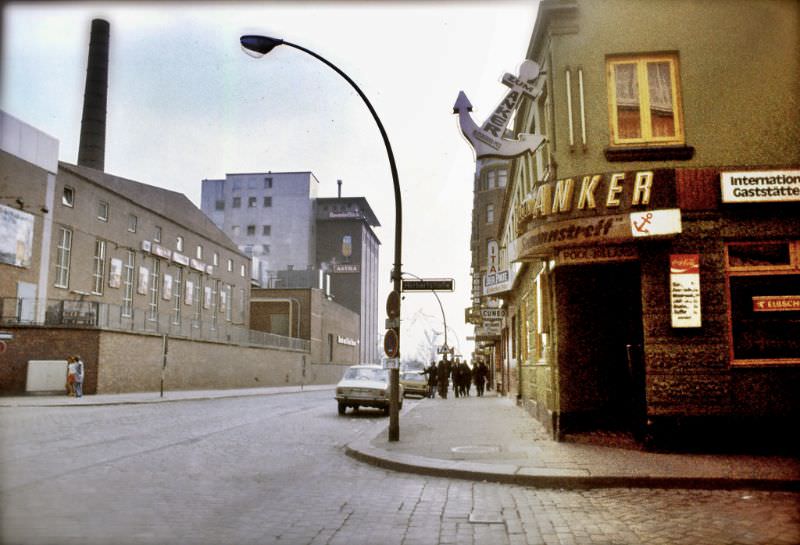
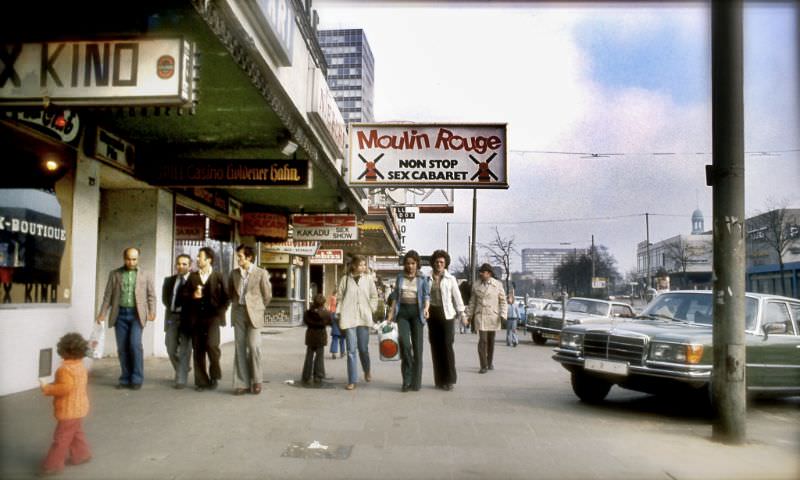
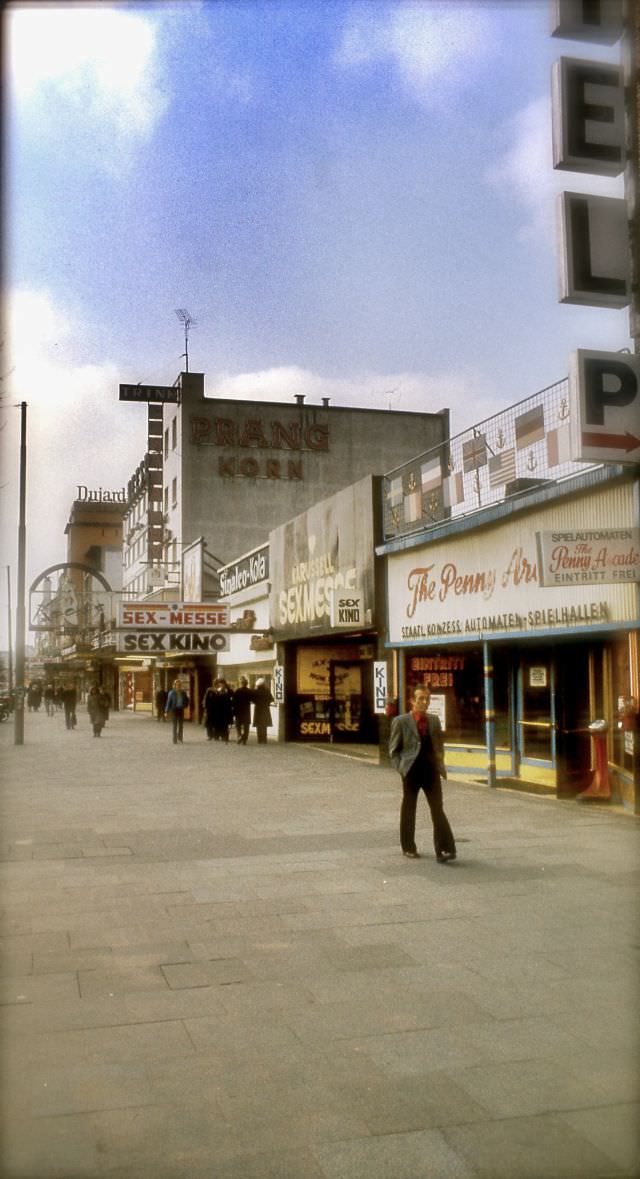
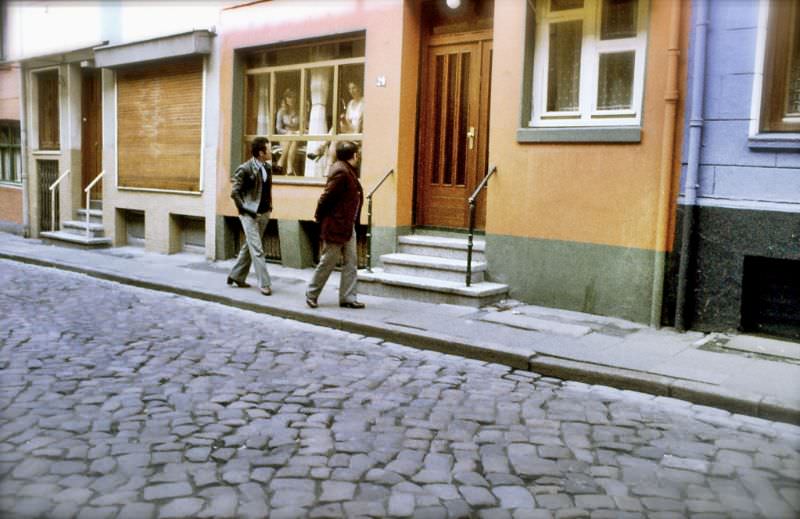
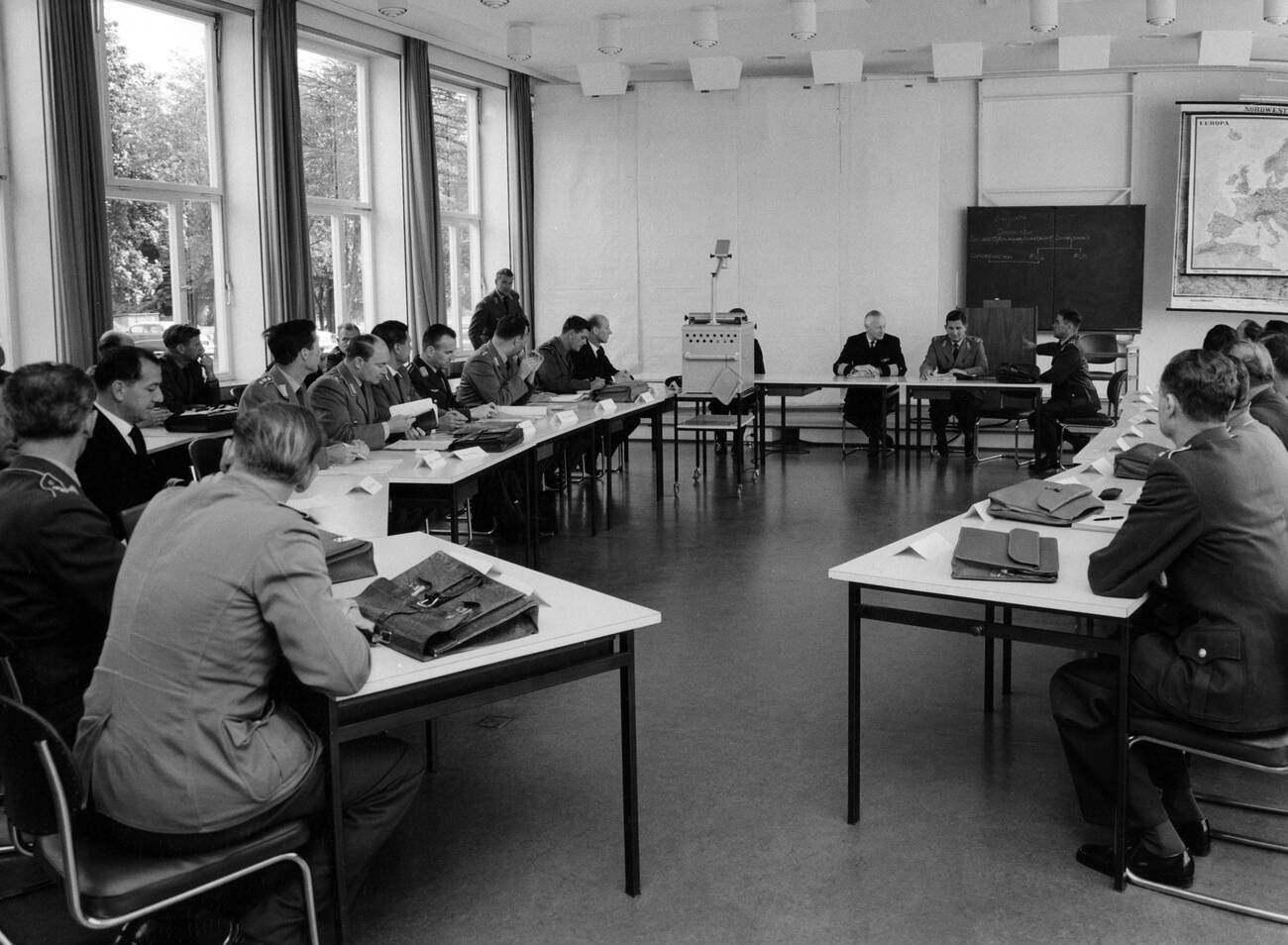
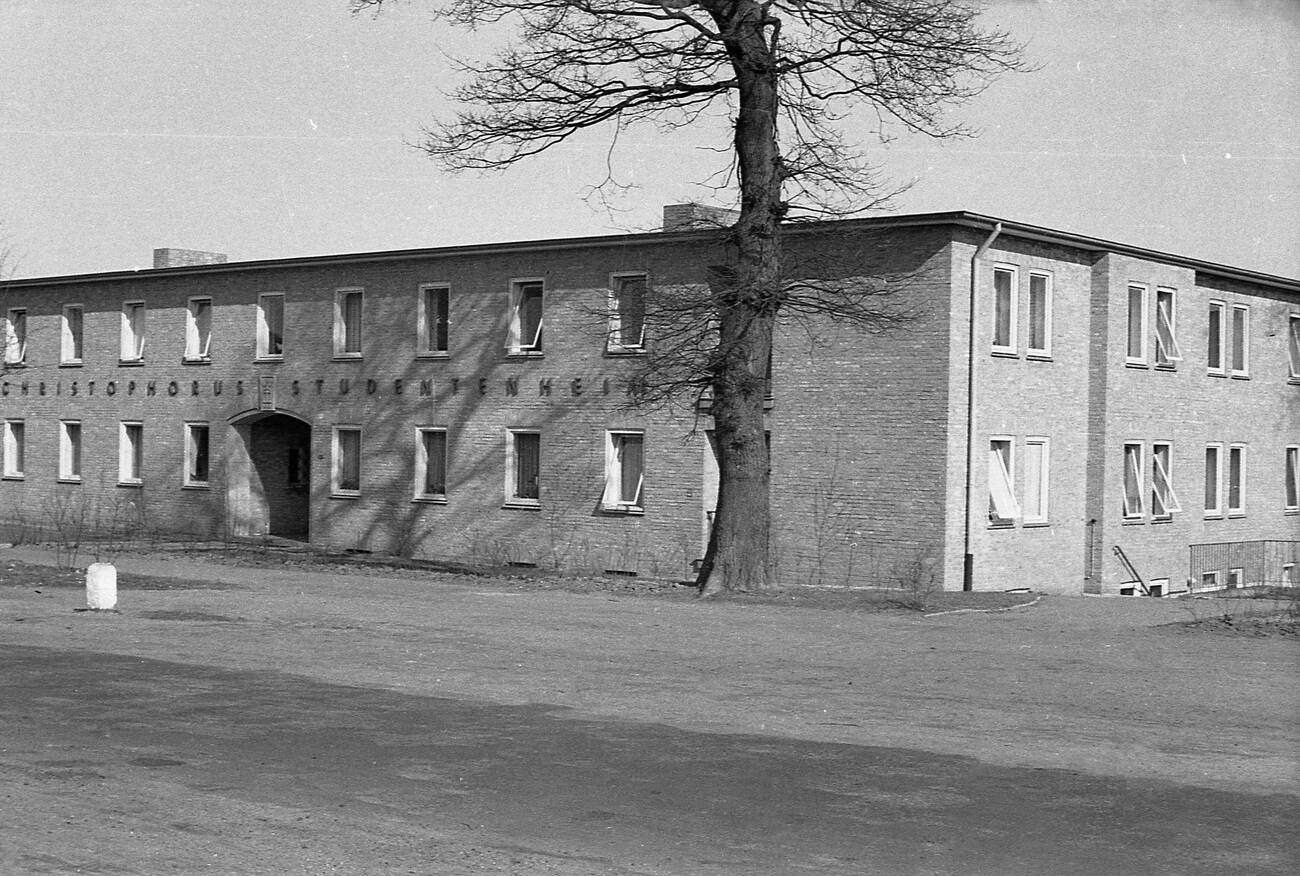
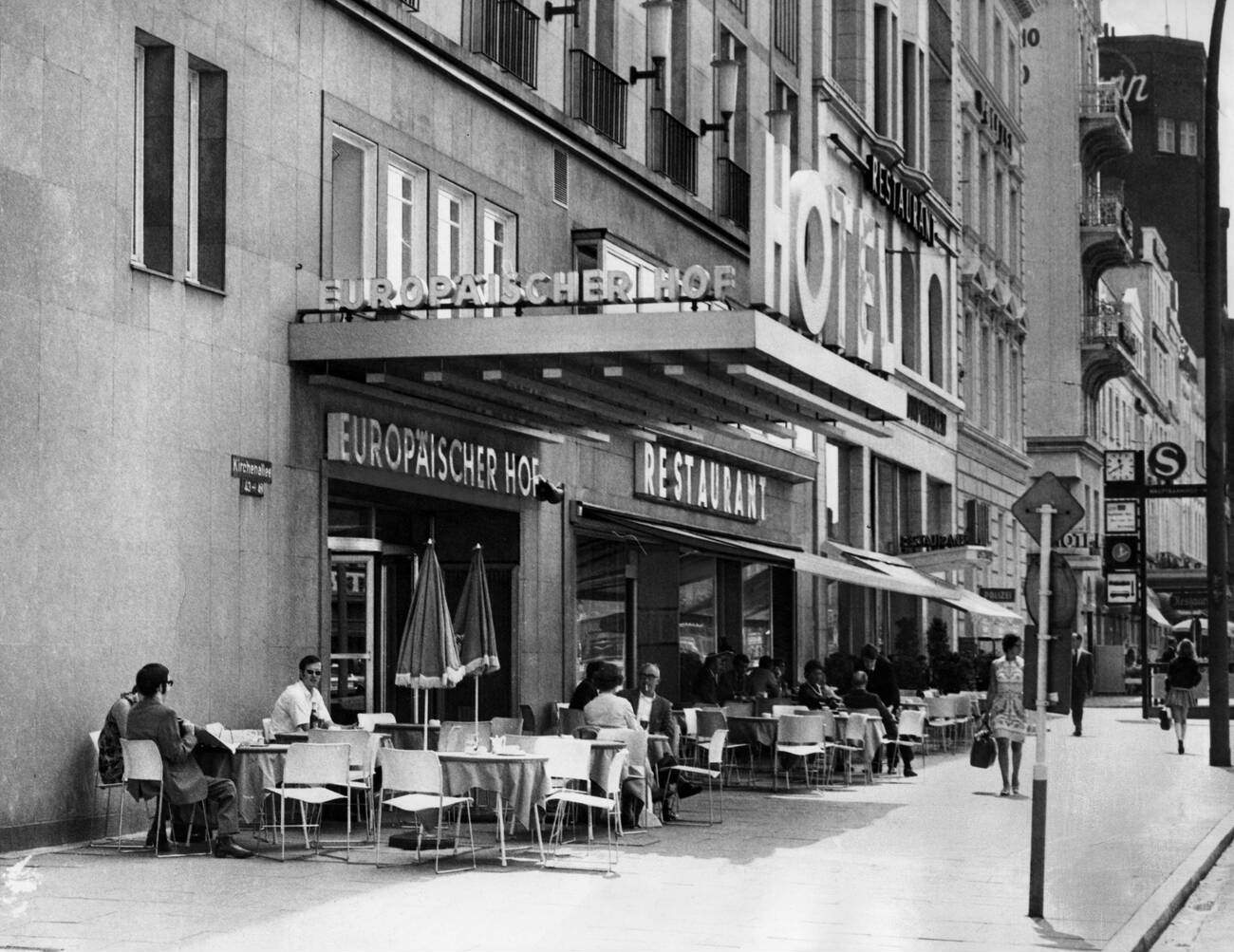
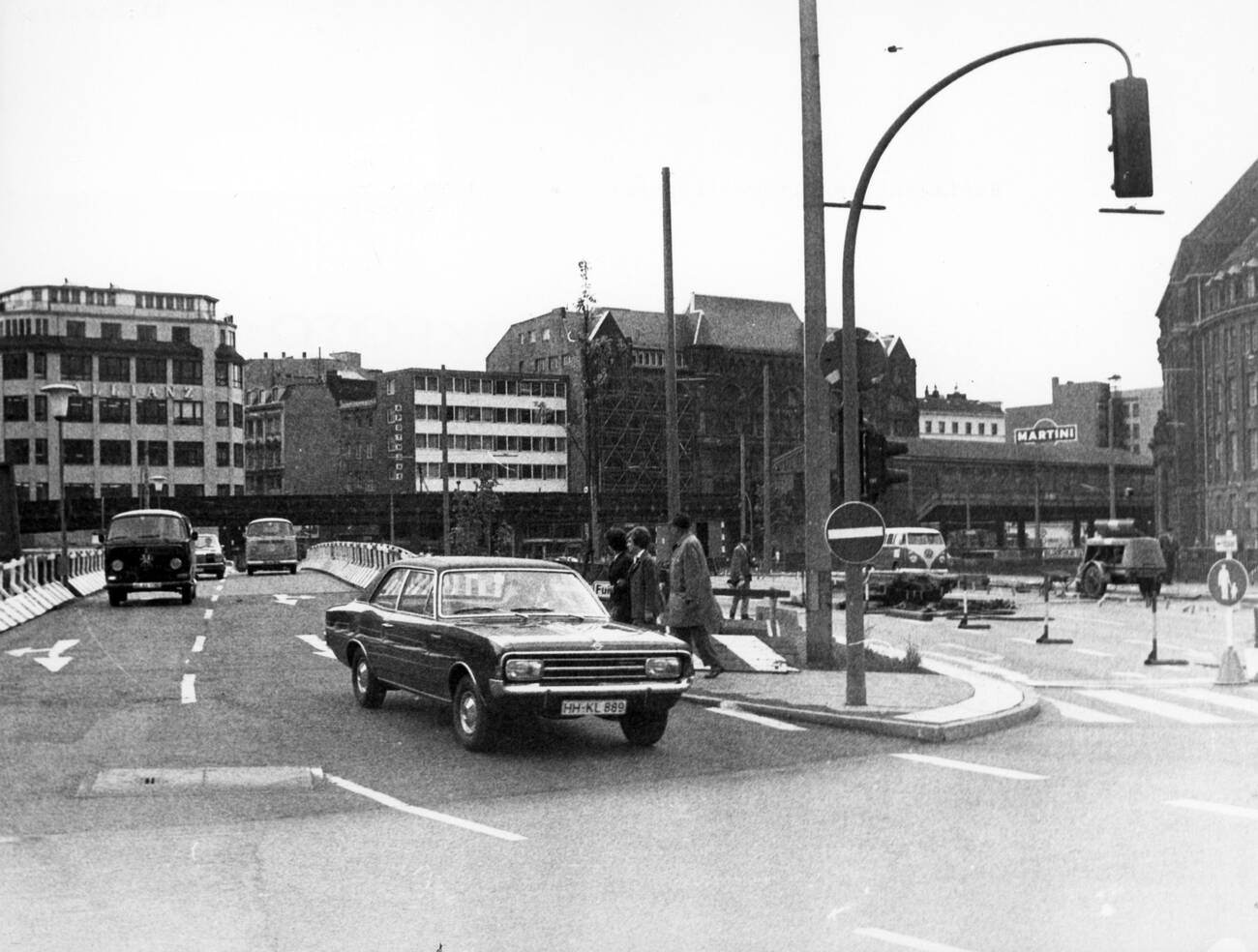
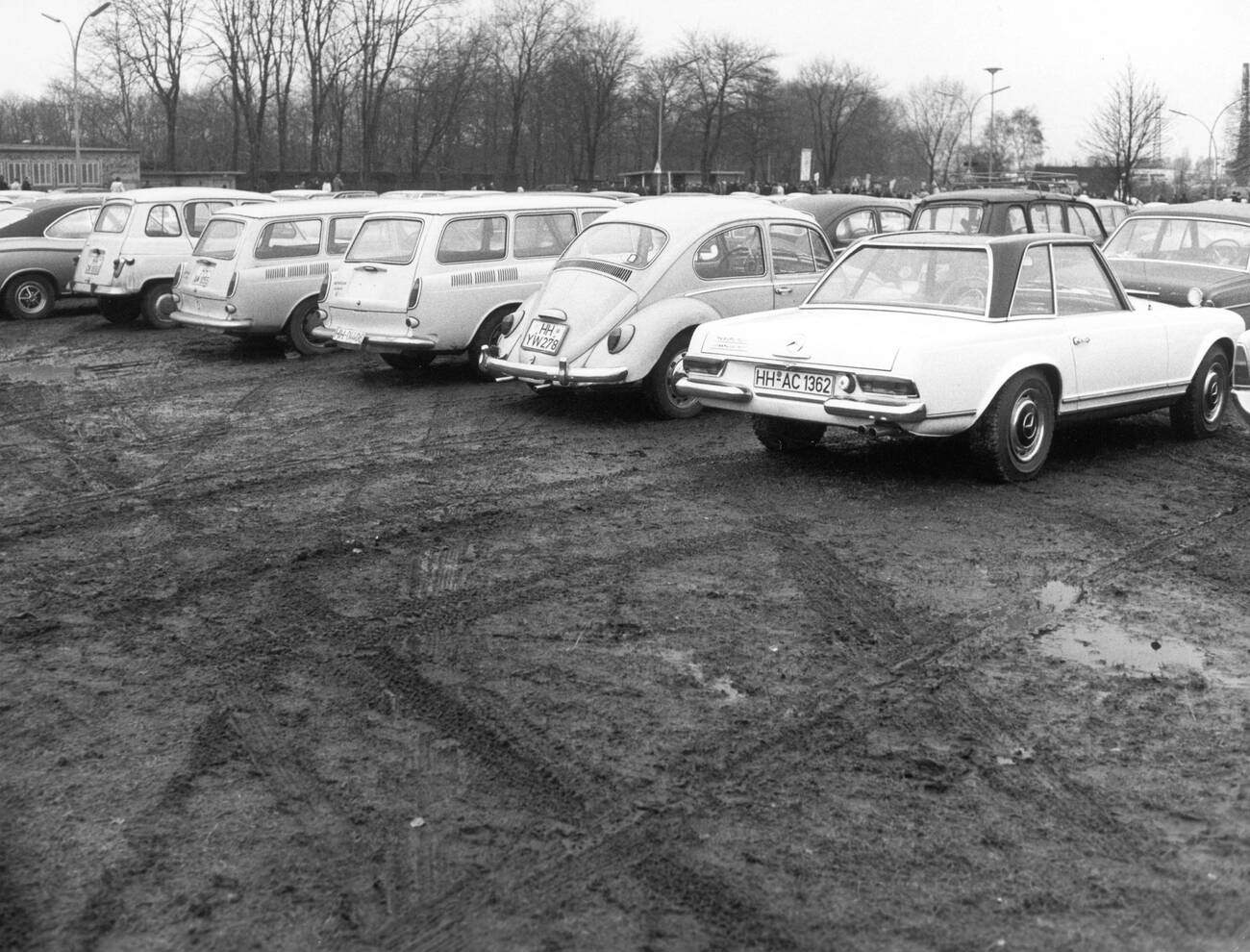
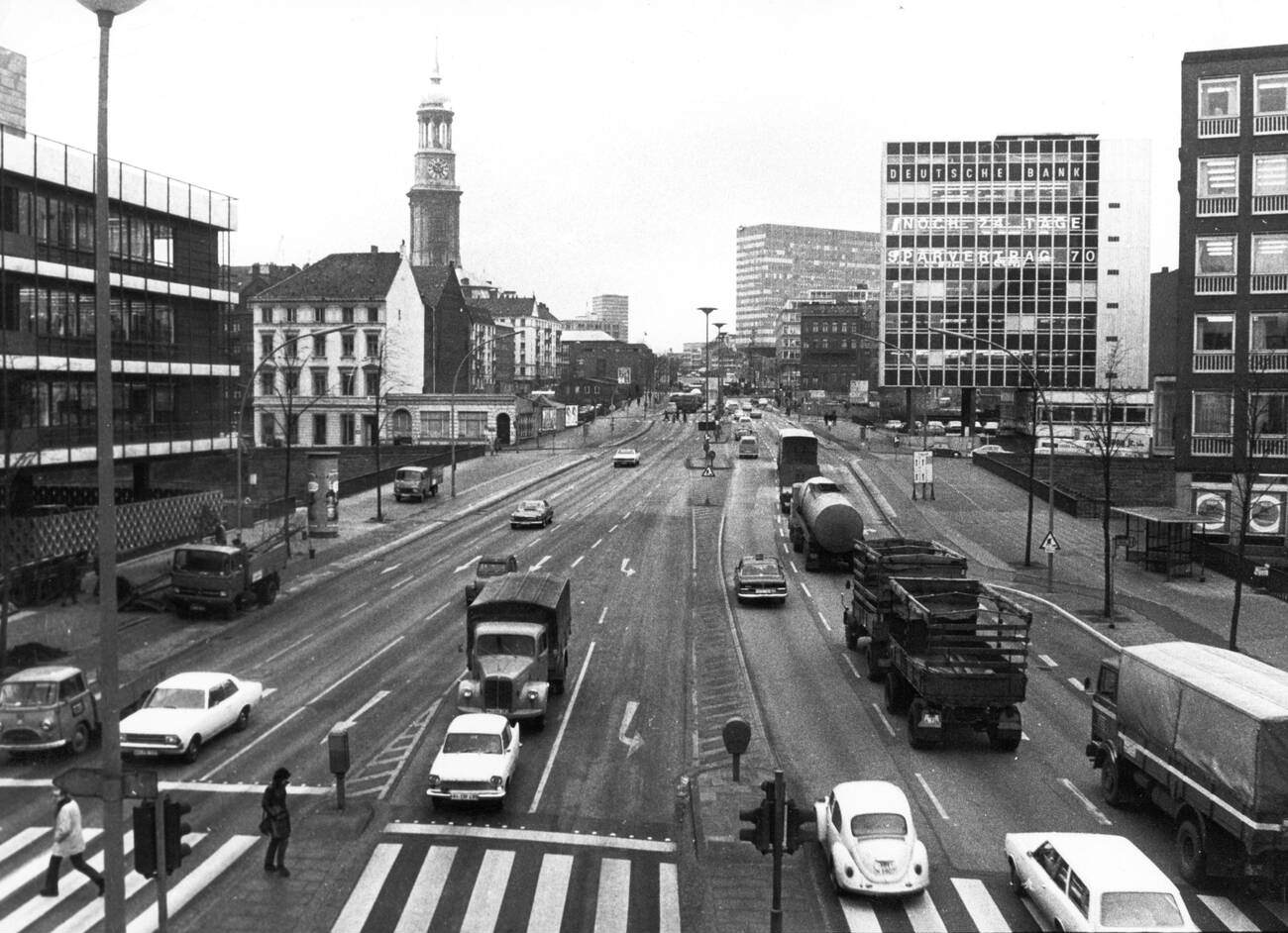
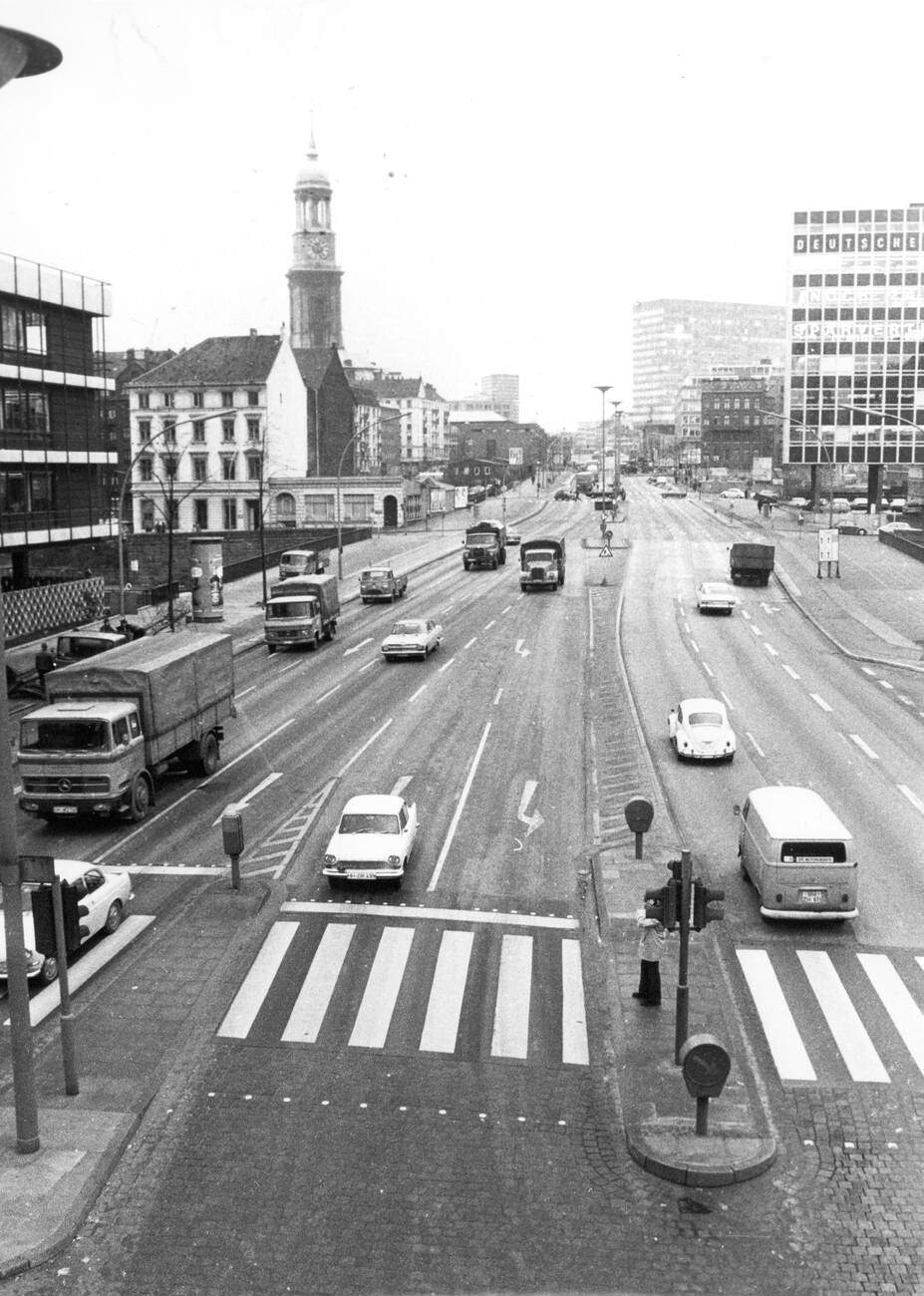
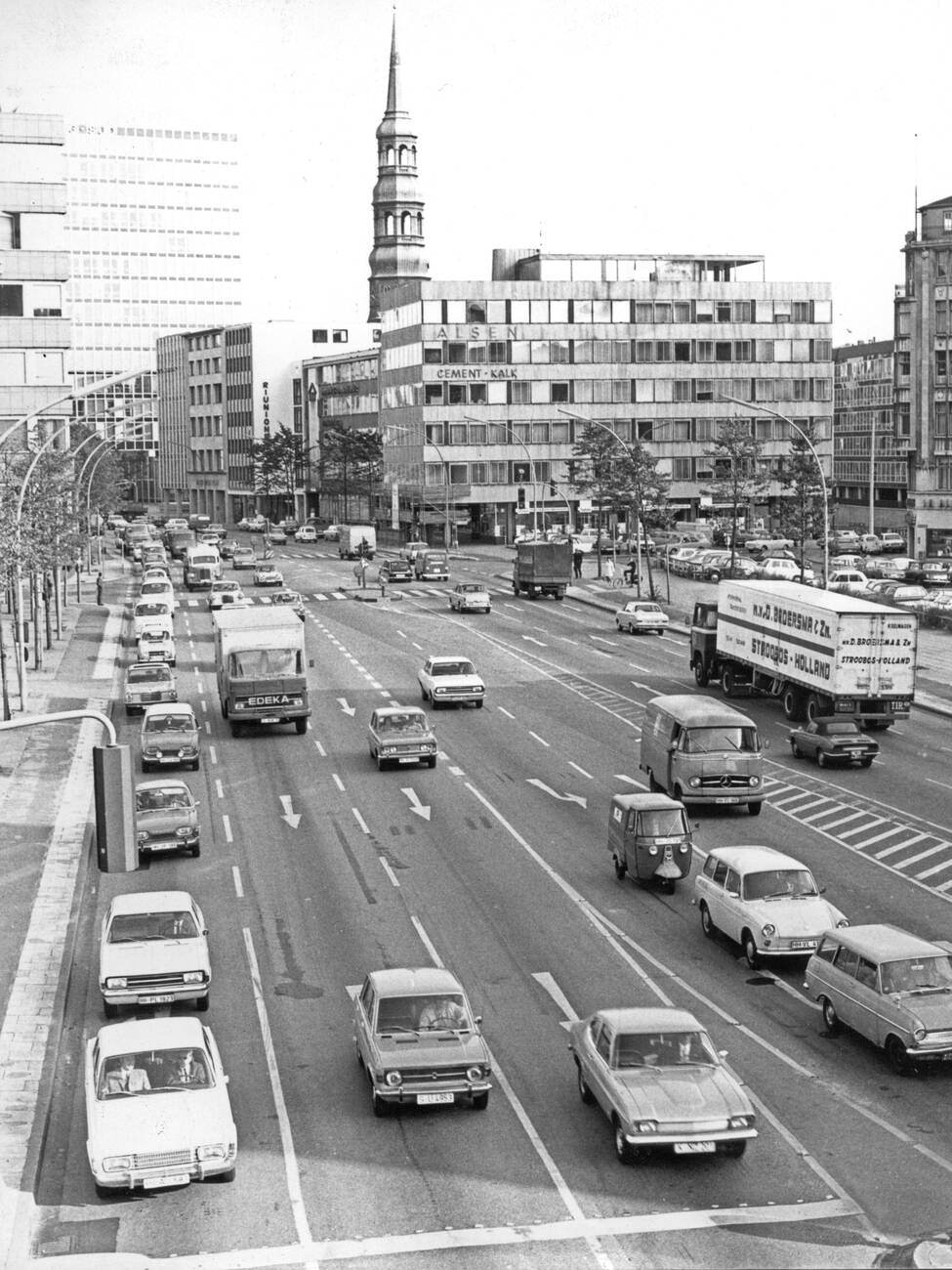
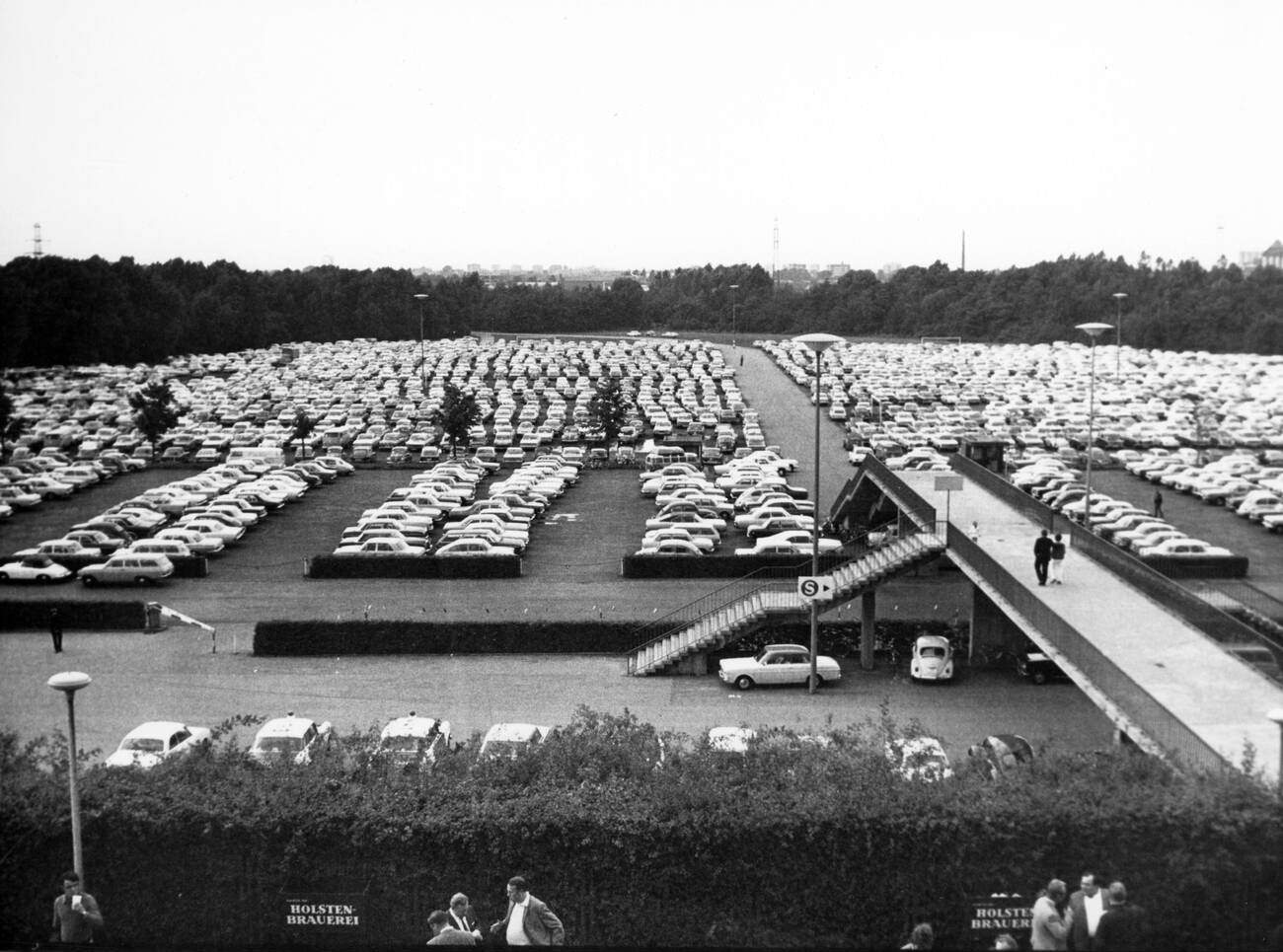
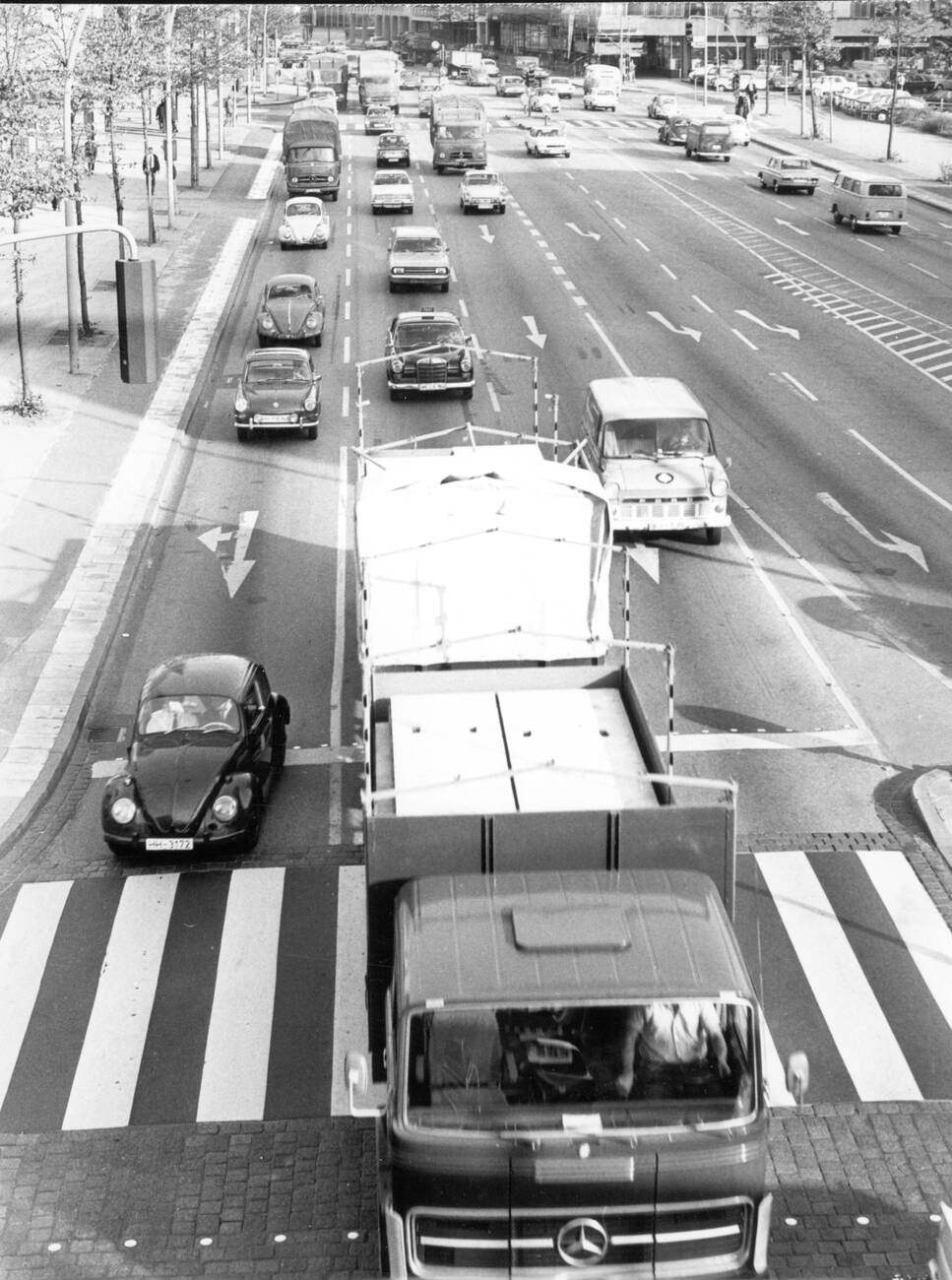
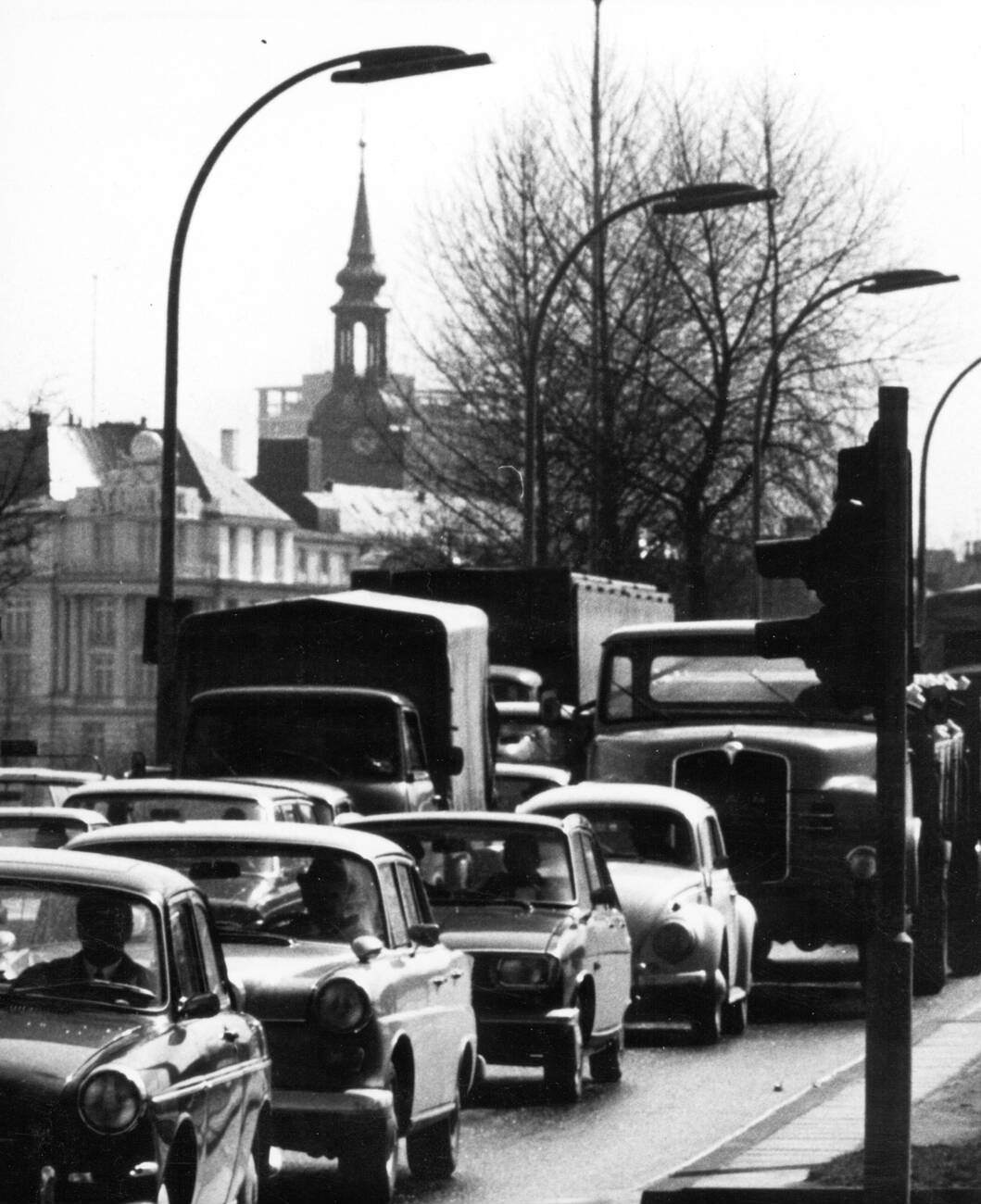
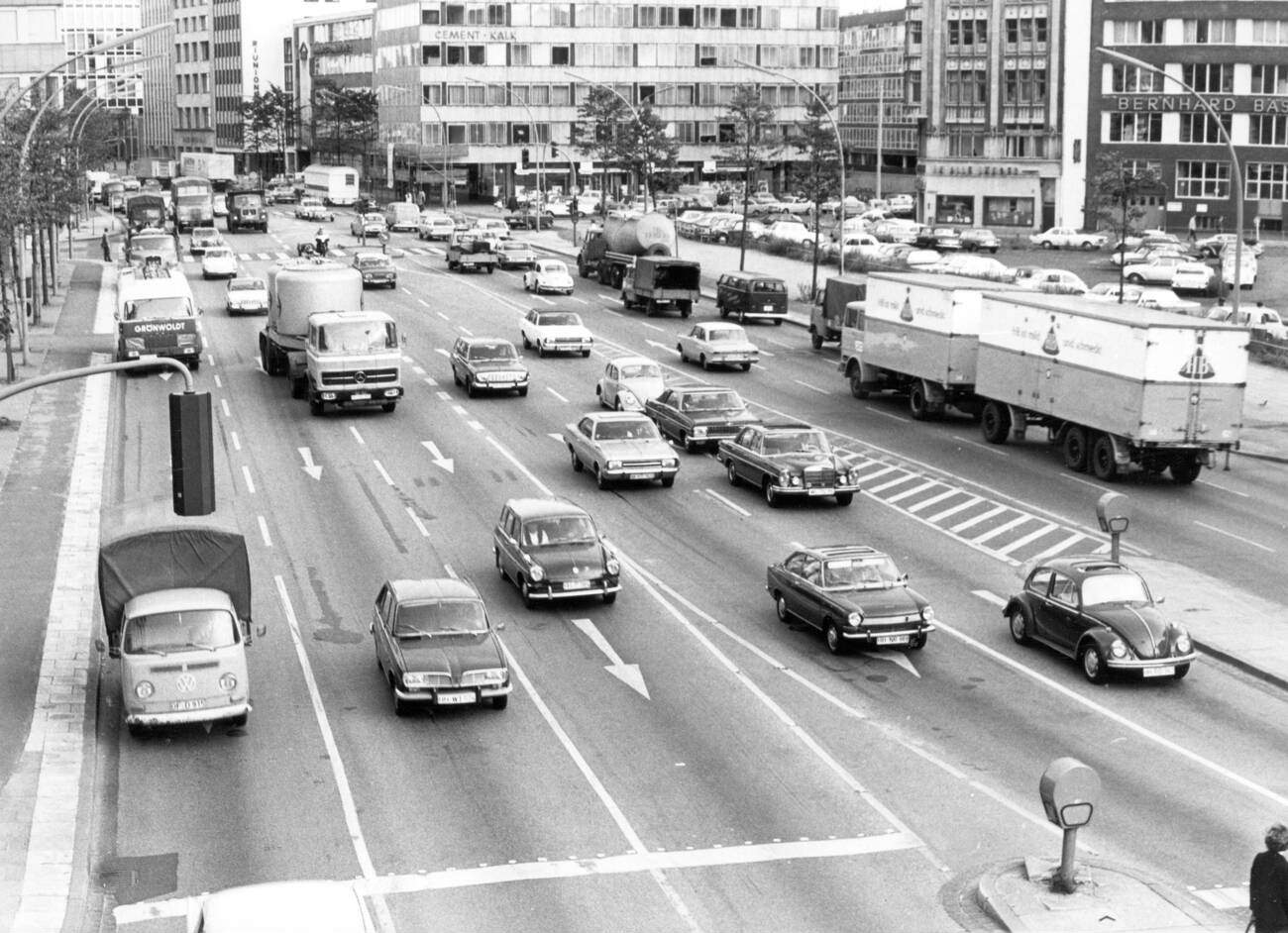
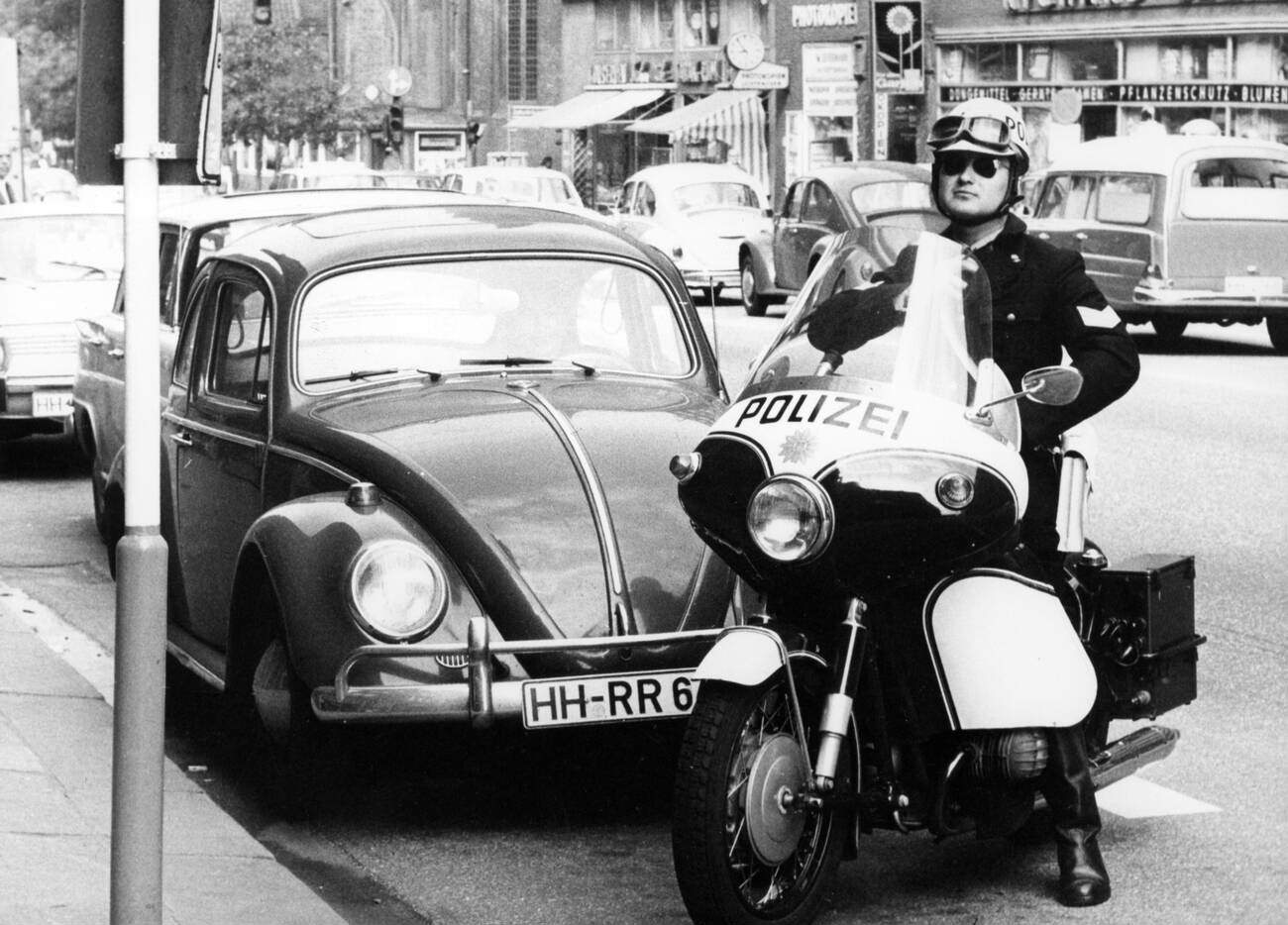
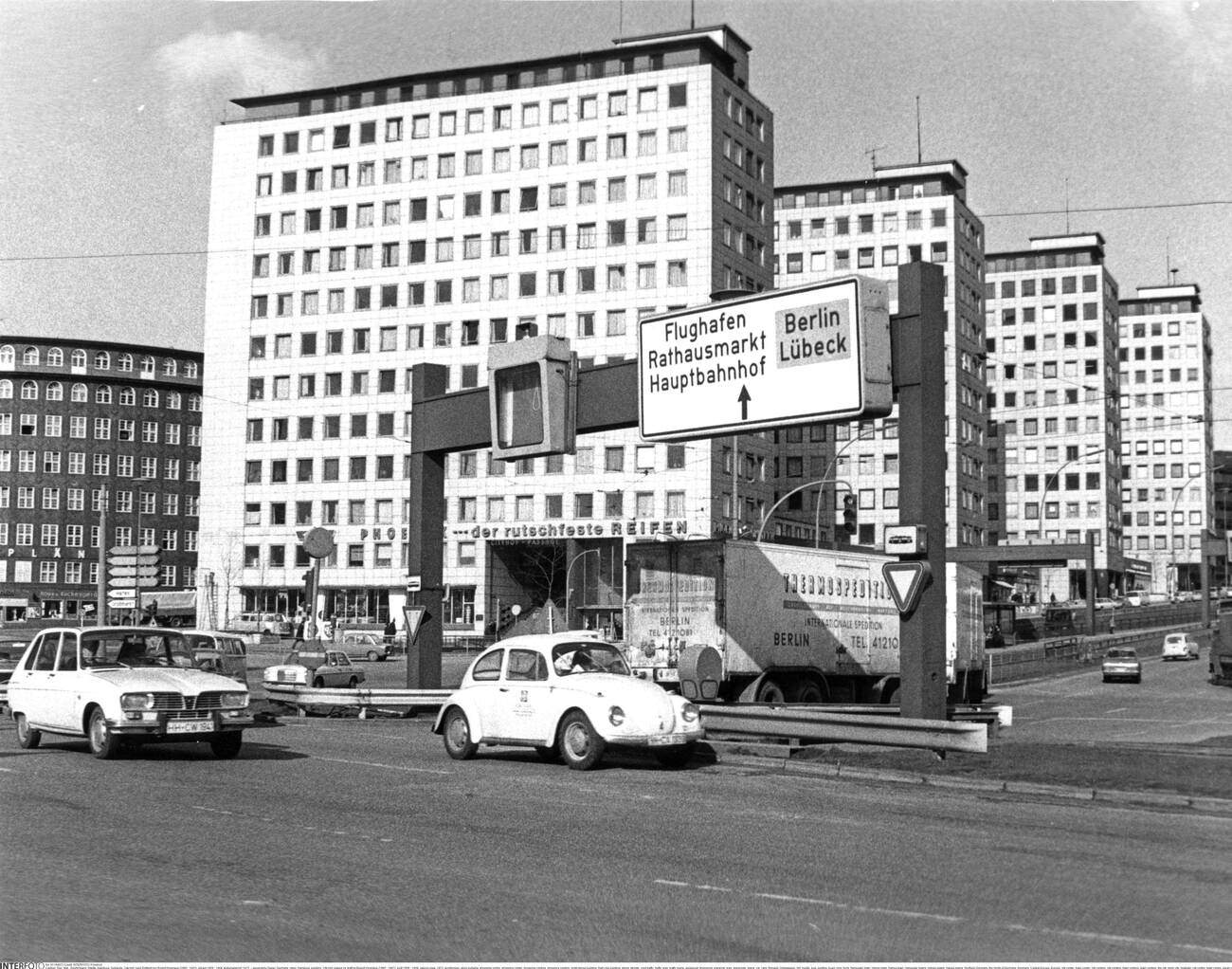
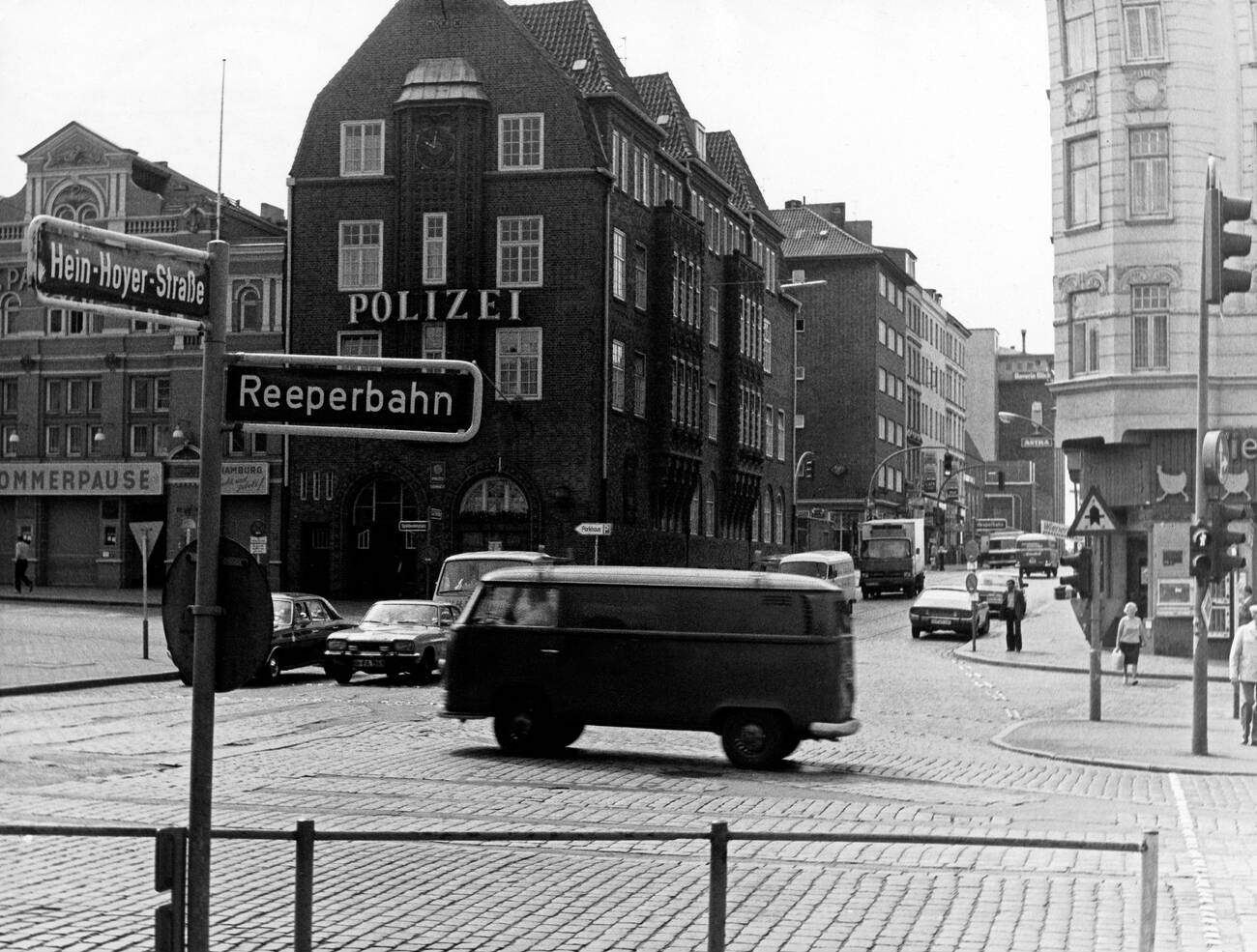
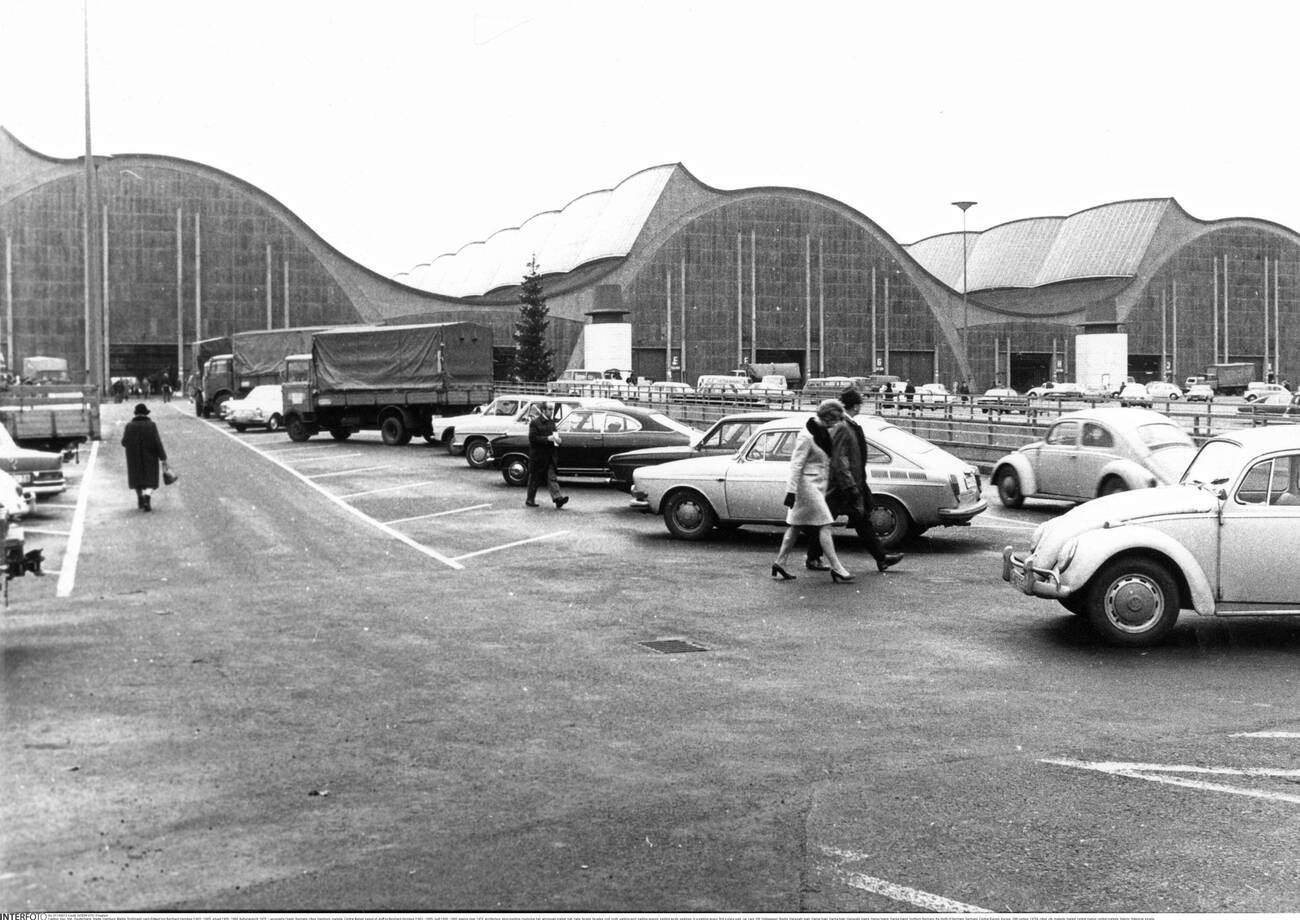
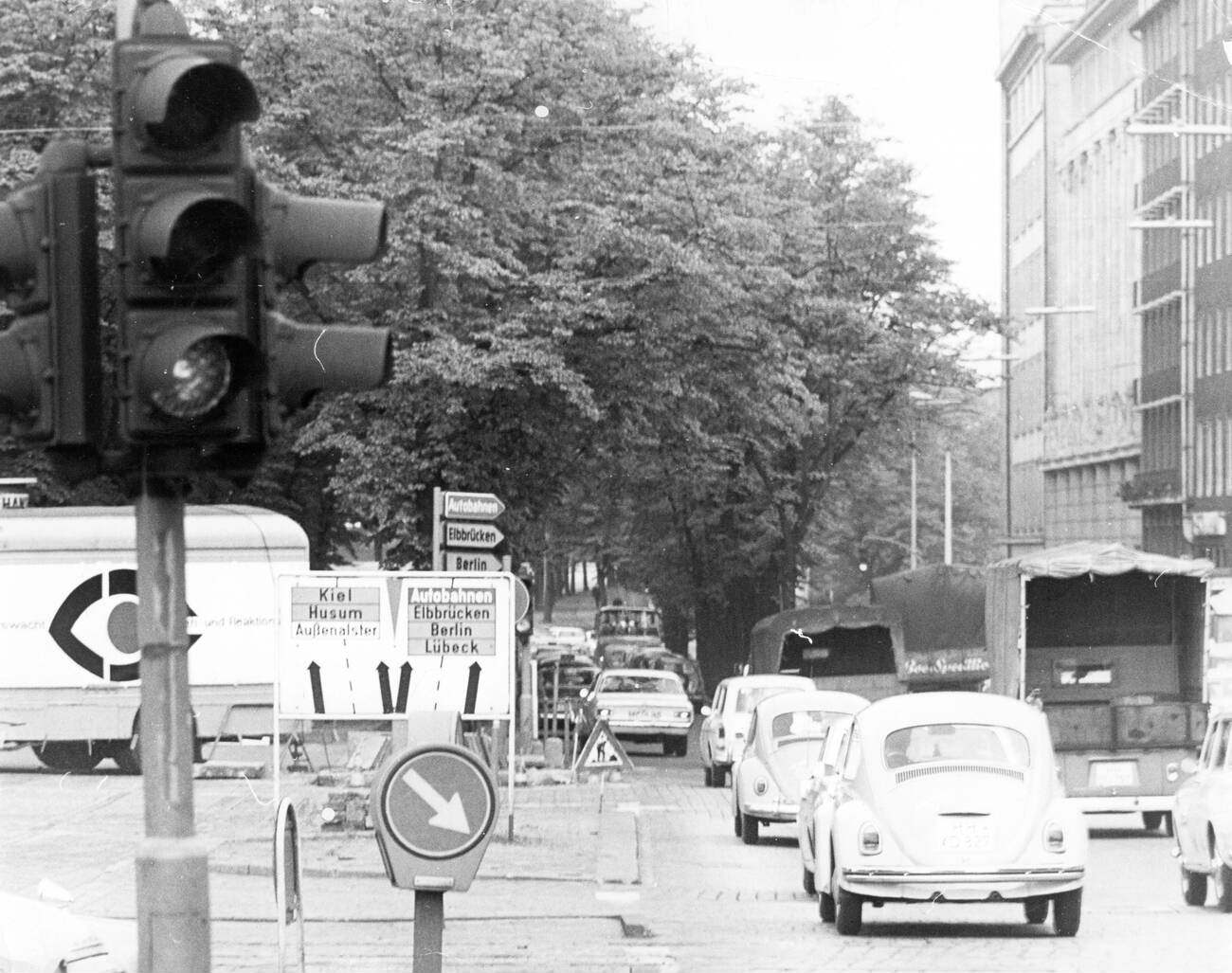
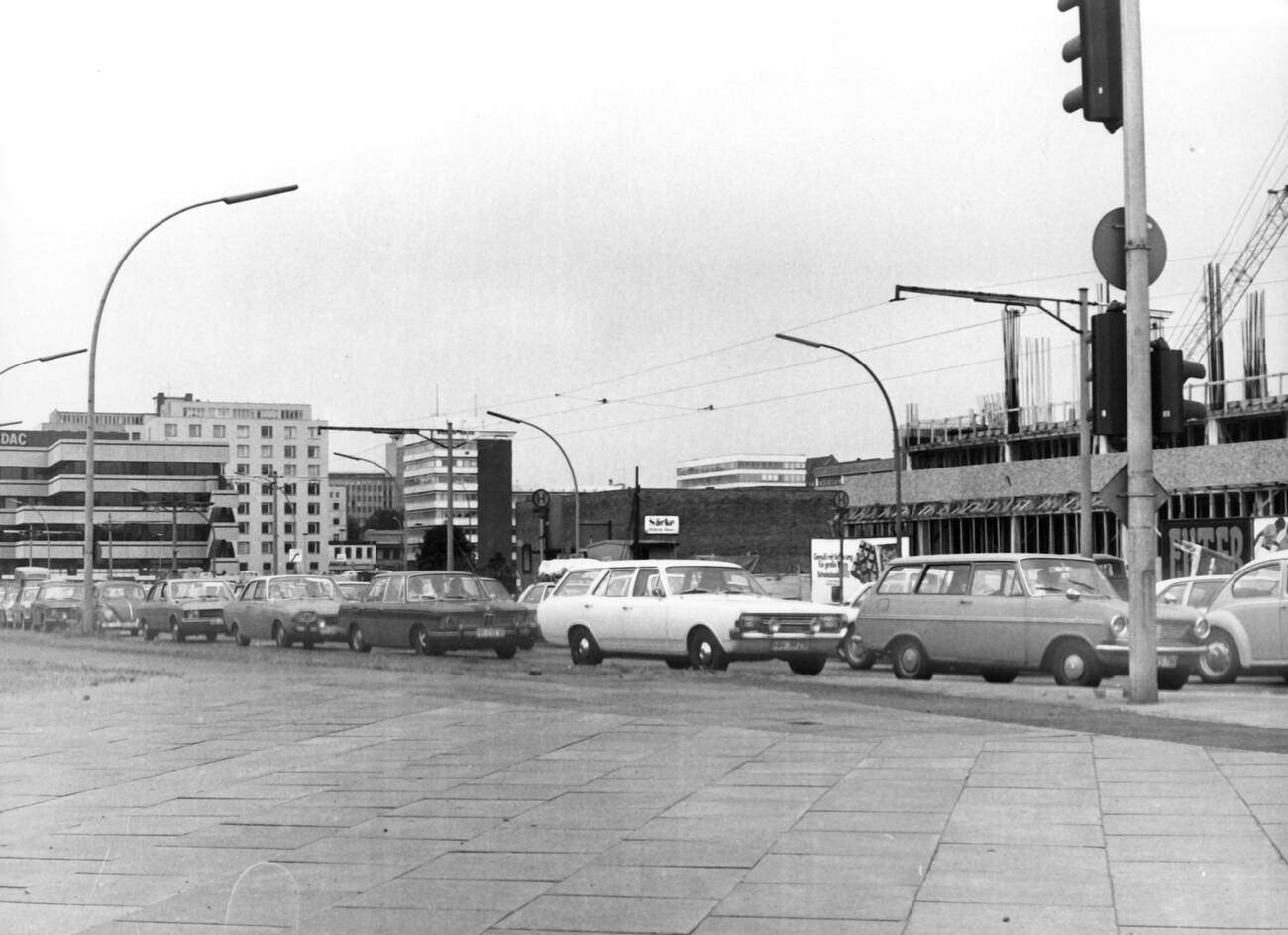
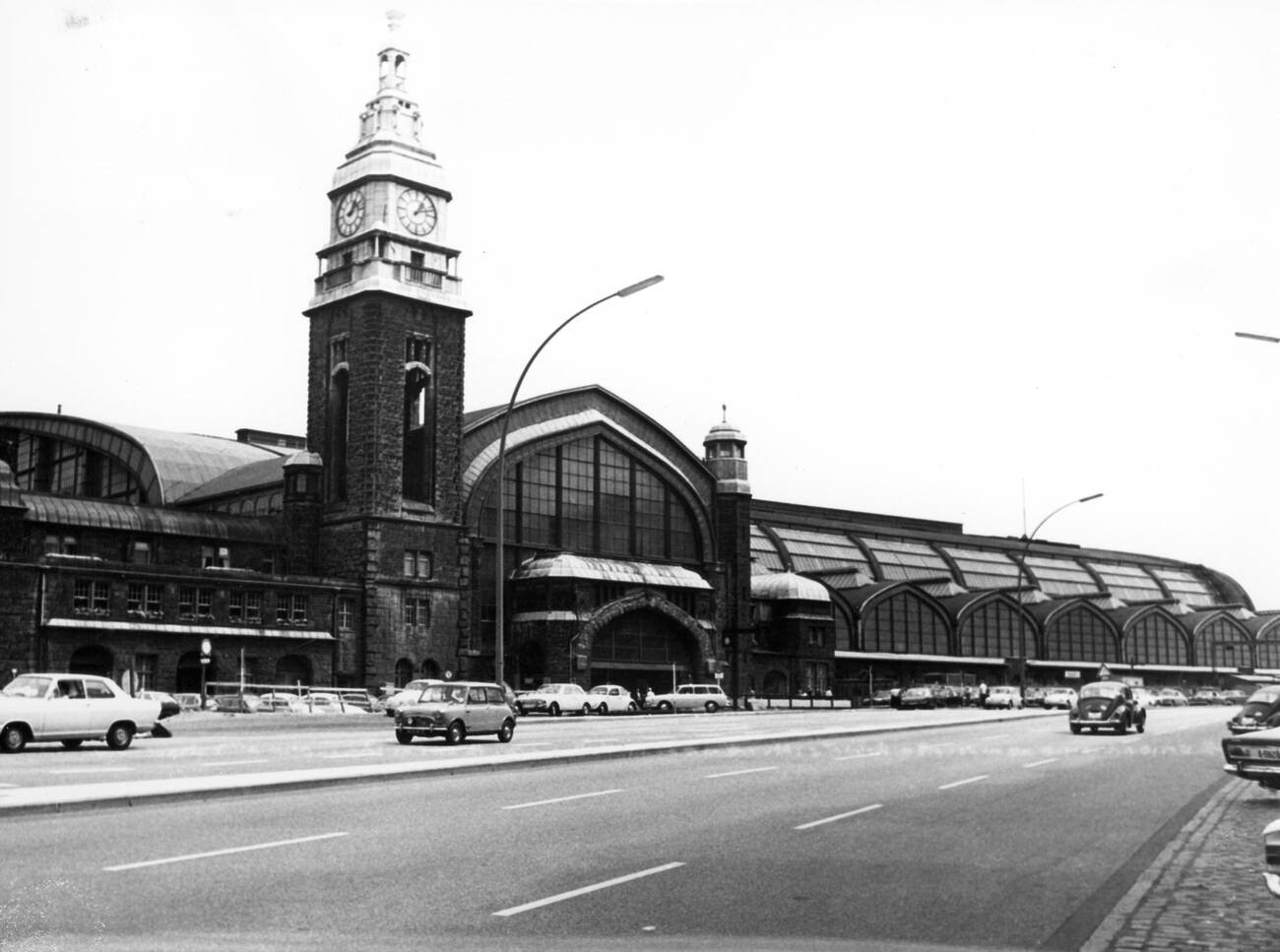
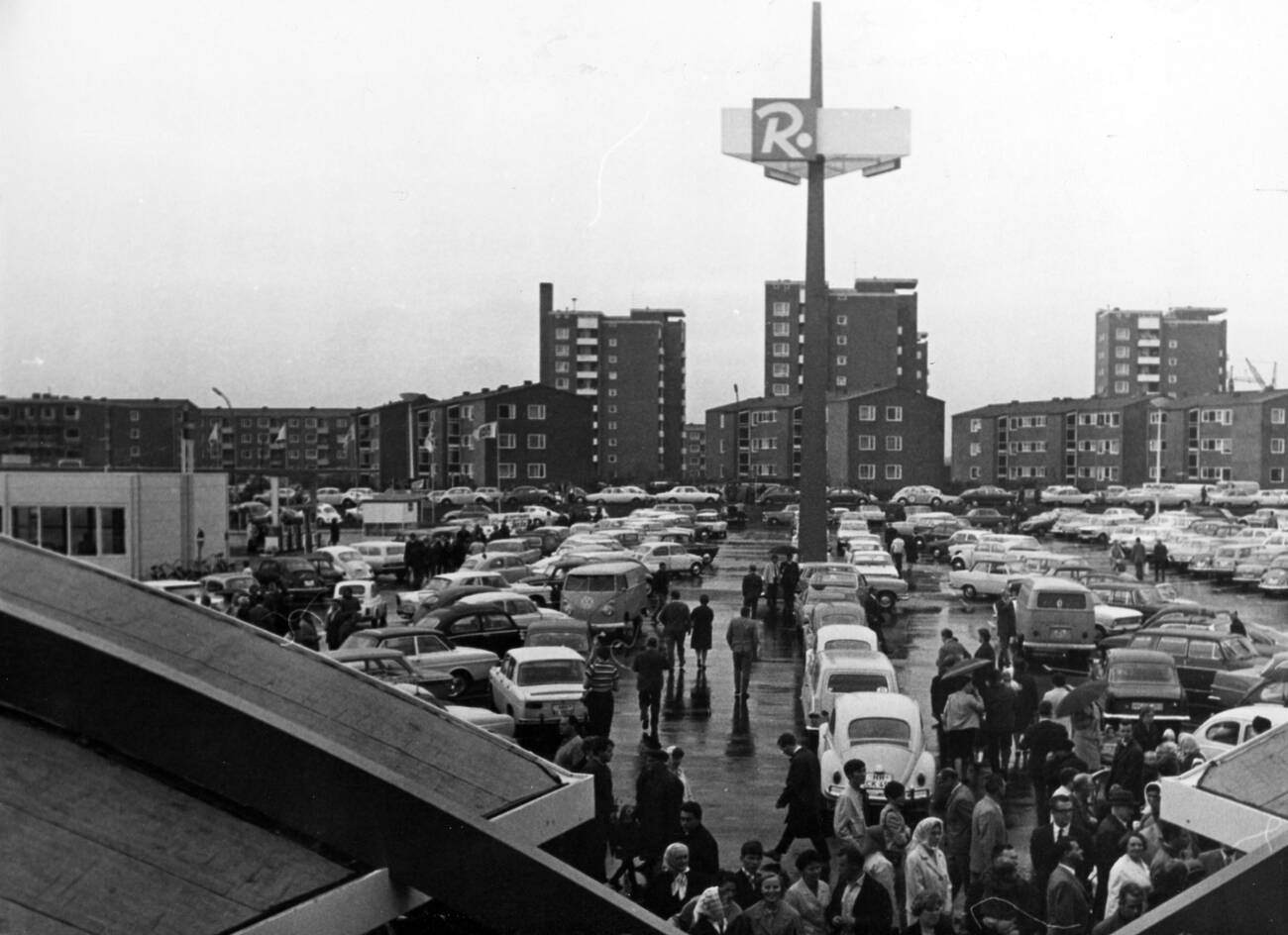
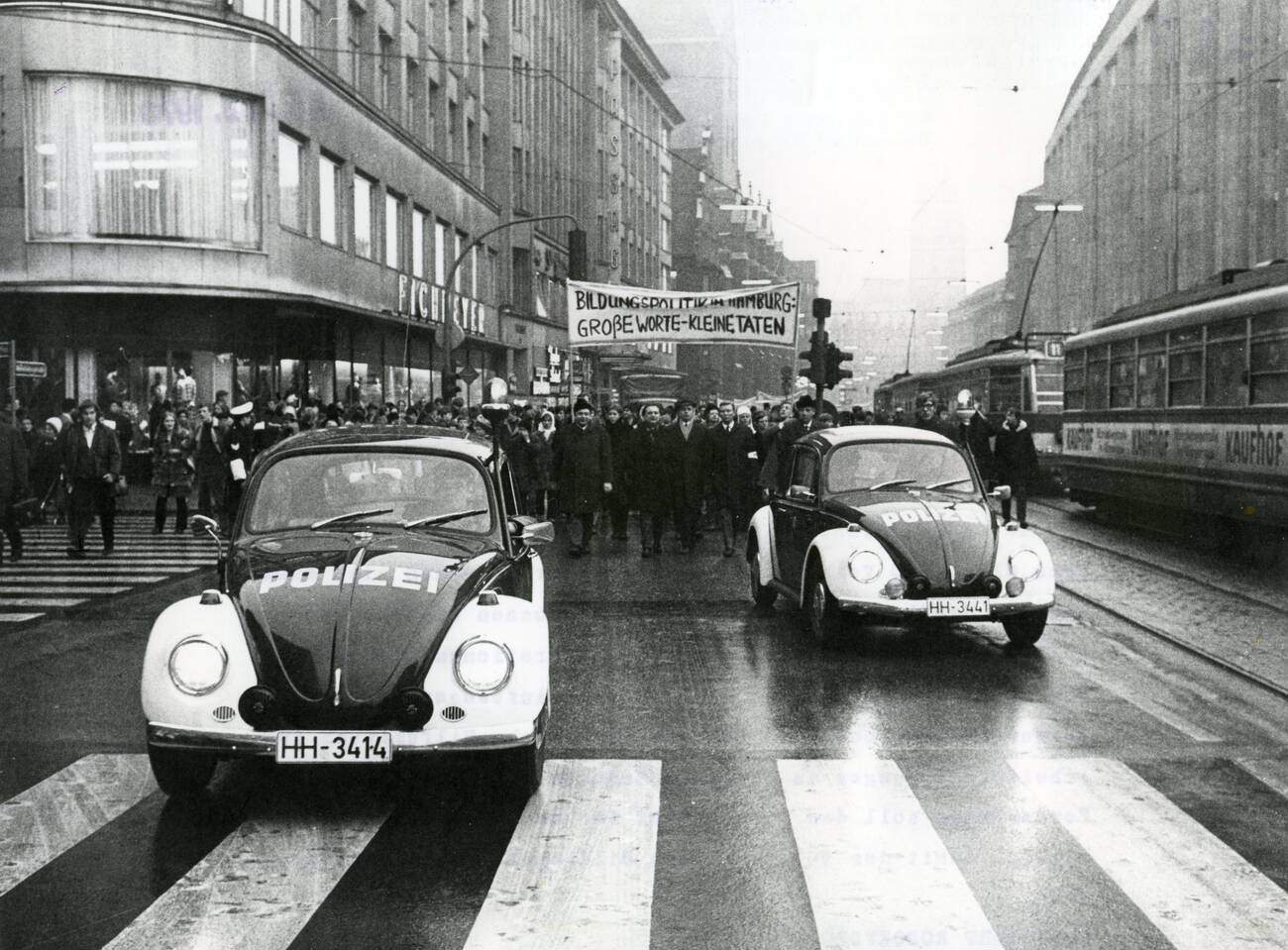
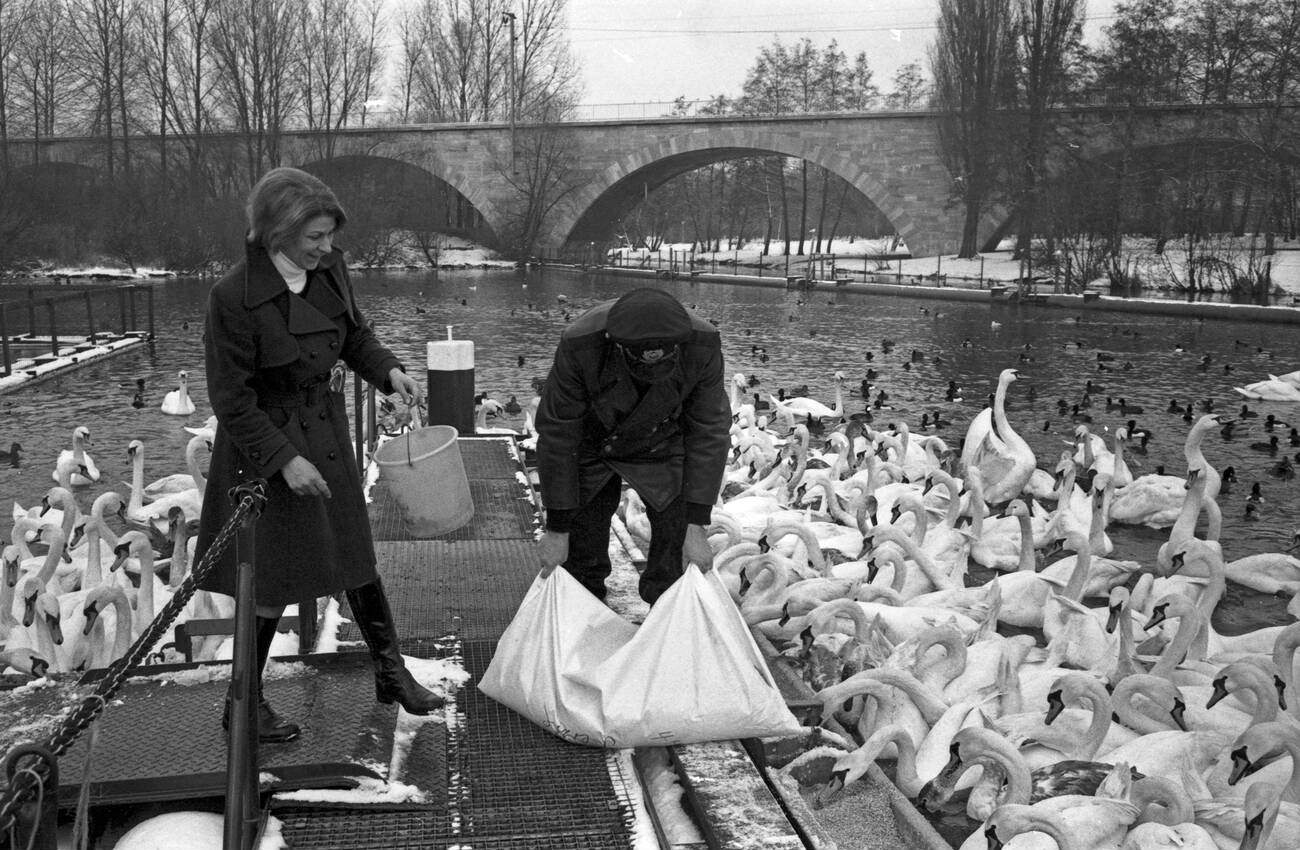
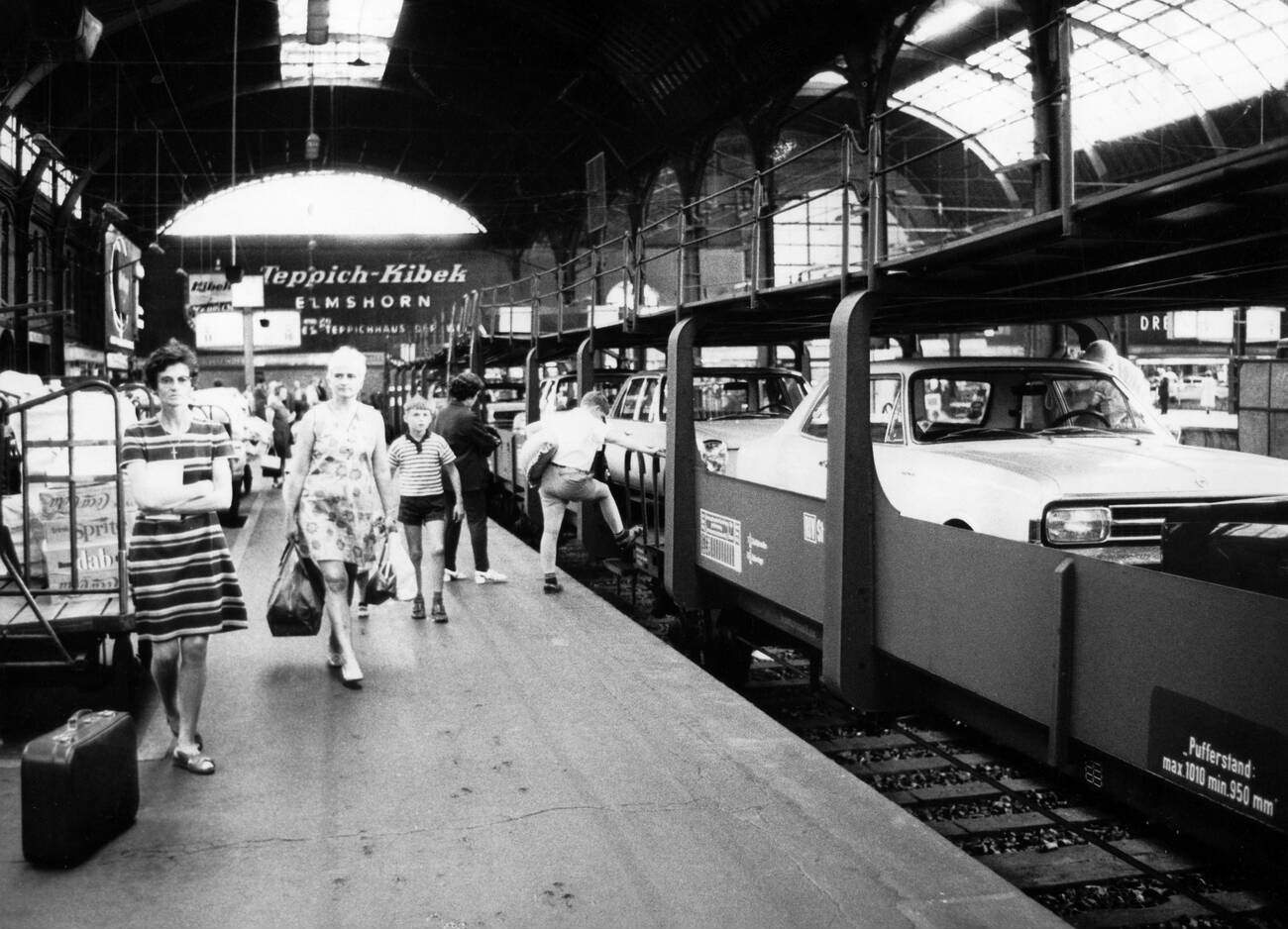
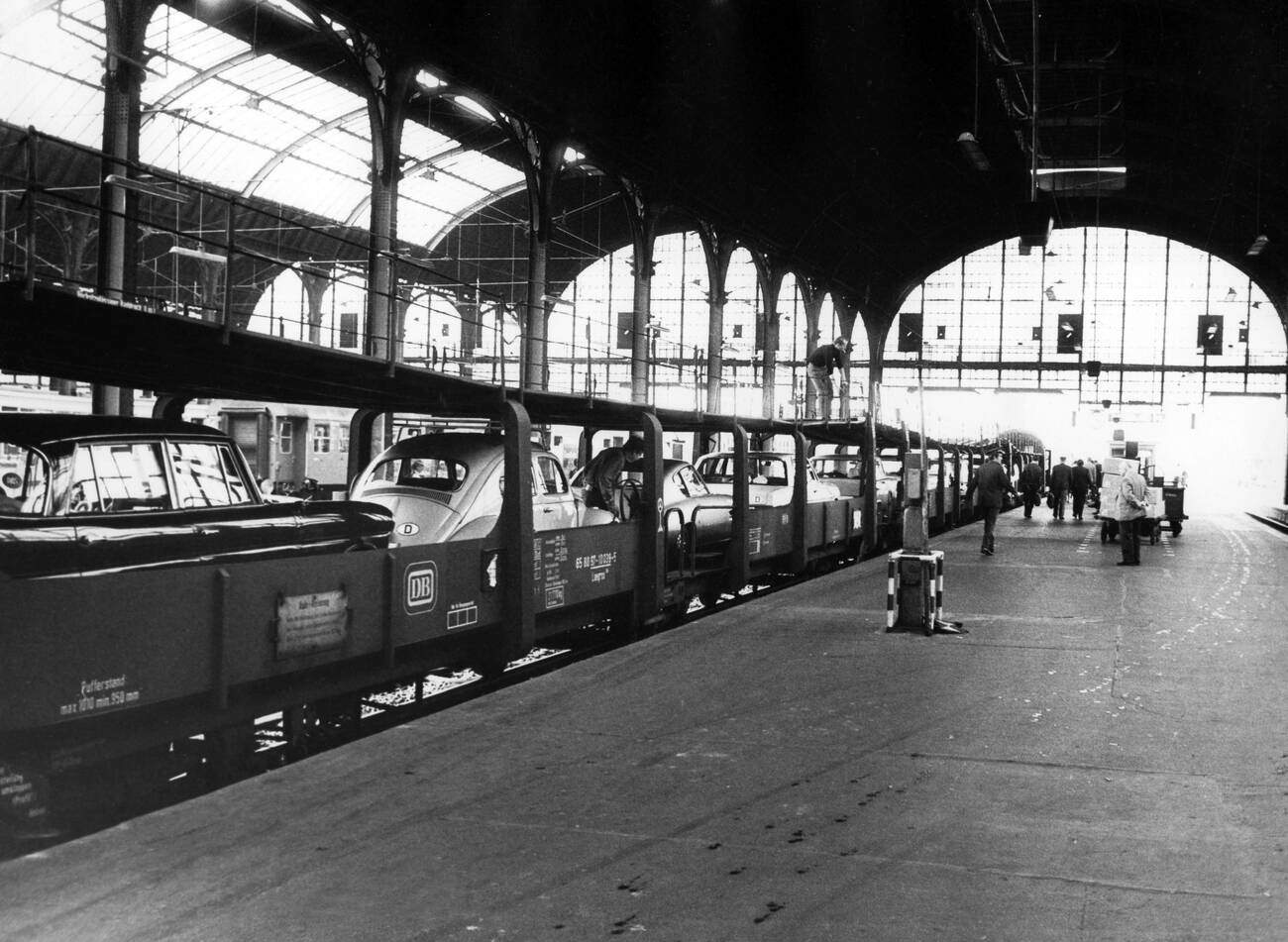
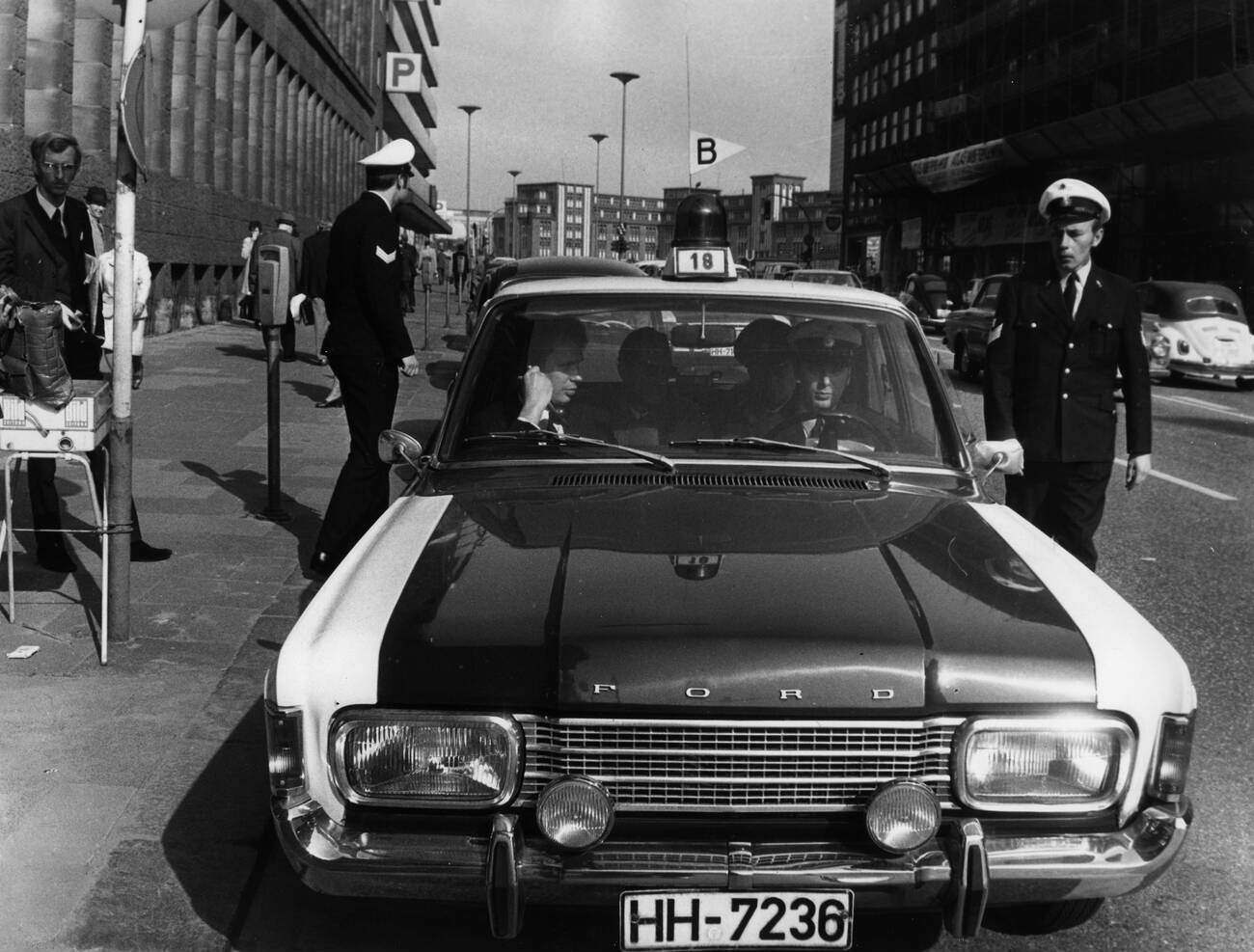
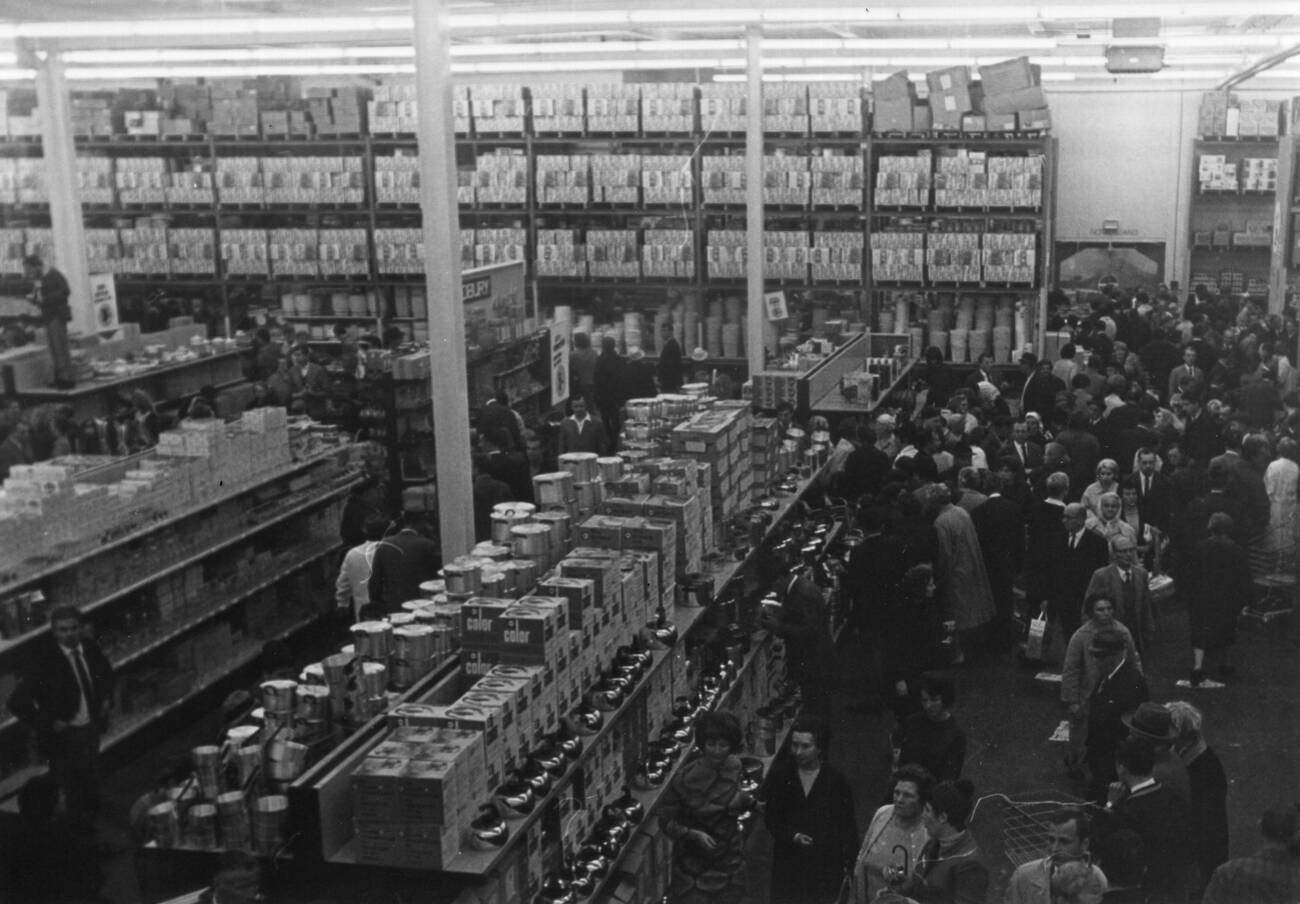
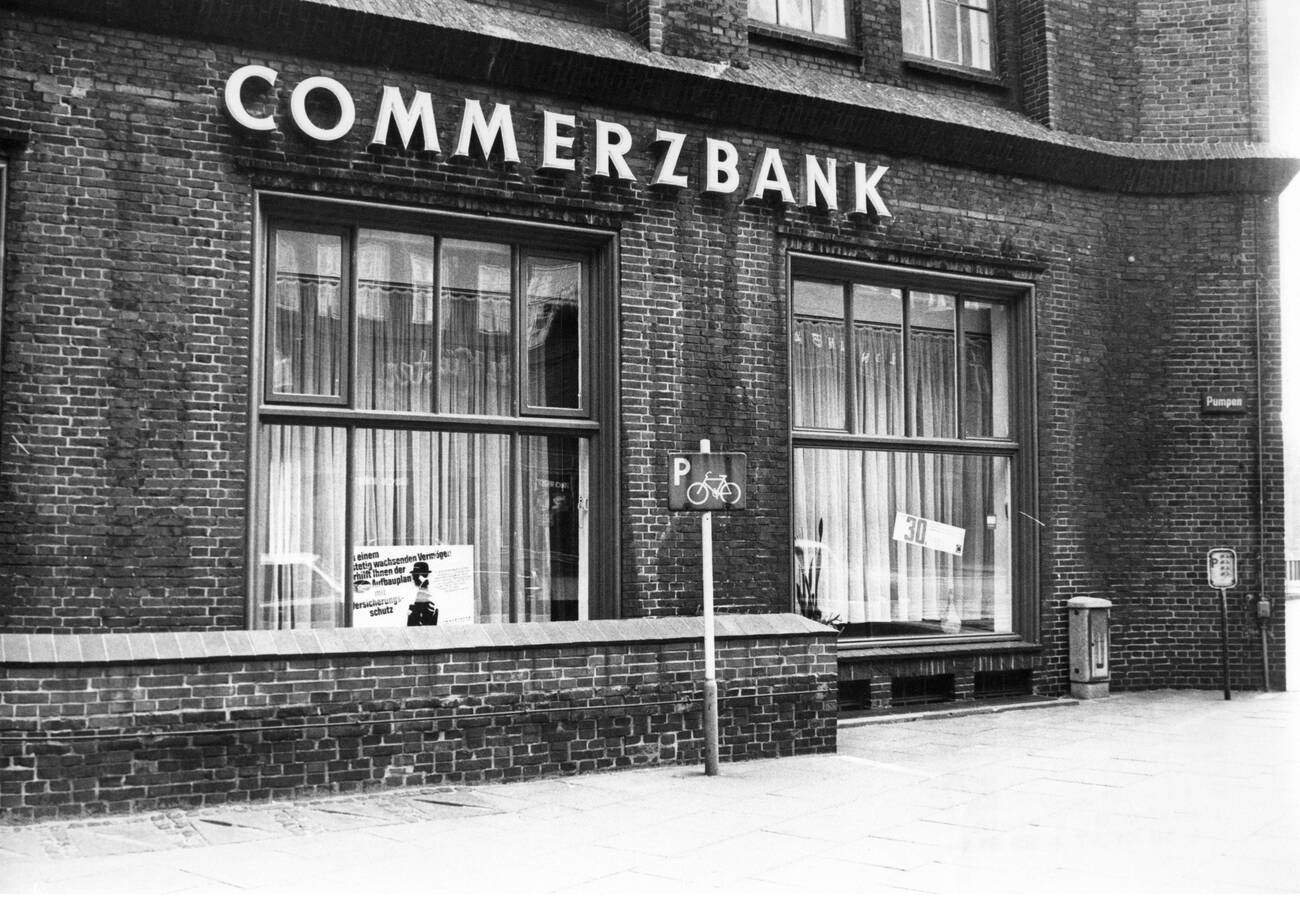
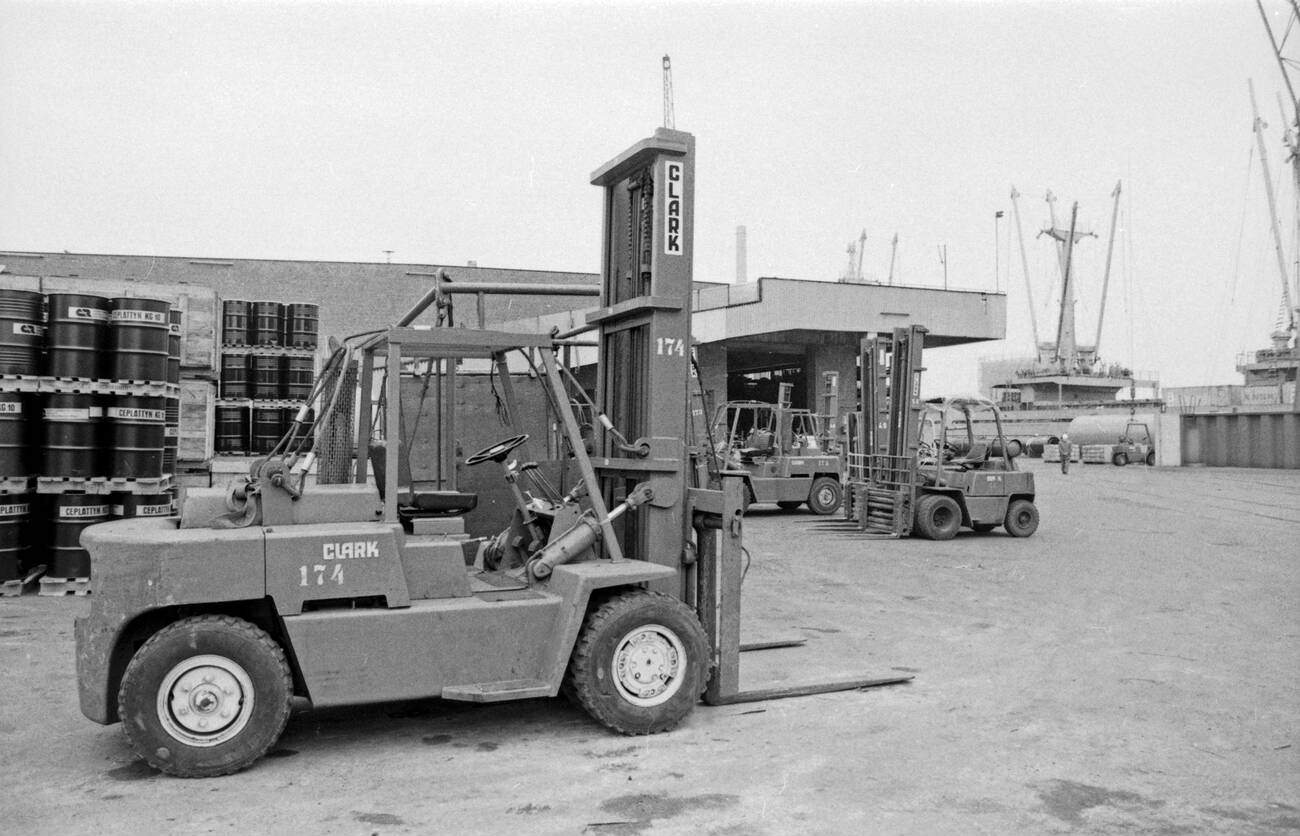
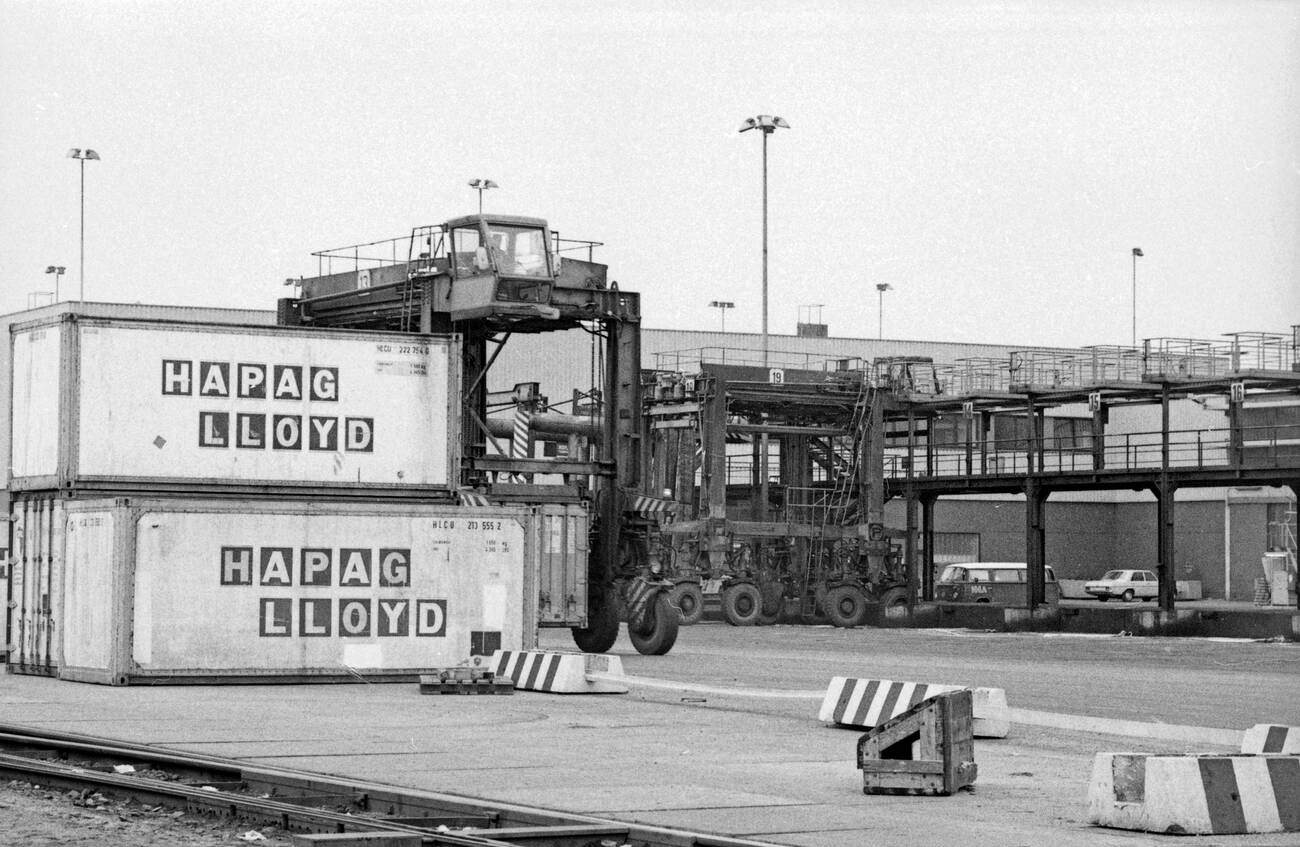
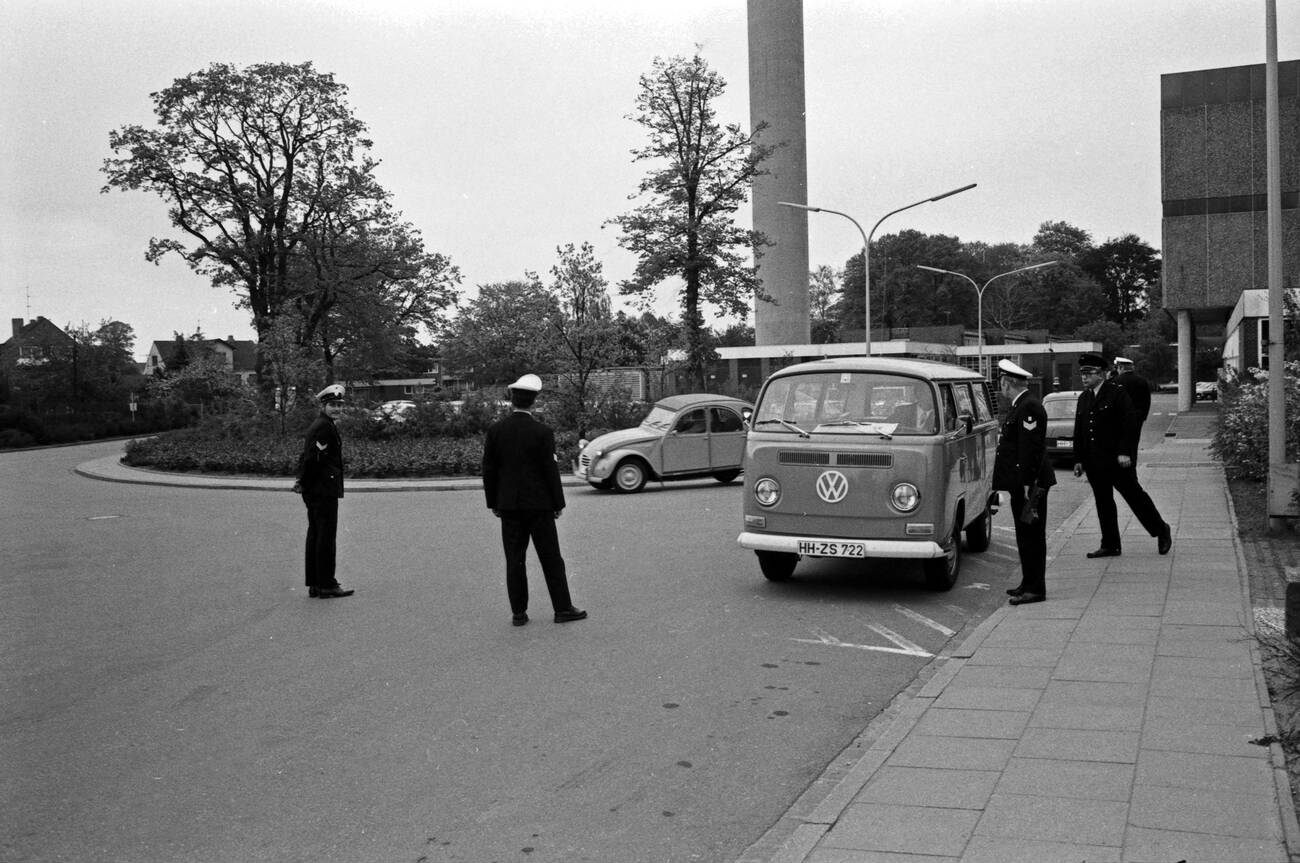
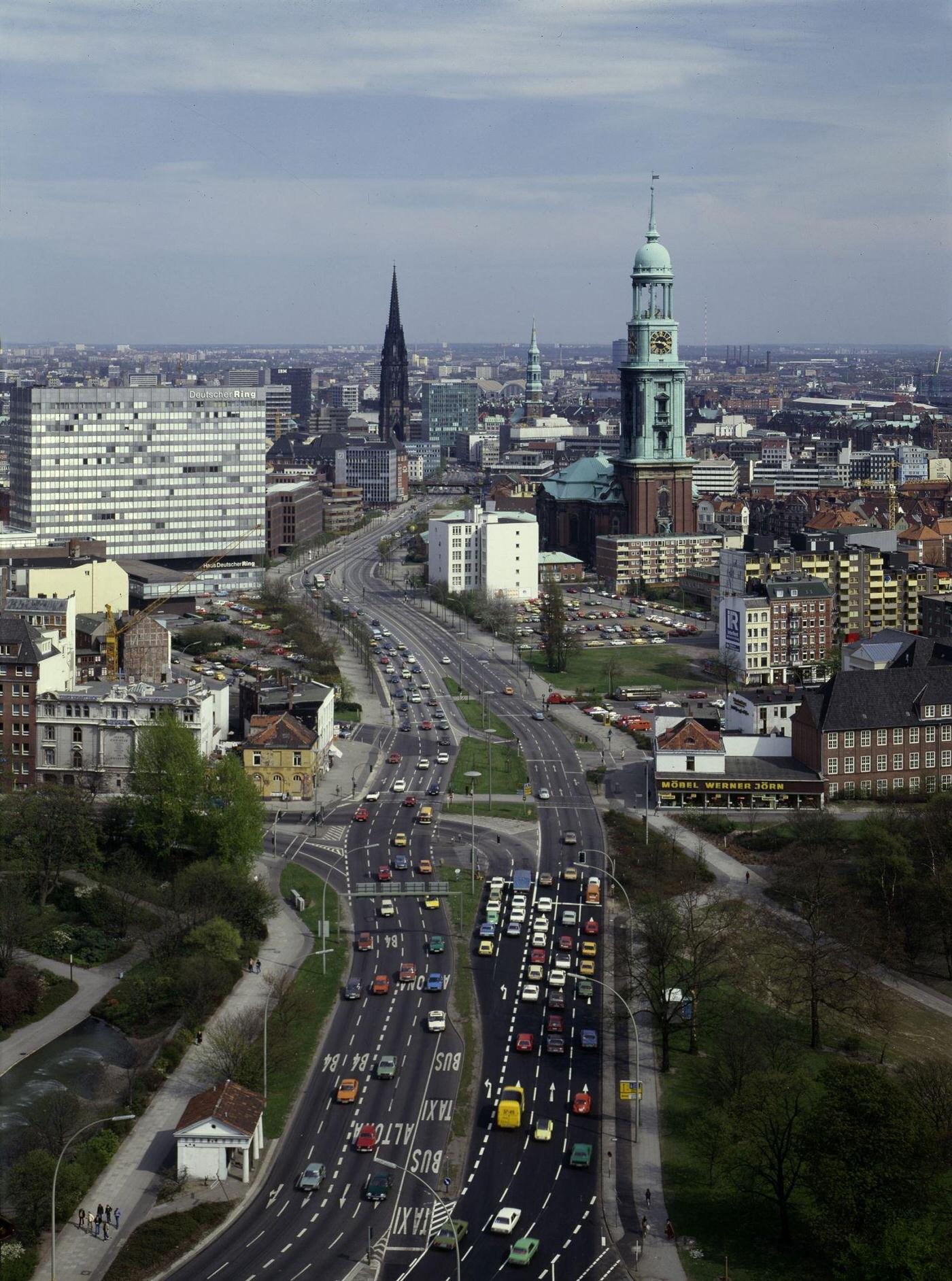
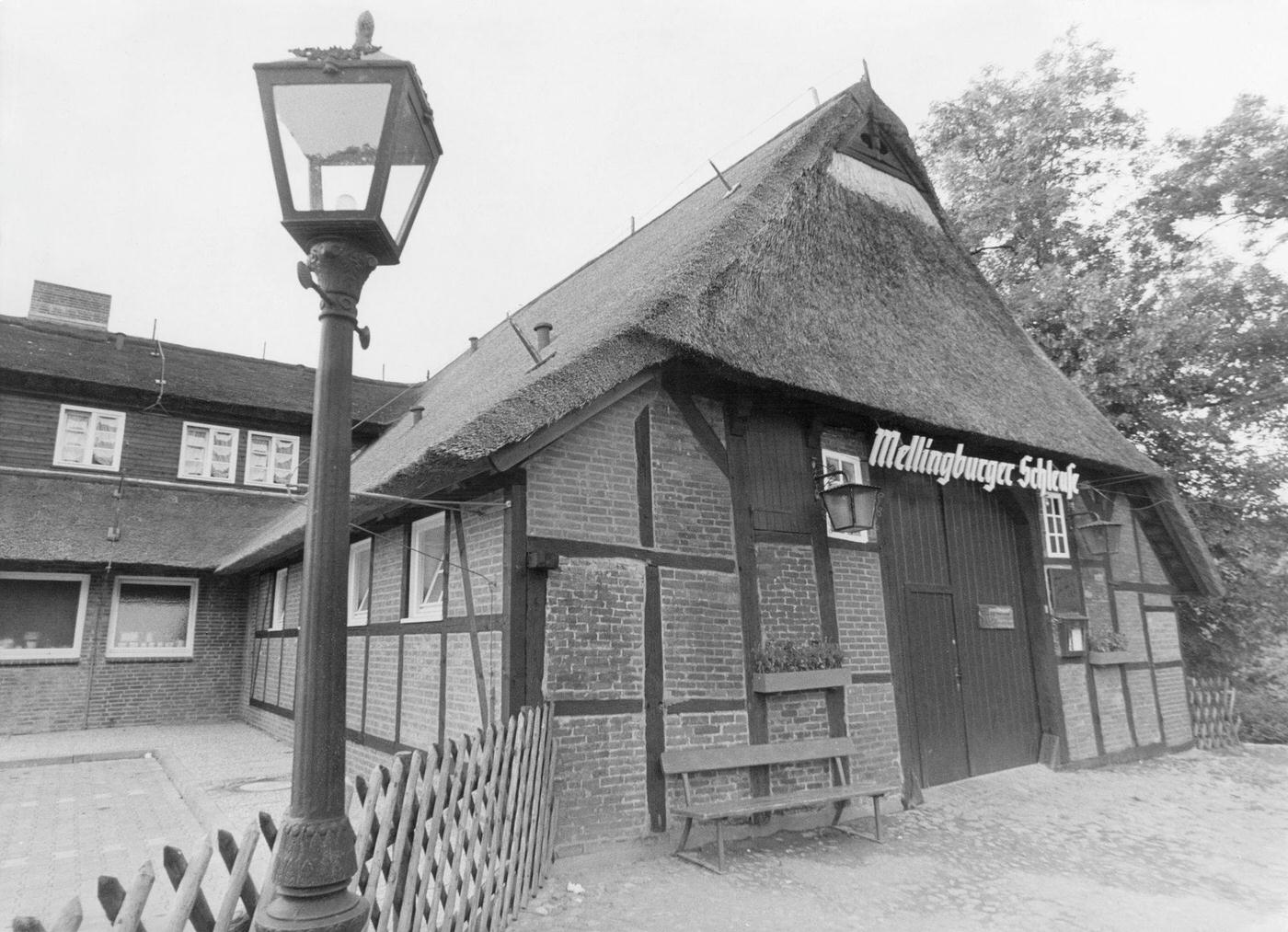
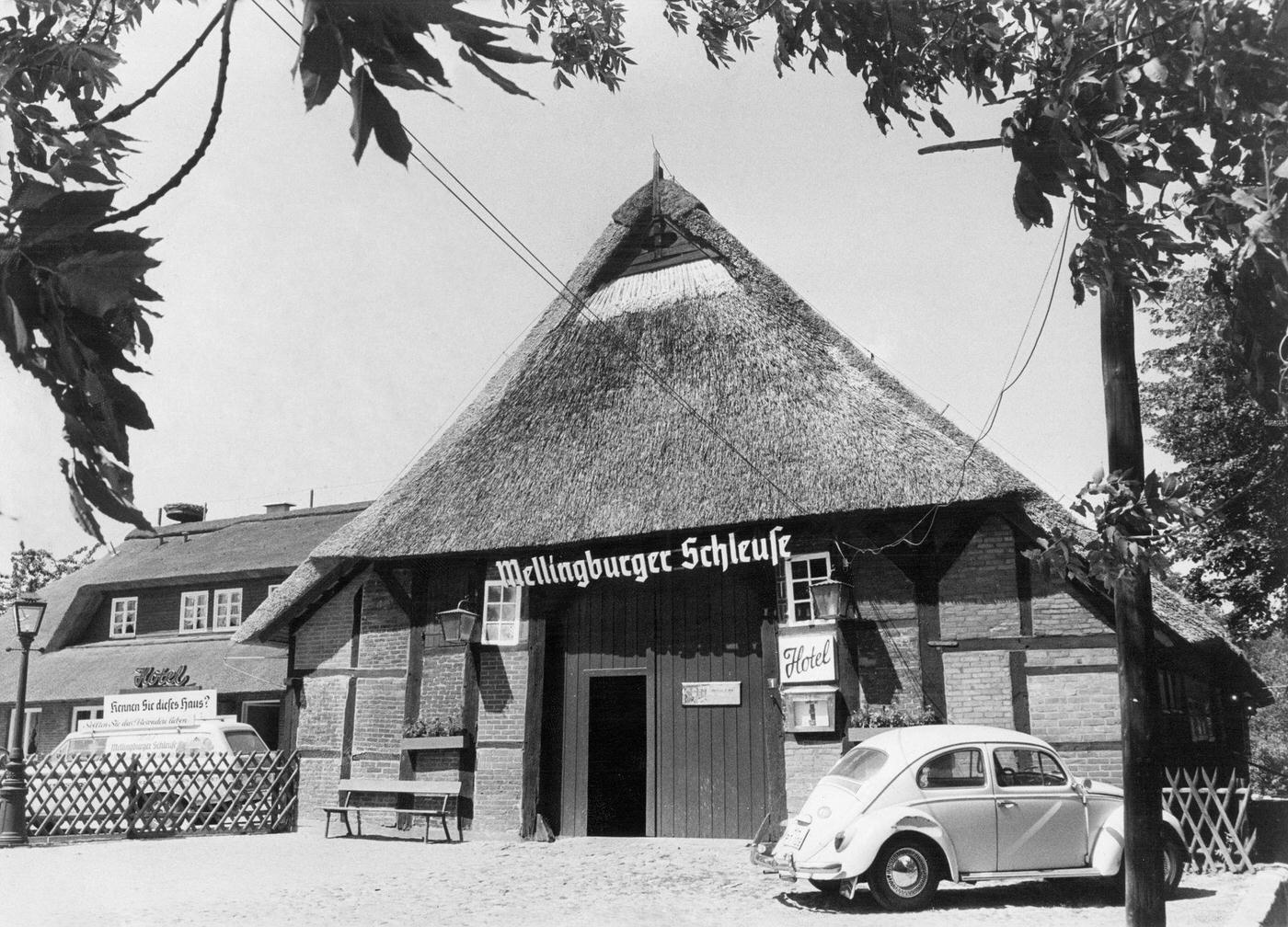
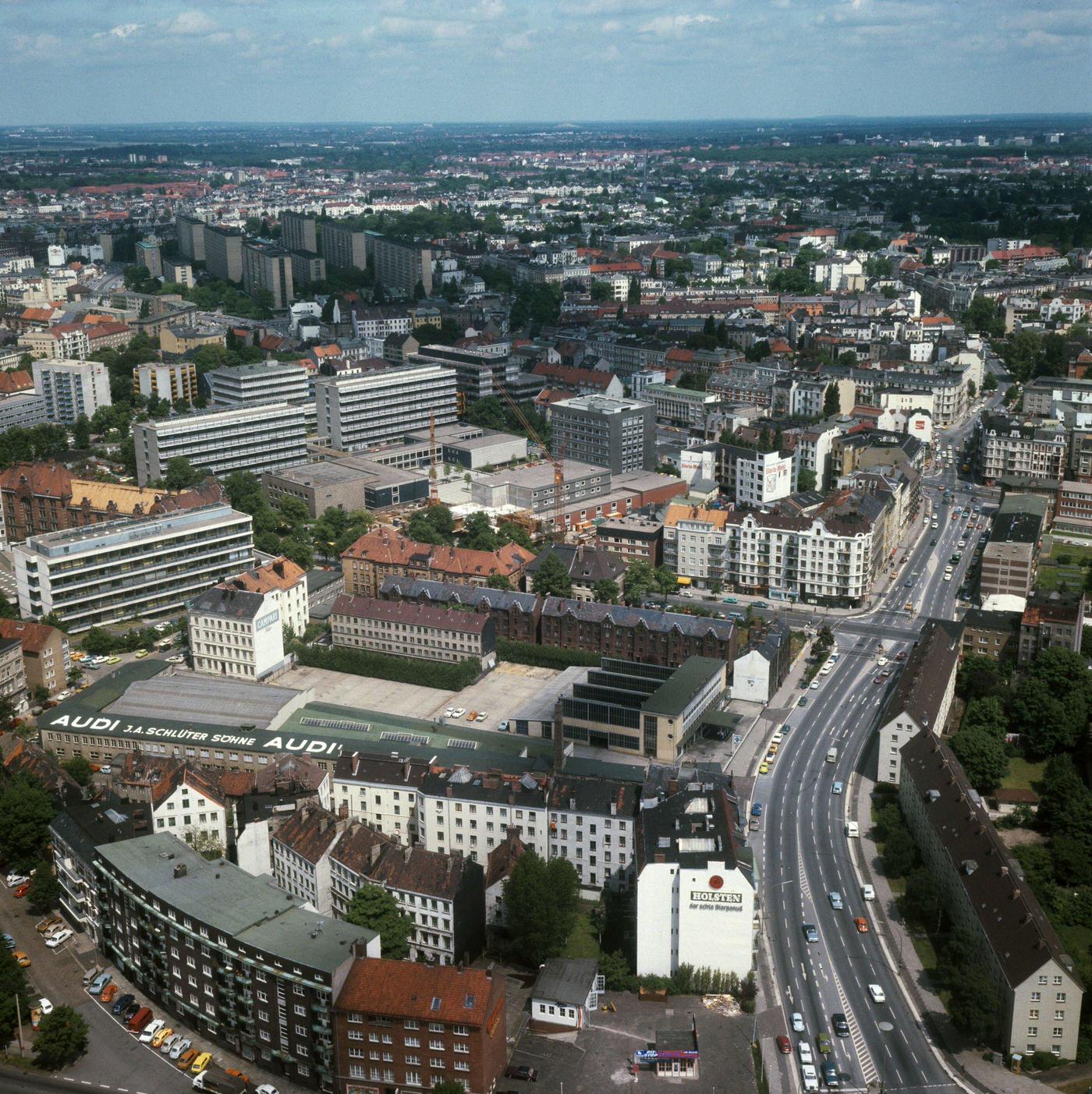
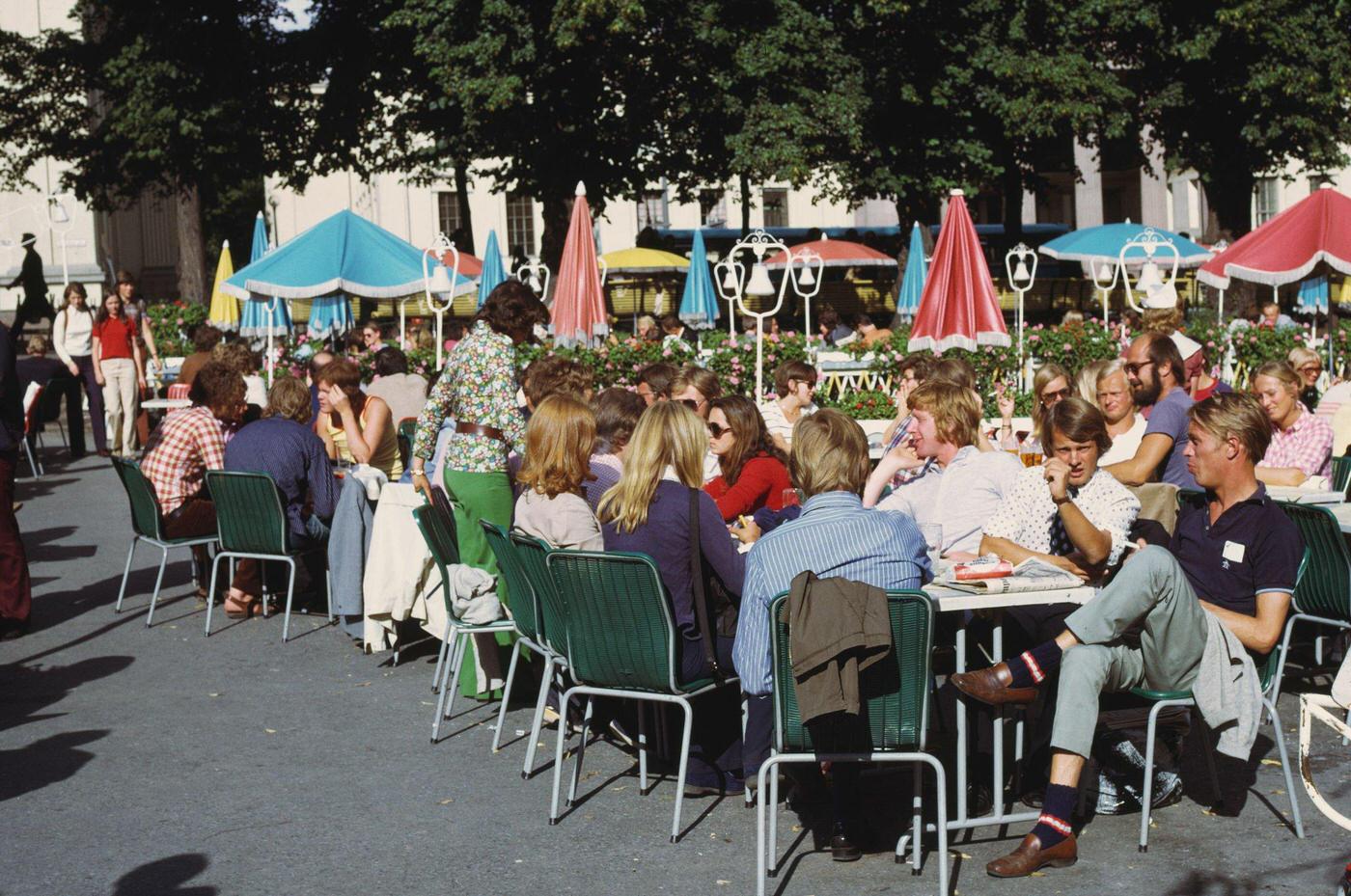
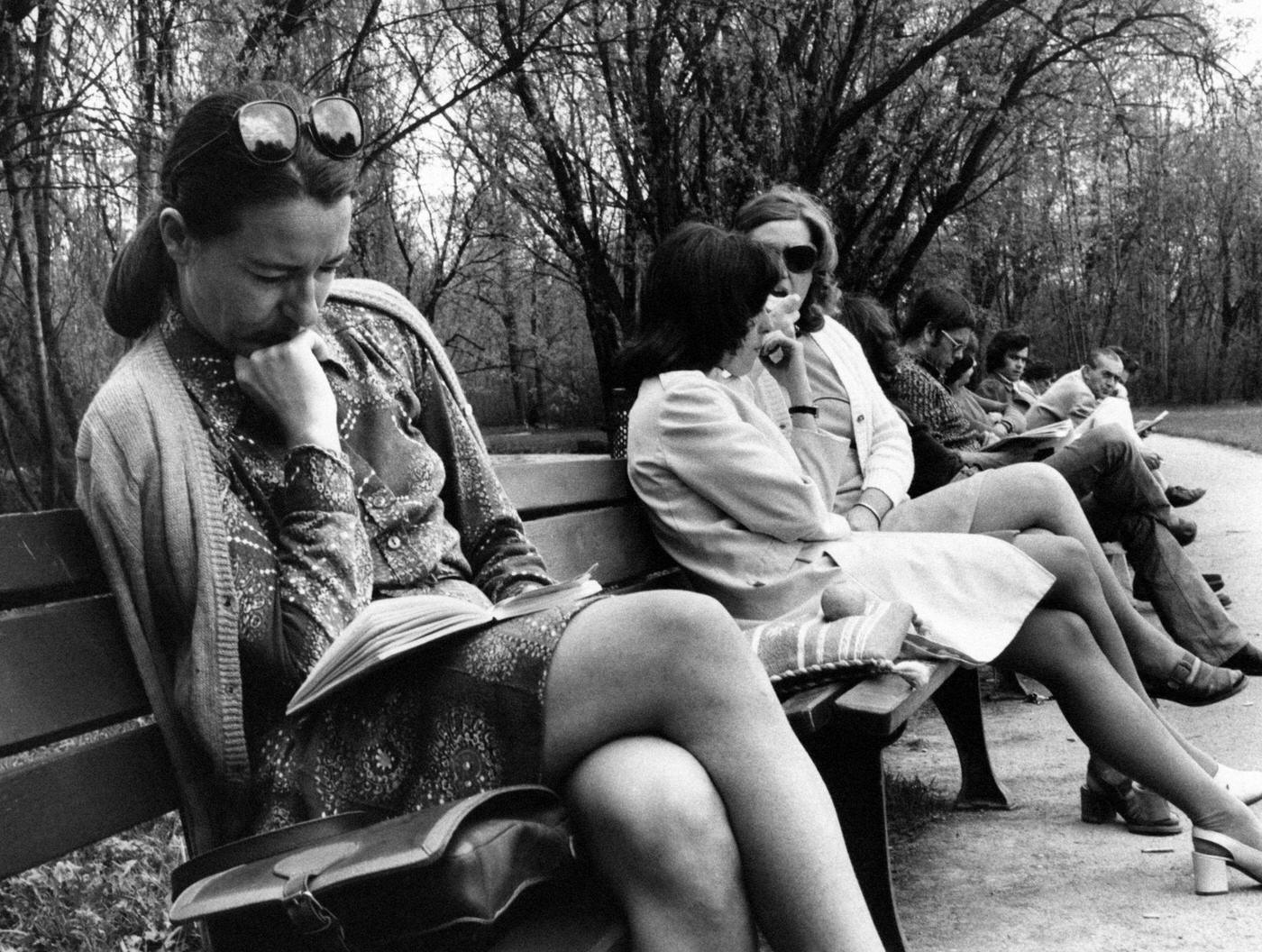
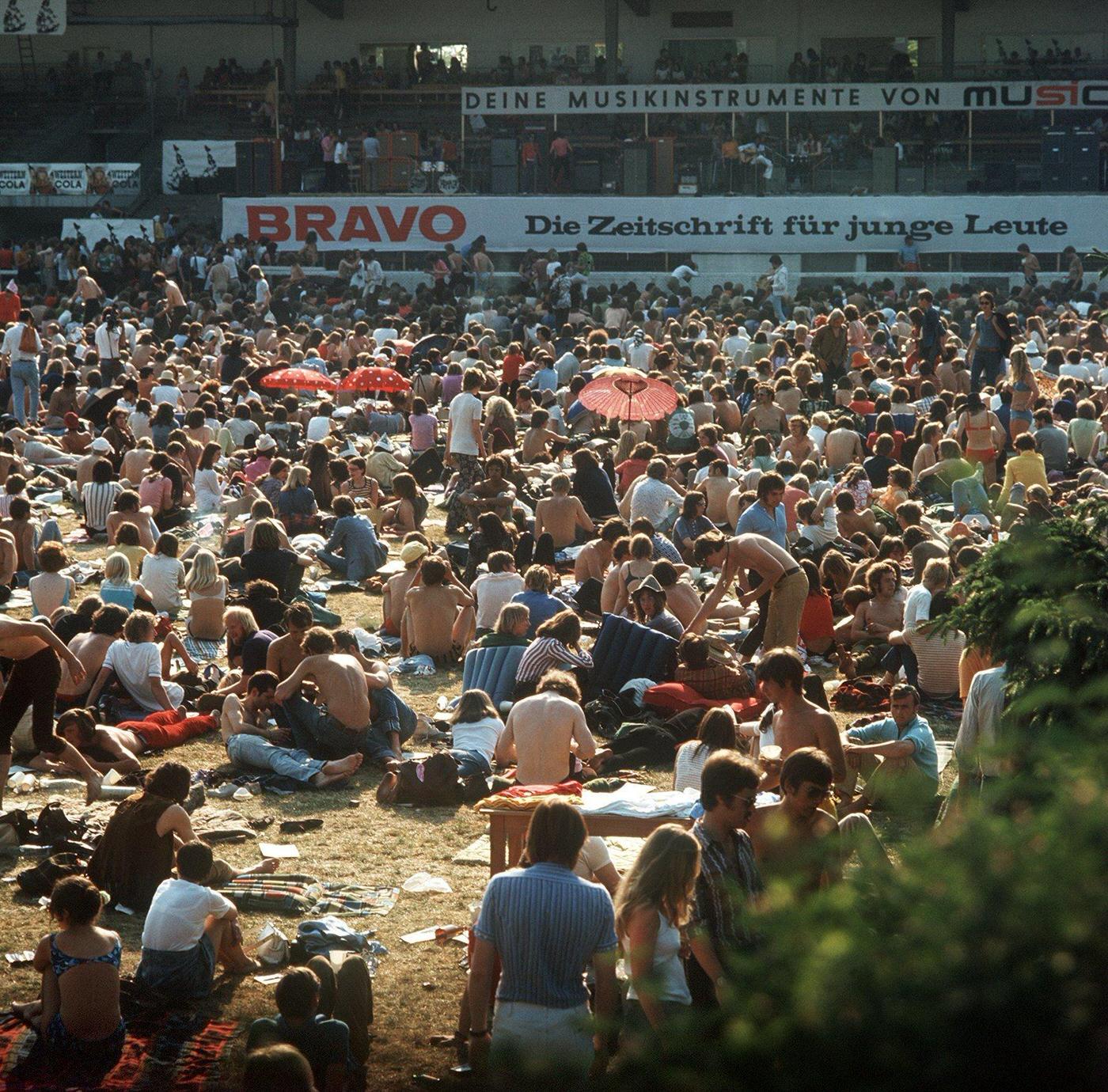
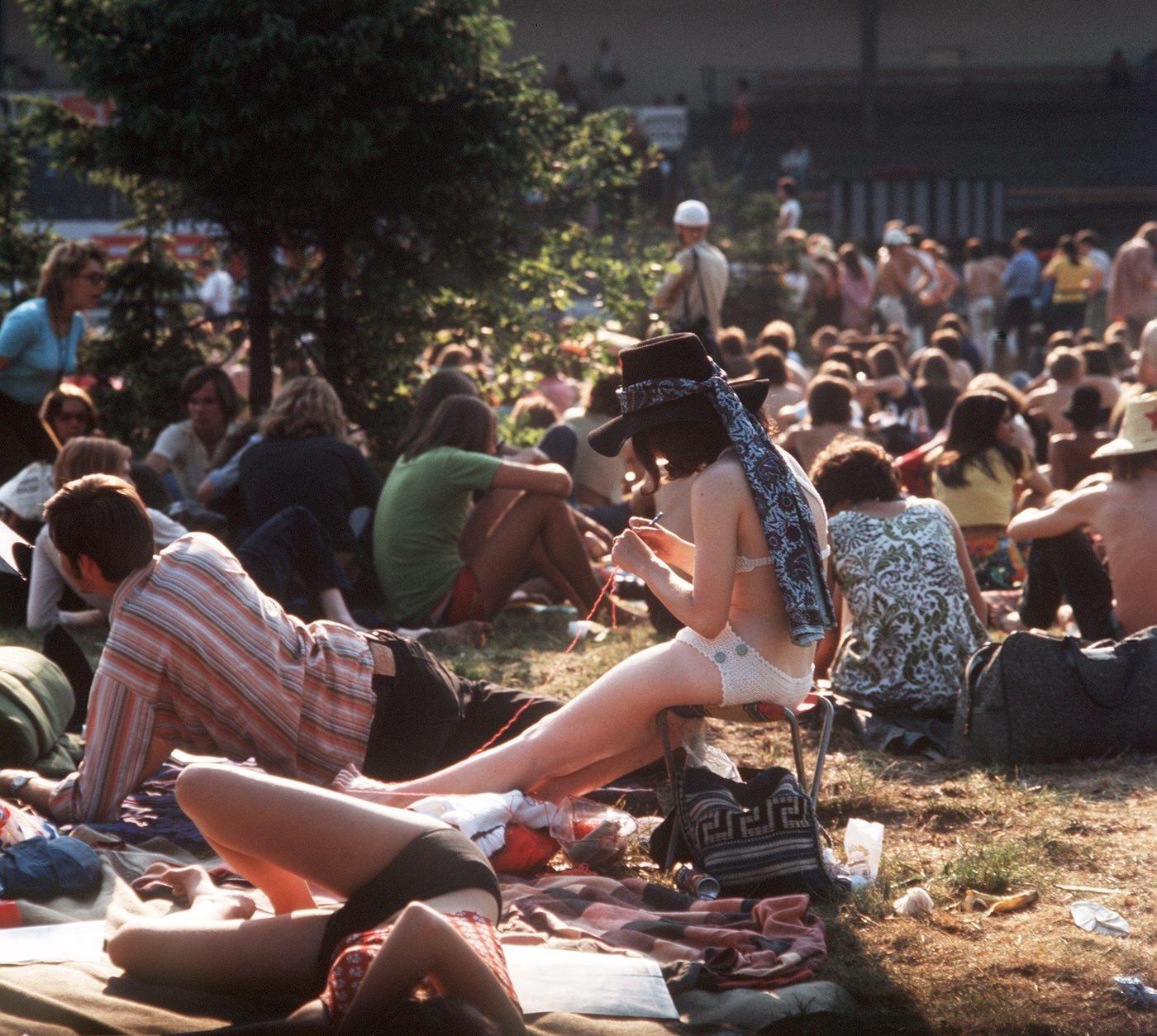
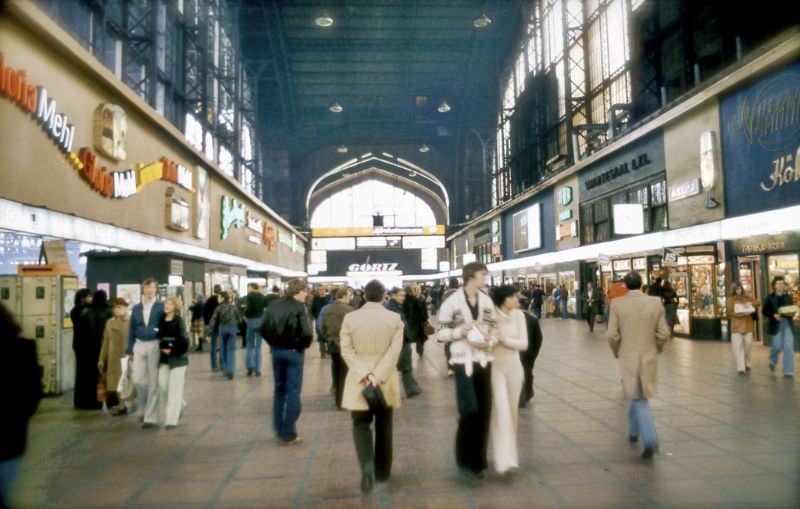
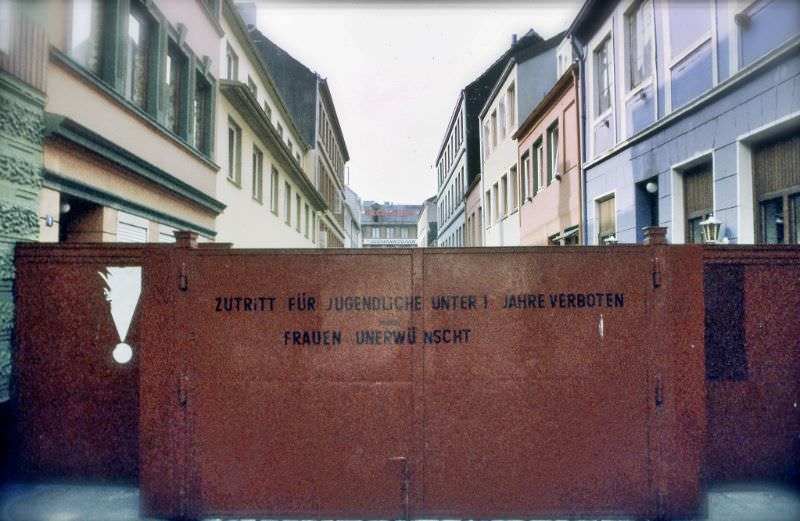
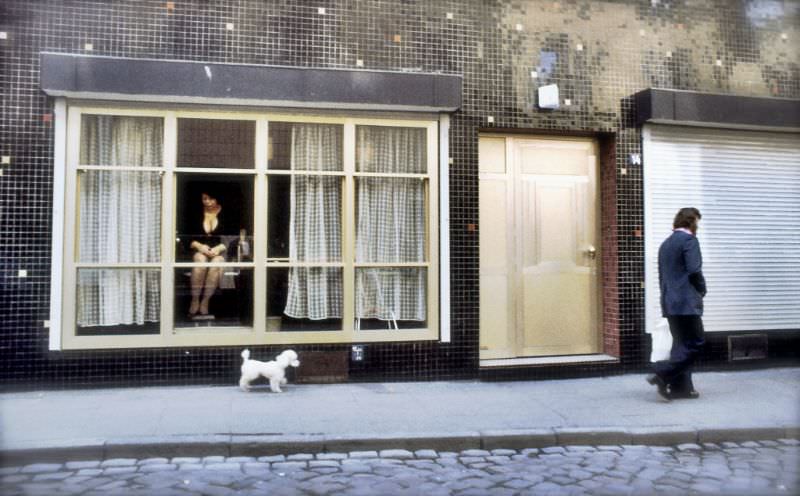
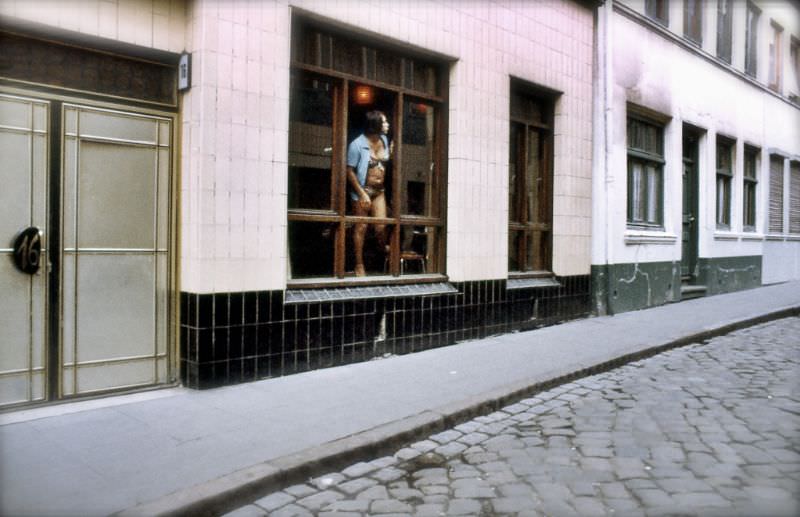
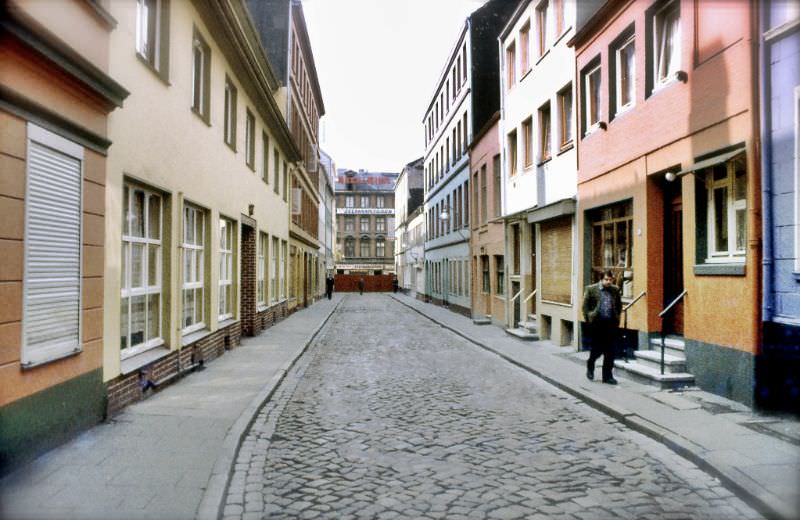
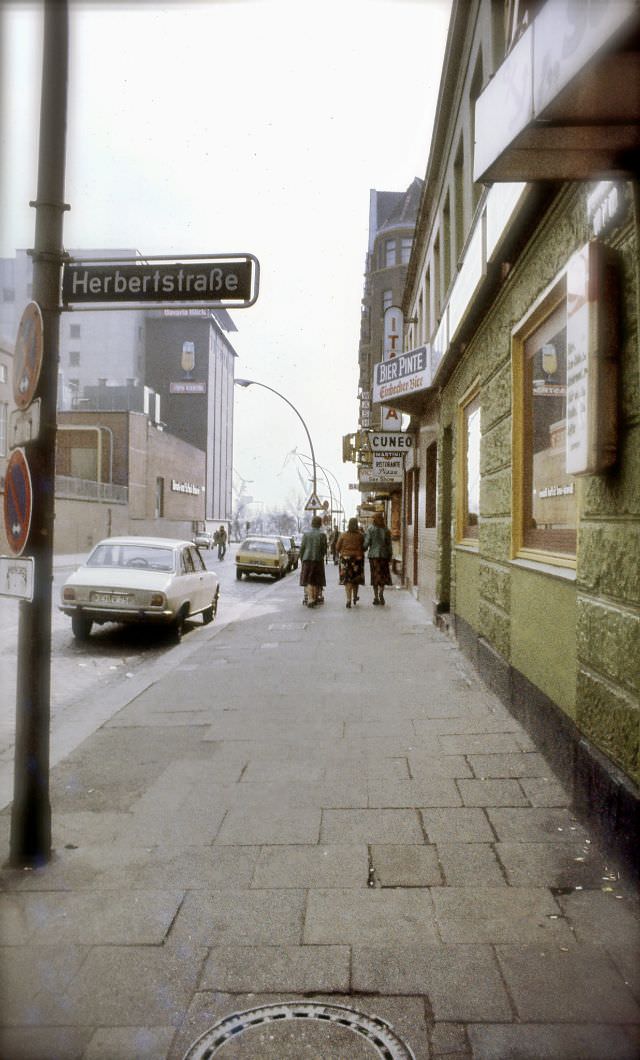
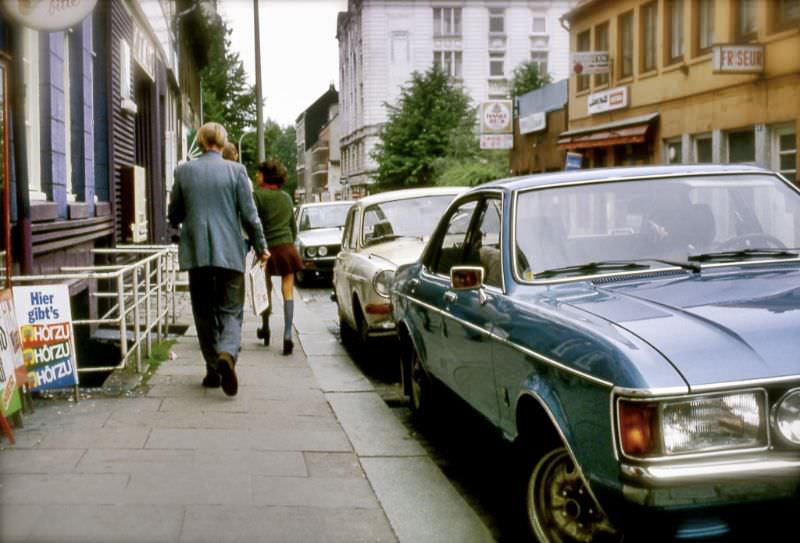
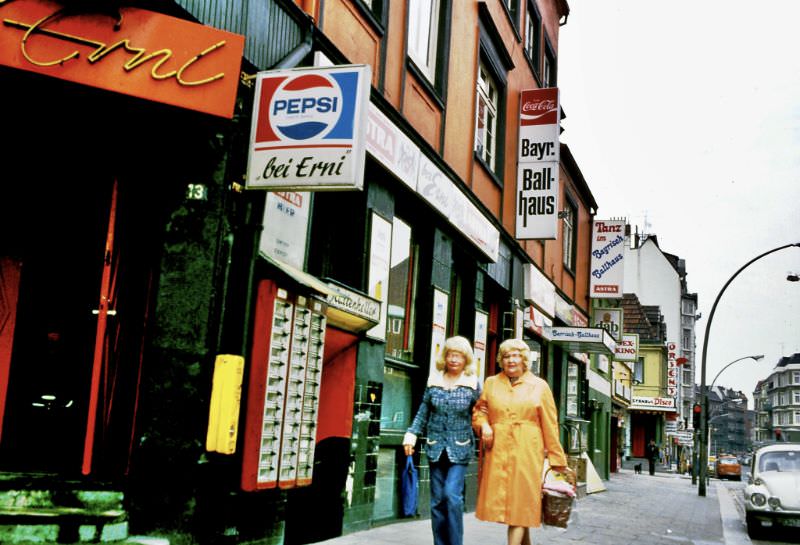
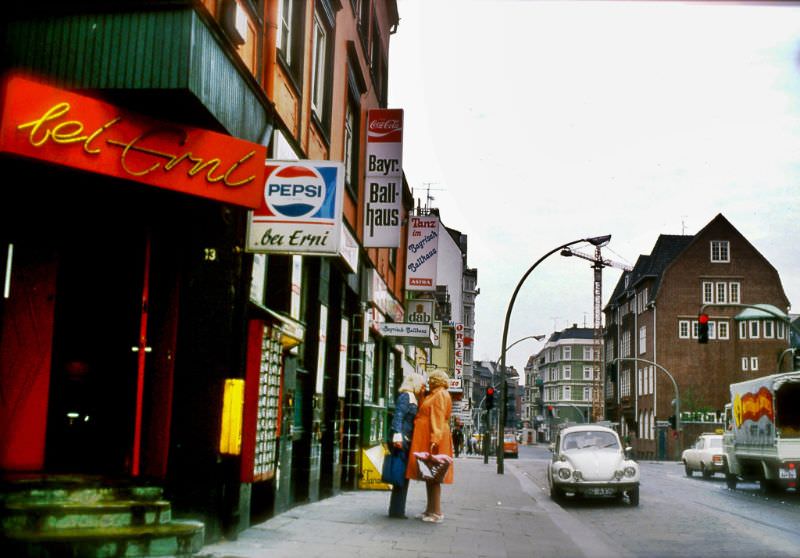
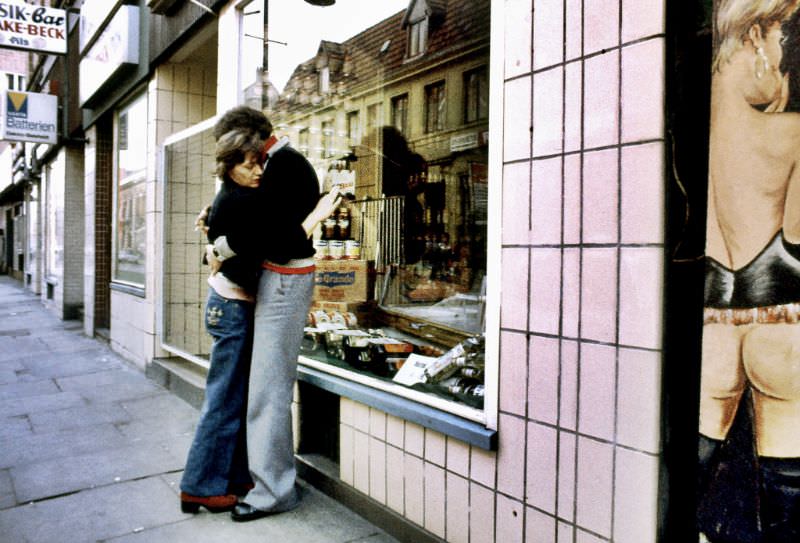
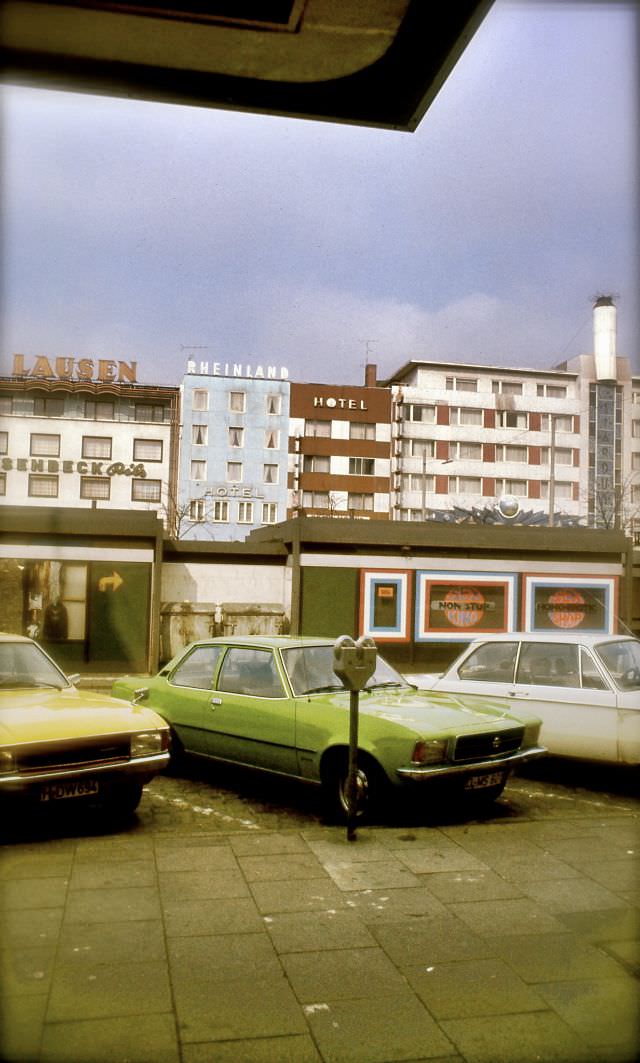
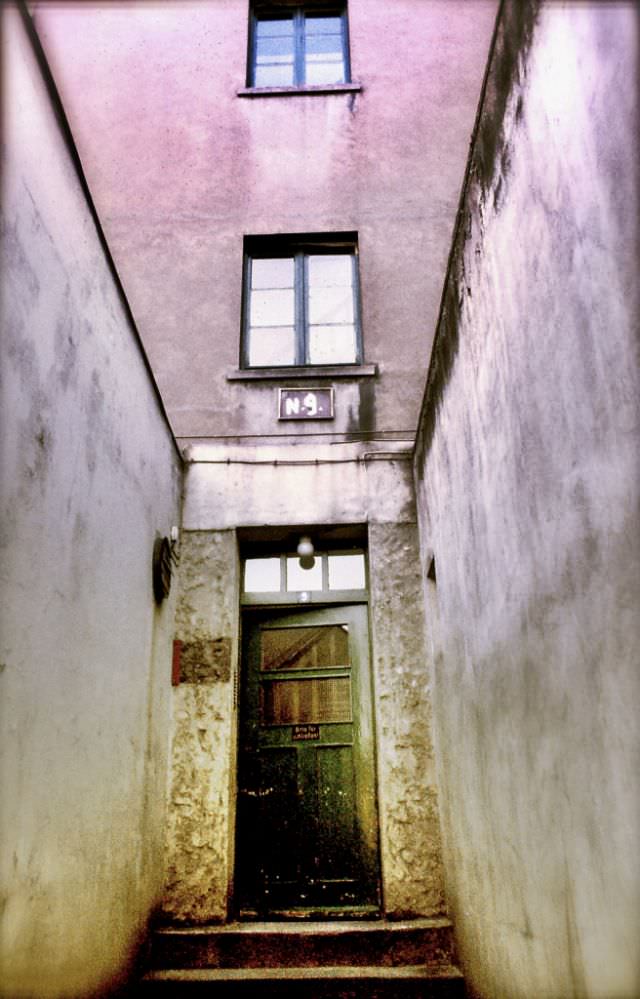
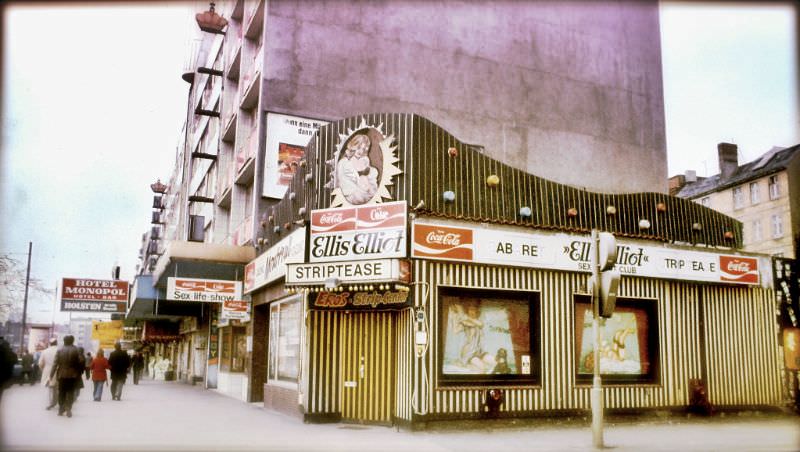
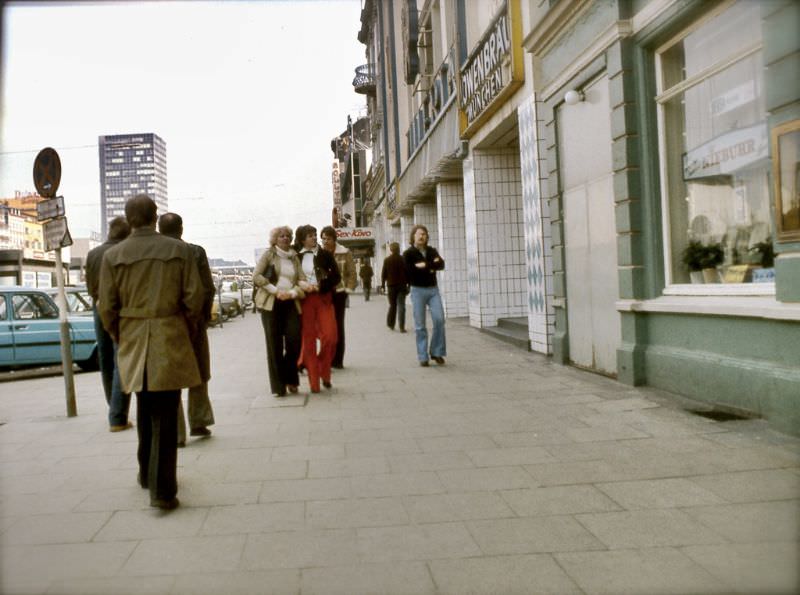
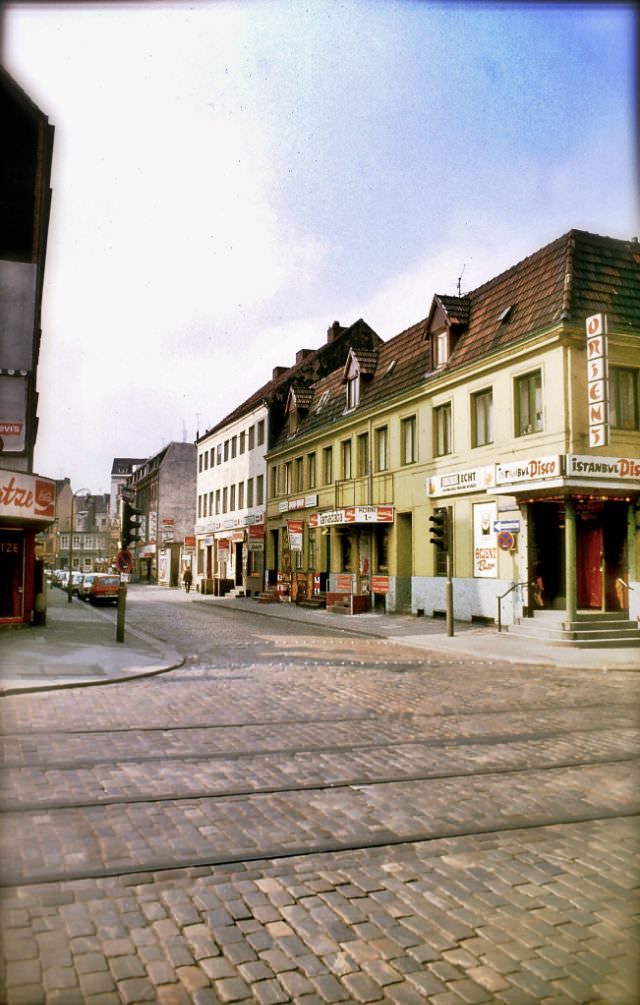
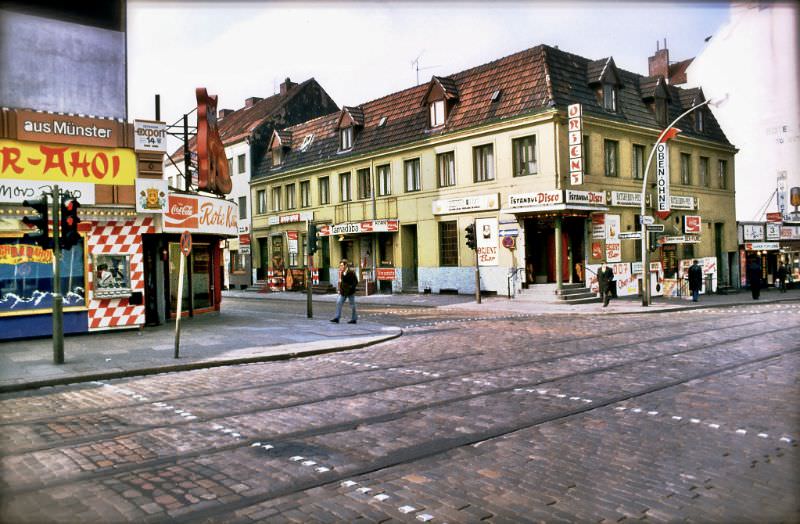
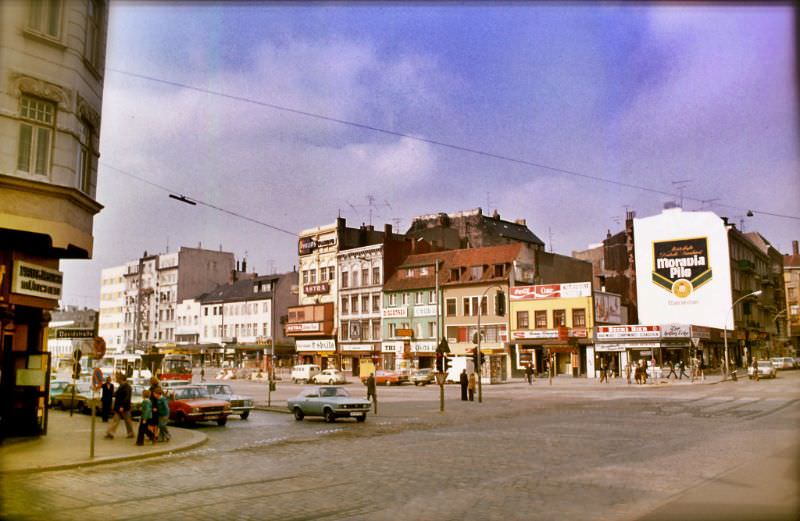
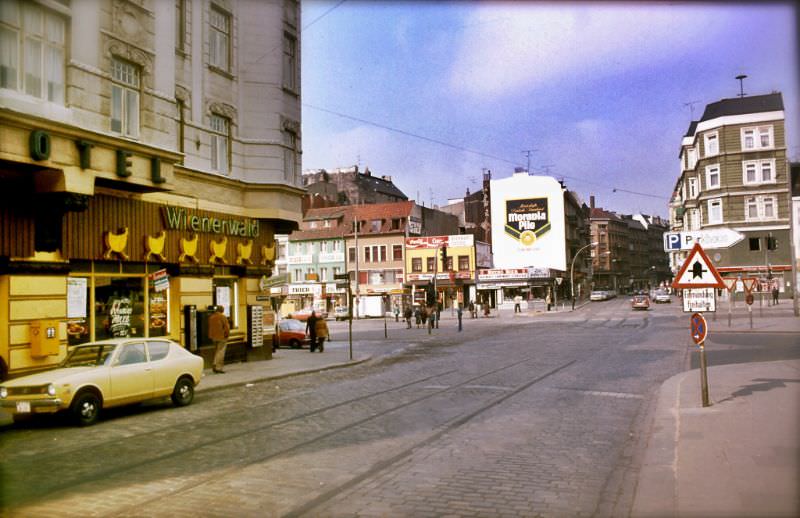
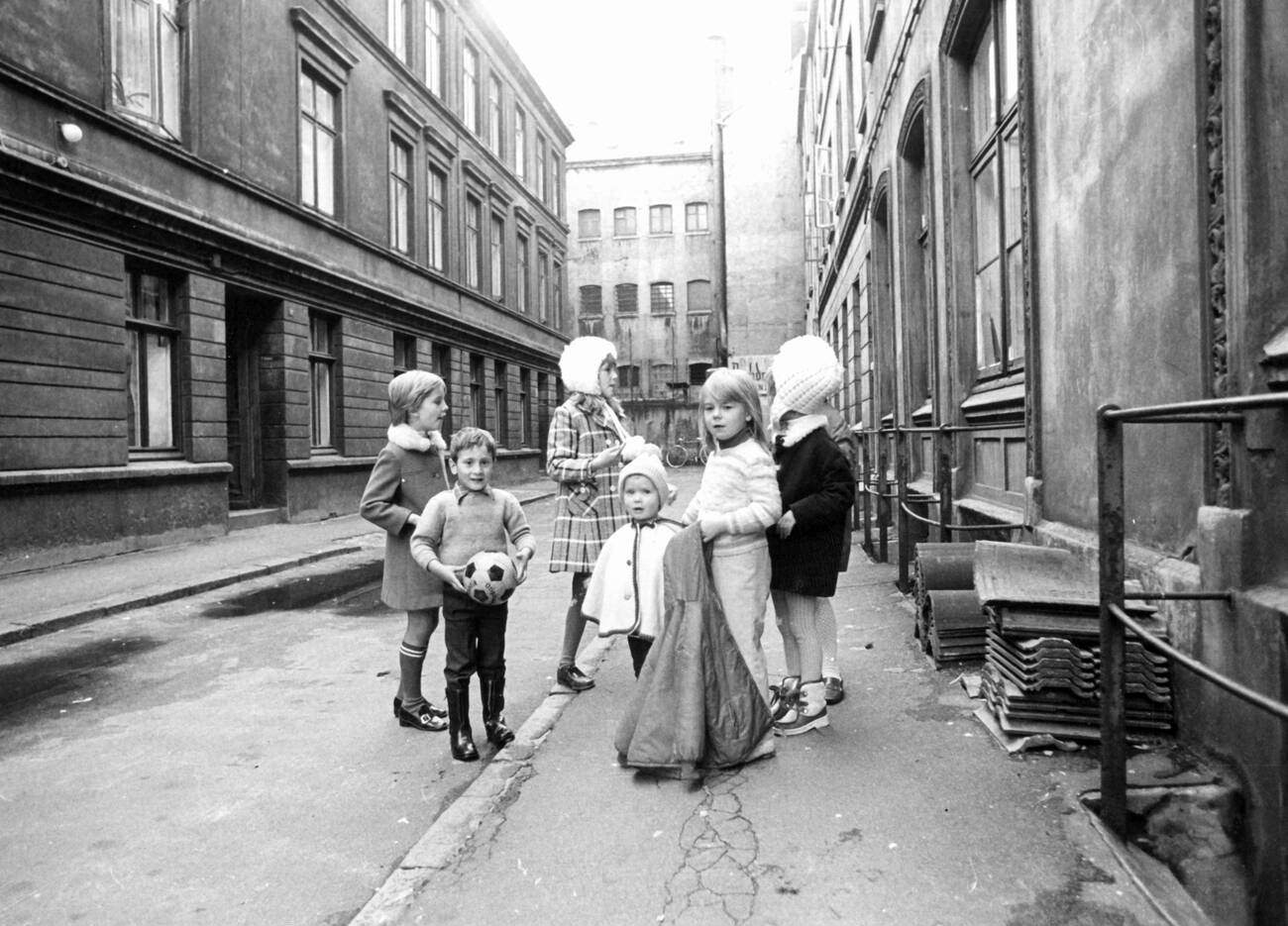
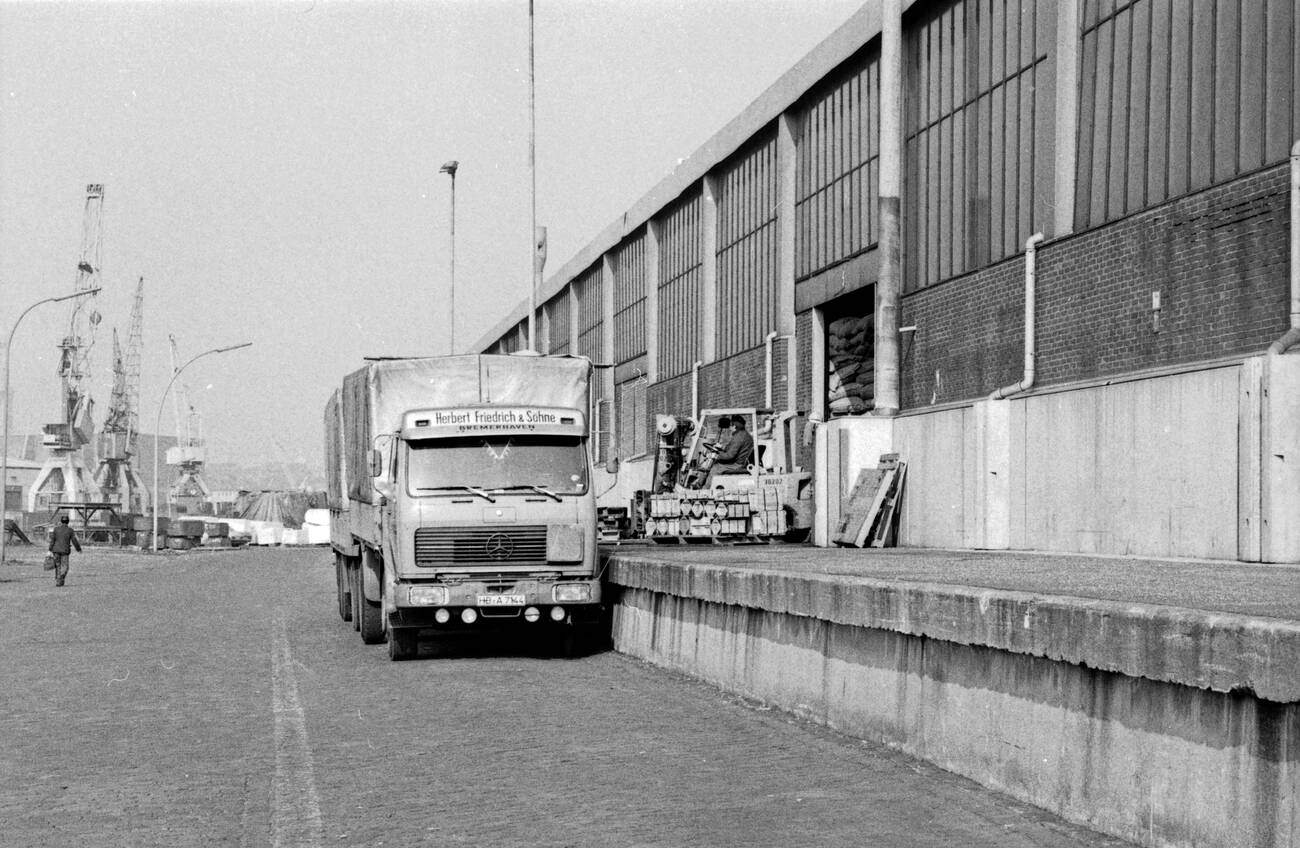
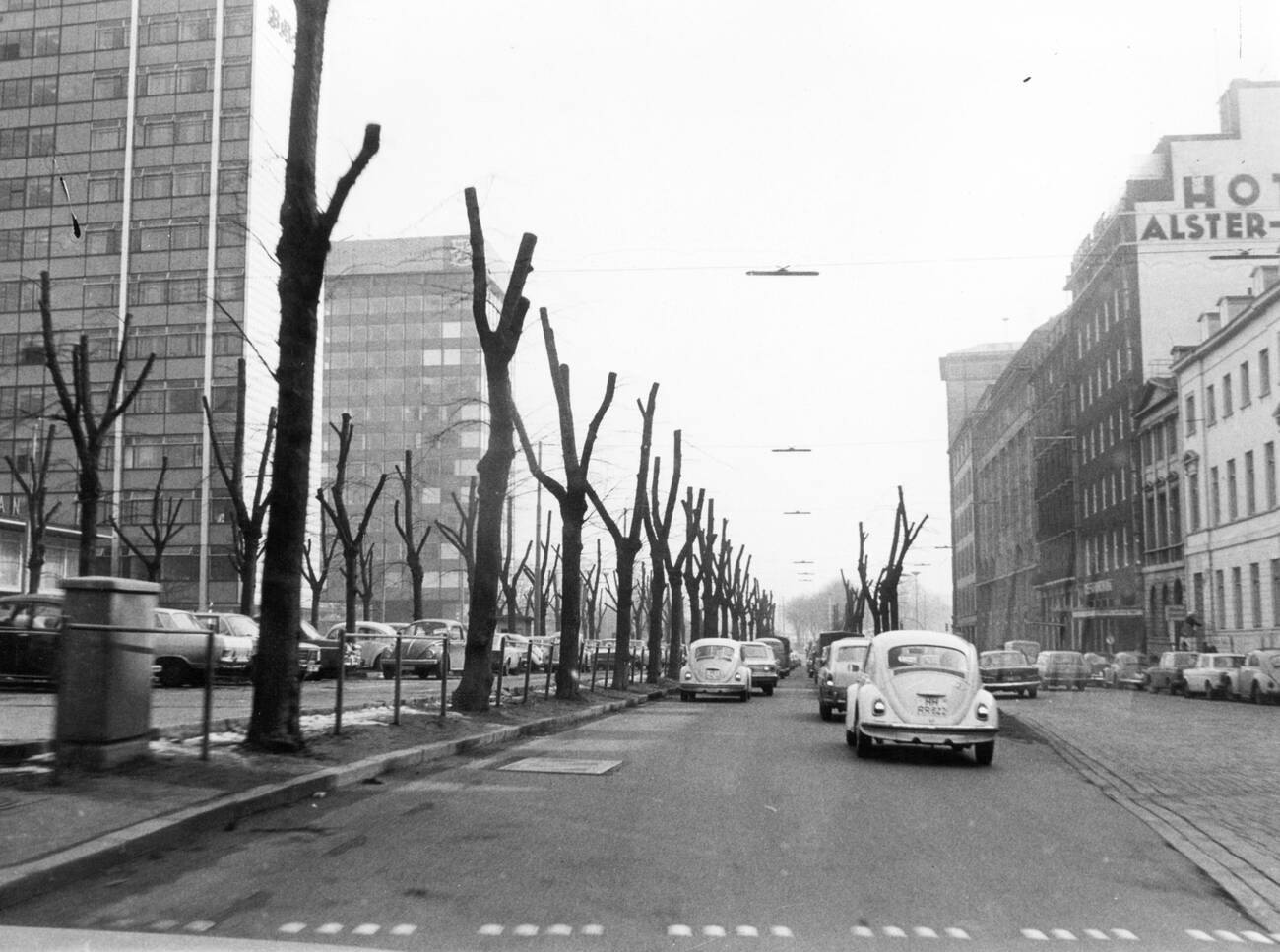

I like how apparently the Philips advertisement is at exactly the same spot at Hauptbahnhof for almost half a century
Hamburg in the 70s? Man, cars basically…
Weirdly focused on cars, but some interesting pics
Got some from the early 1900’s showing off the harbour, Elbe in general, the Area around Landungsbrücken and also where the Elbphilharmonie stands today.
Anyone have old photos of Elbschlosskeller?
Kannst ein Bild von heute nehmen. Da hat sich nichts verändert über die Jahrzehnte.
Fuck cars. So much of beautiful Hamburg is still a parking lot. Jungfernstieg is a good example of the city becoming more livable as they remove traffic.
I do agree 100 percent! Sadly, this car centric thinking is still dominant in city planning or at least was until very recently. It’s a damn shame that a majority puts car friendly streets and parking lots before liveable, walkable and bike-able approaches..